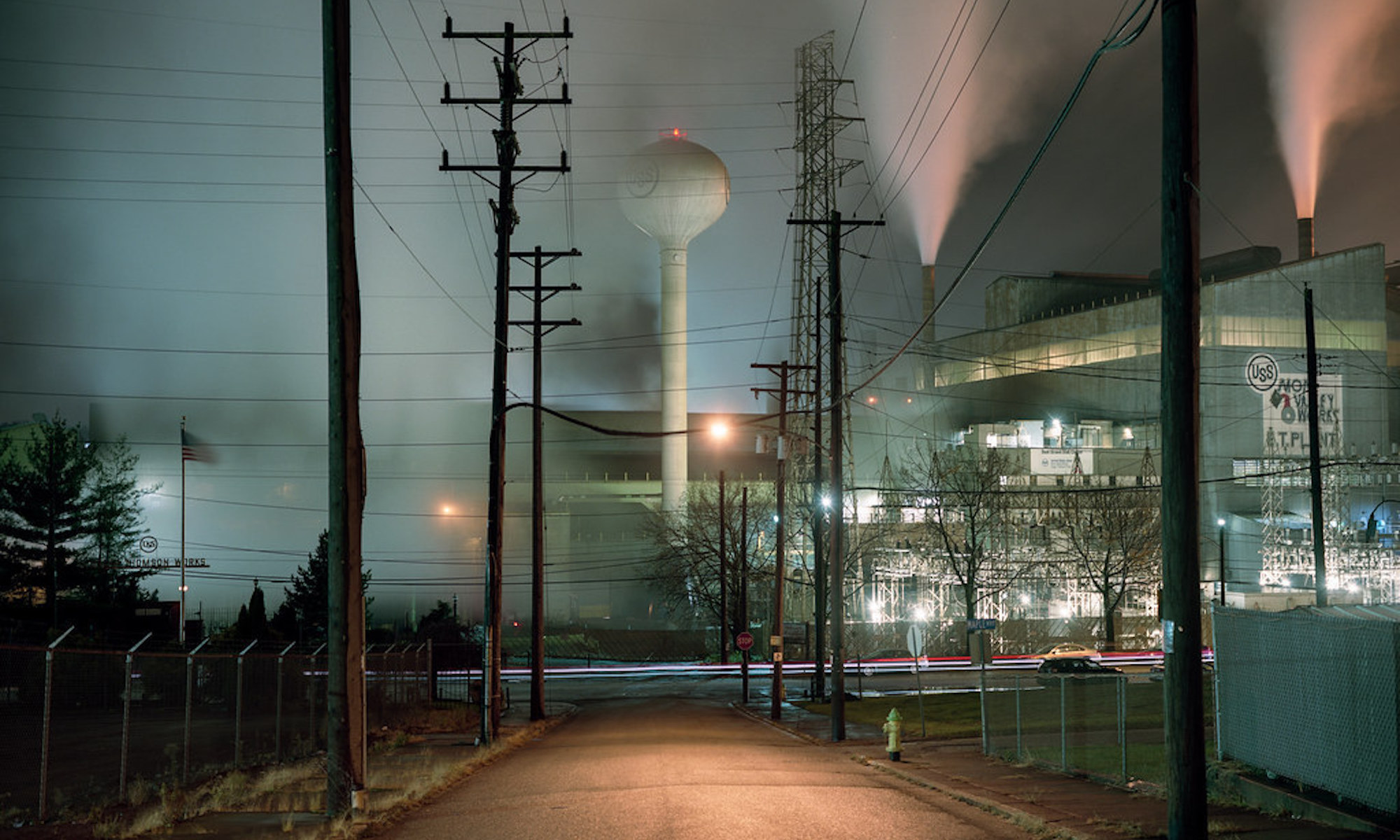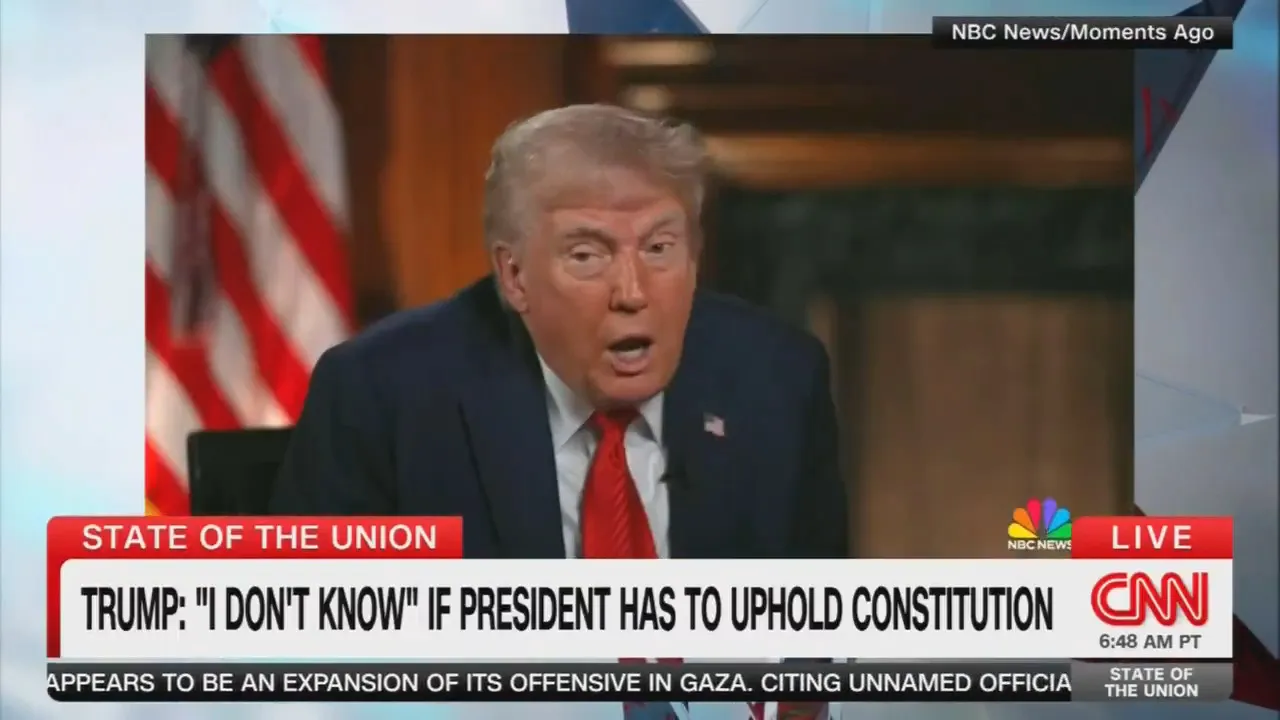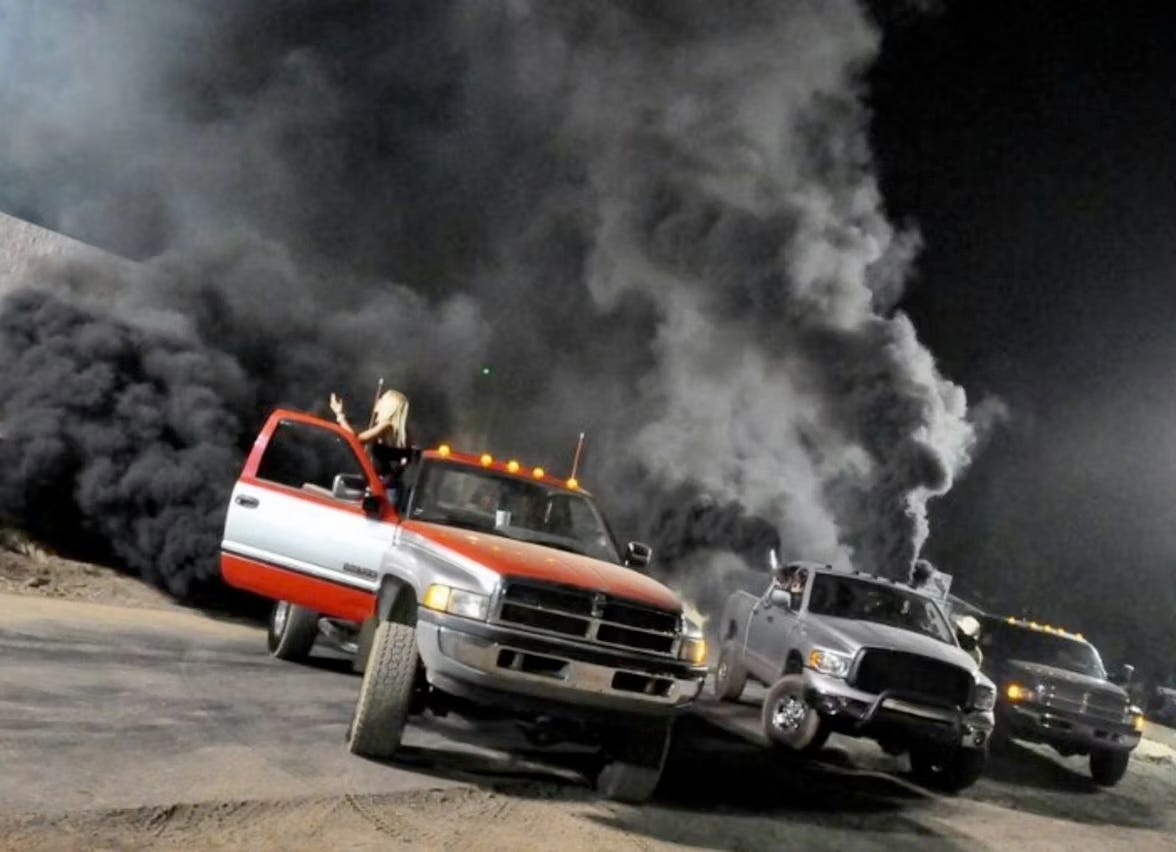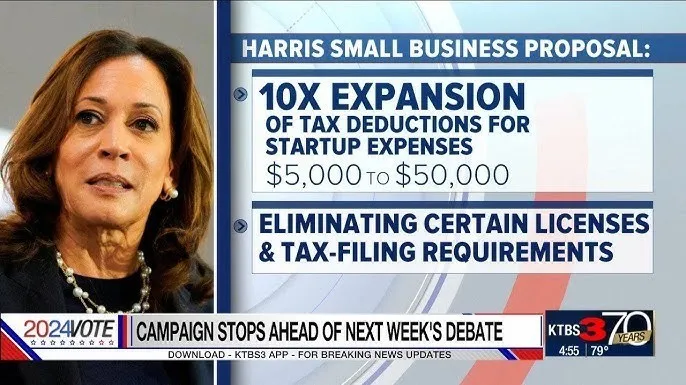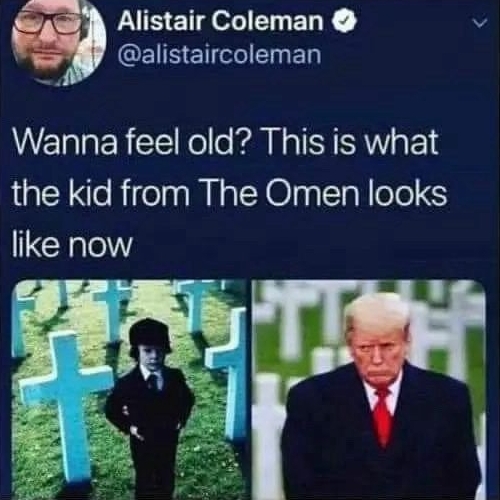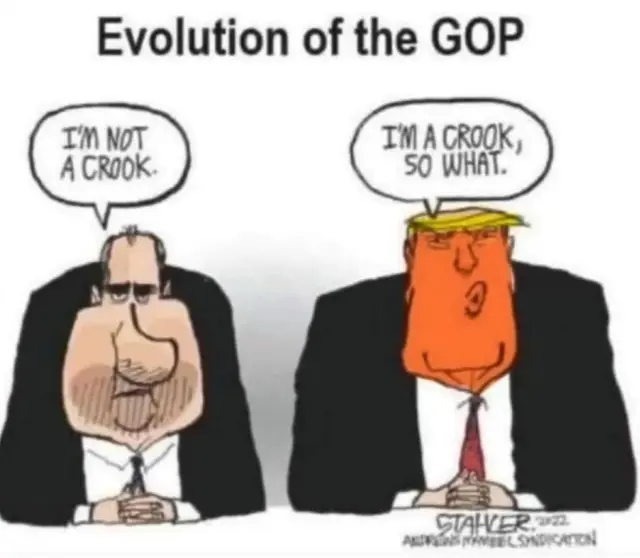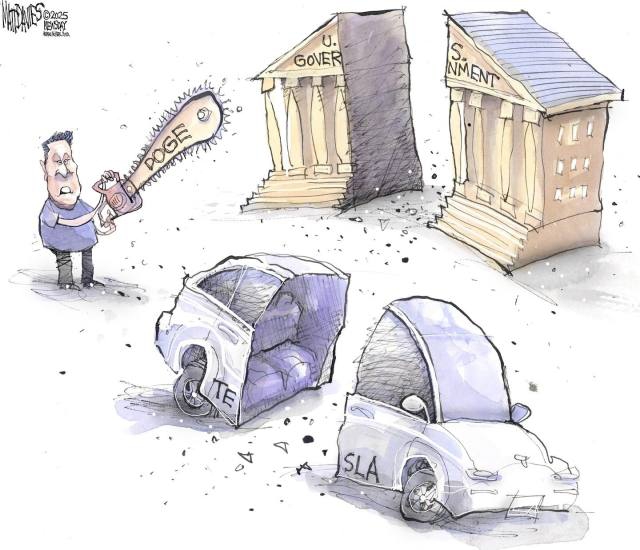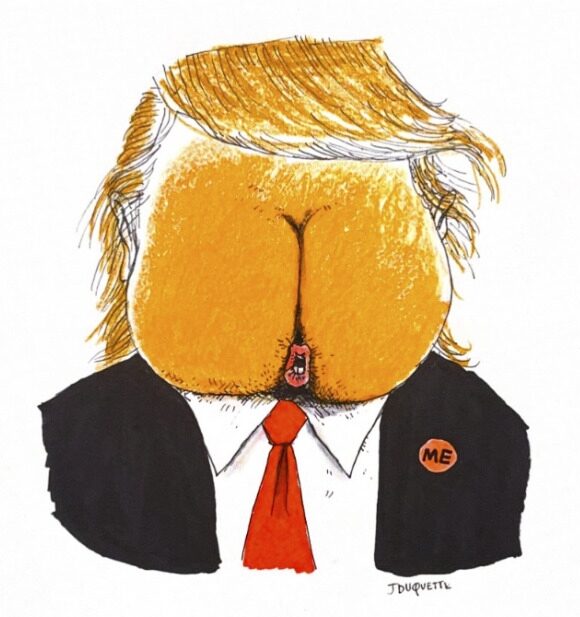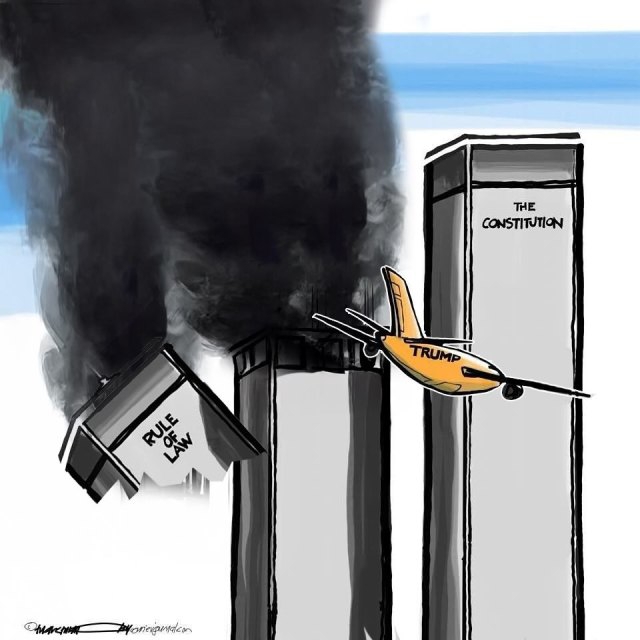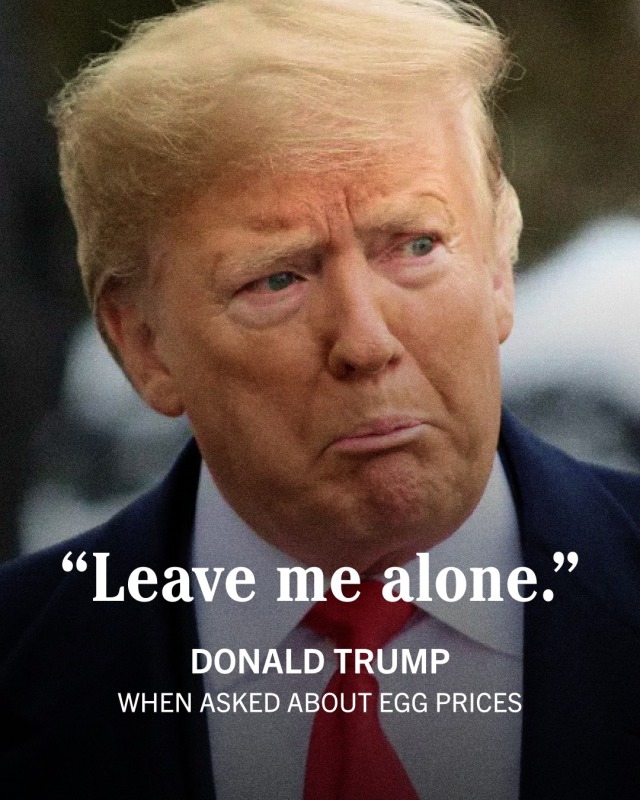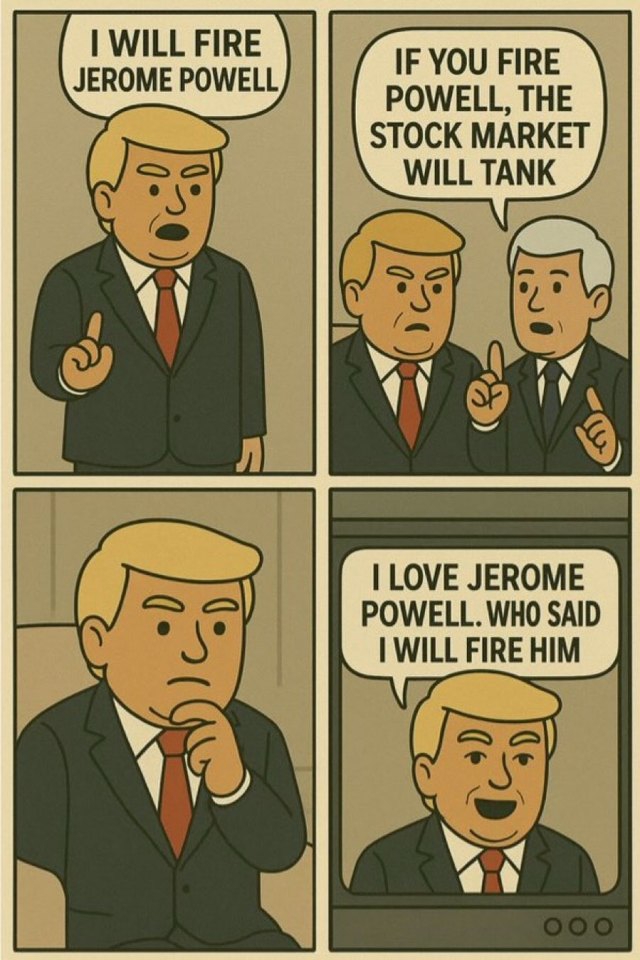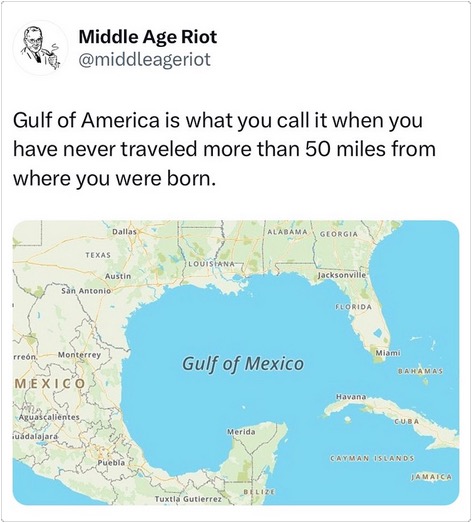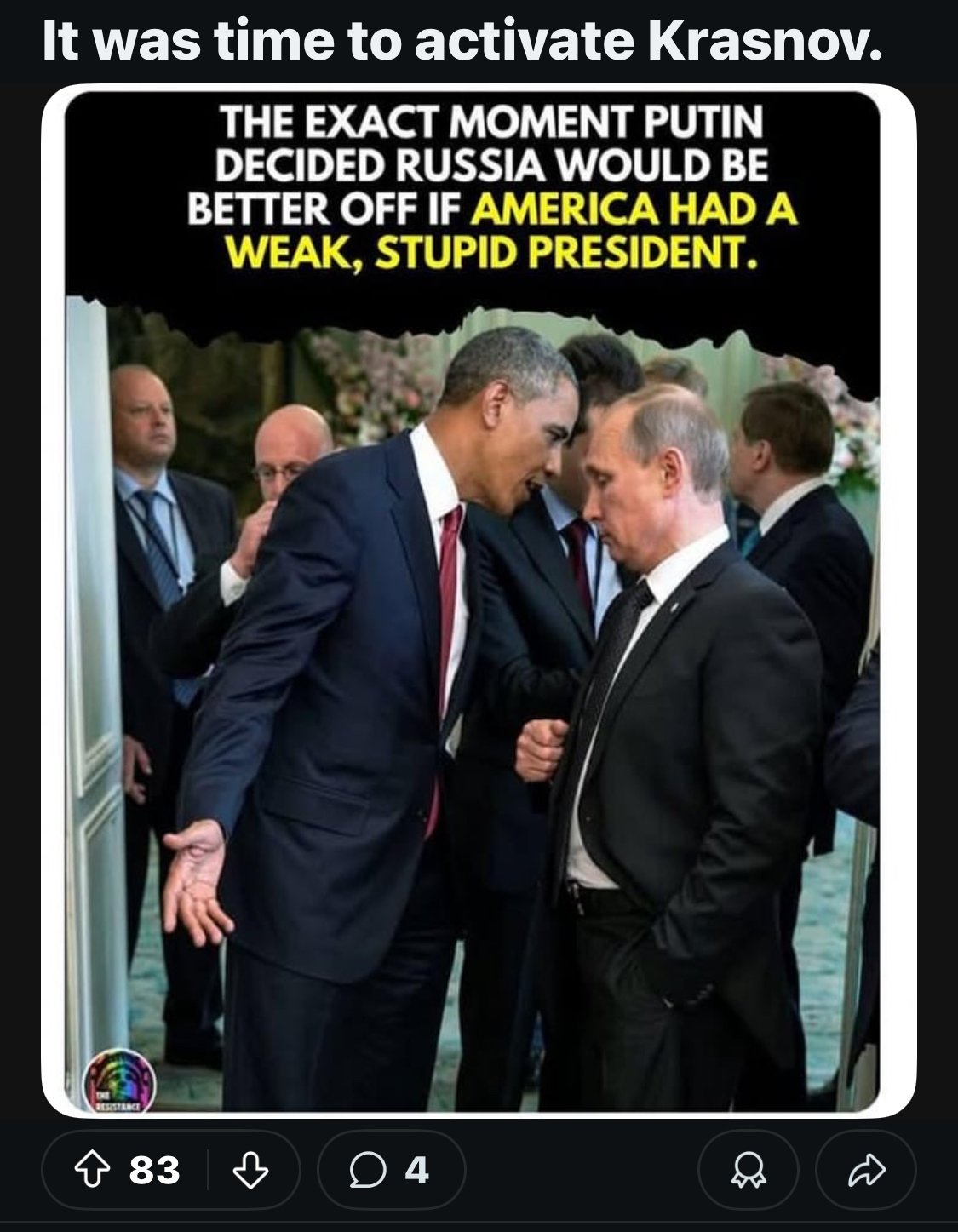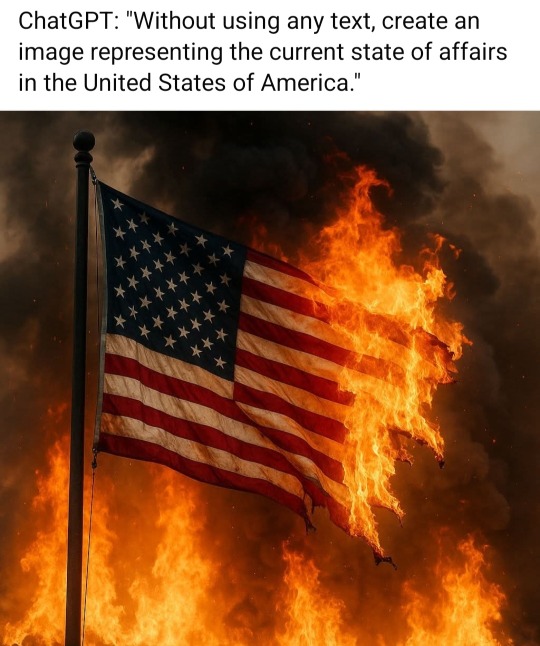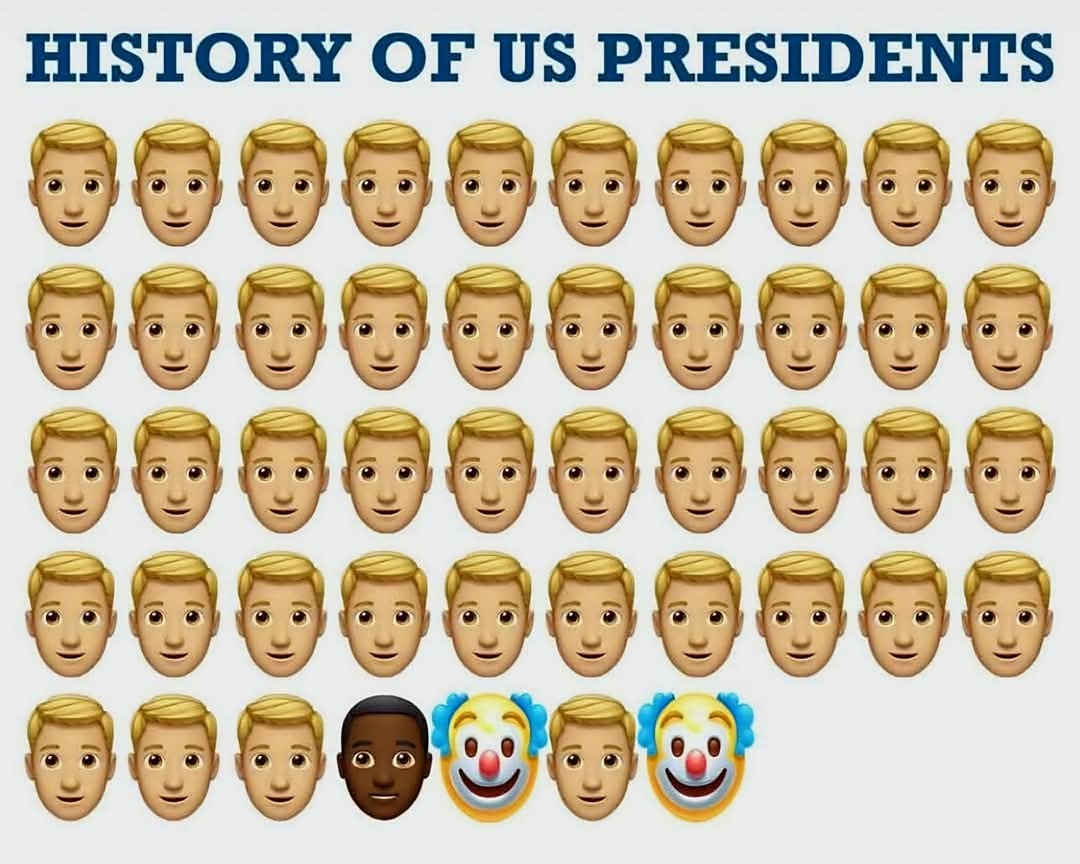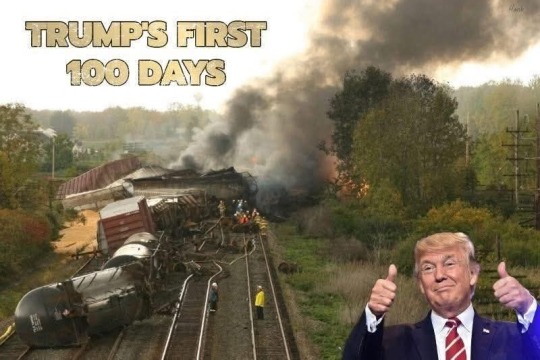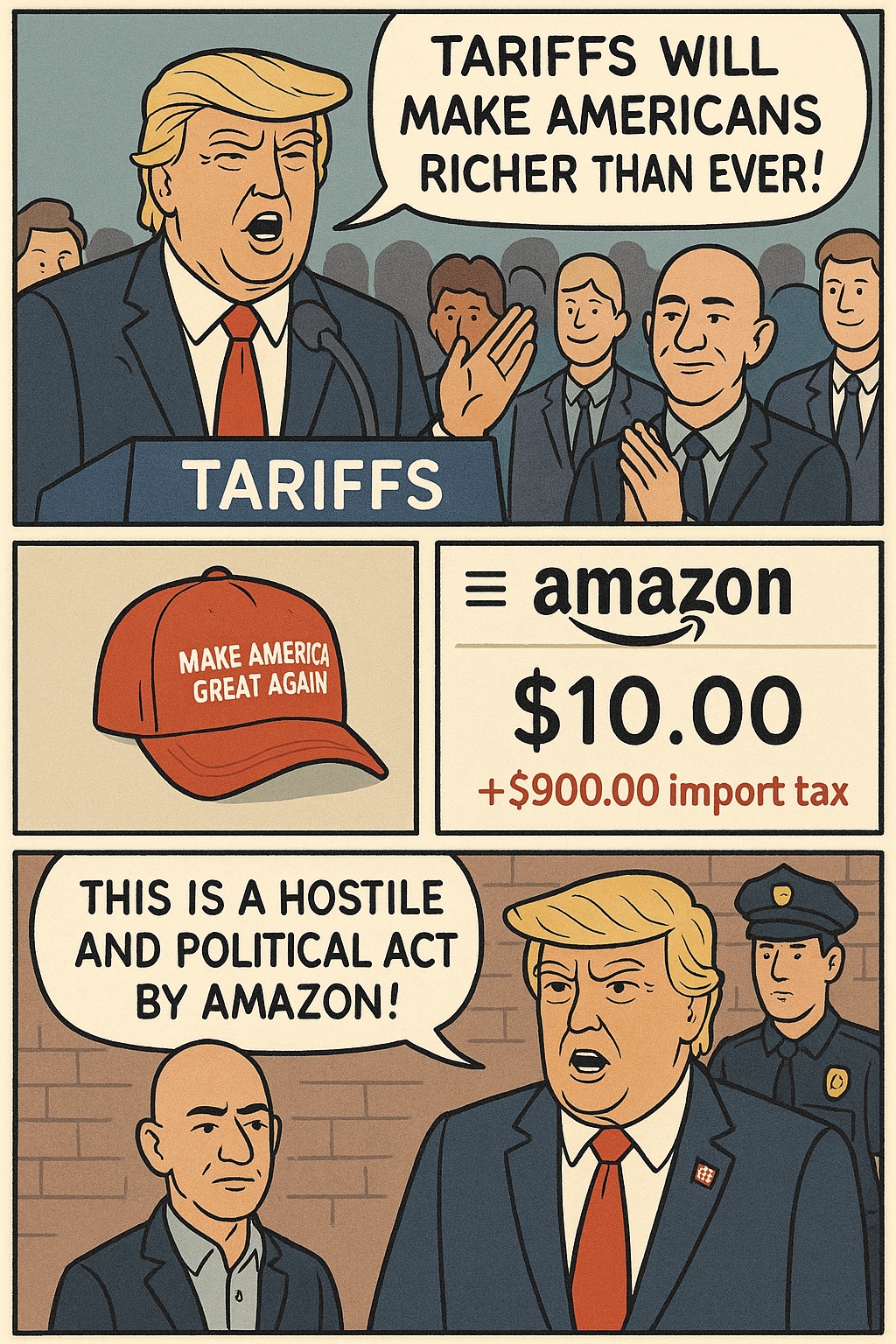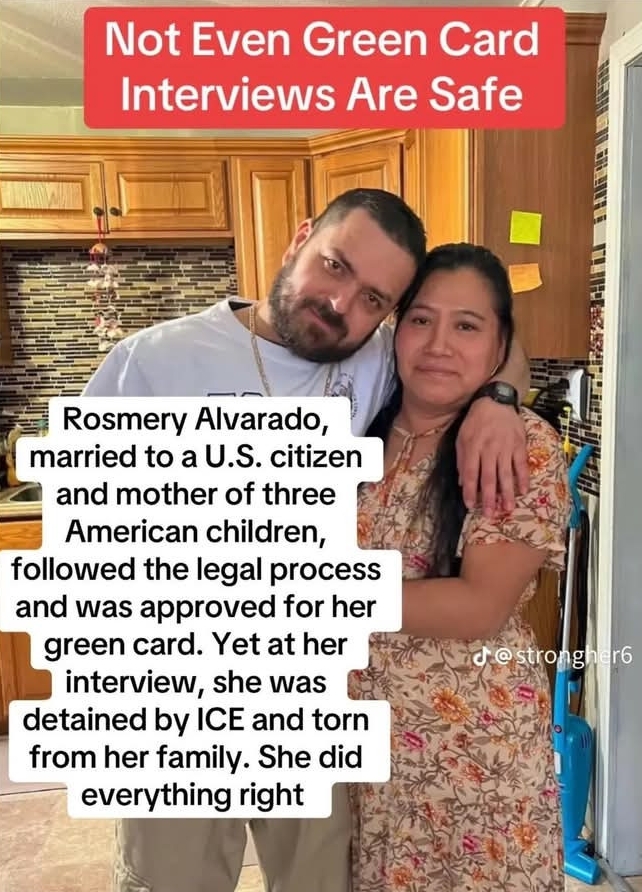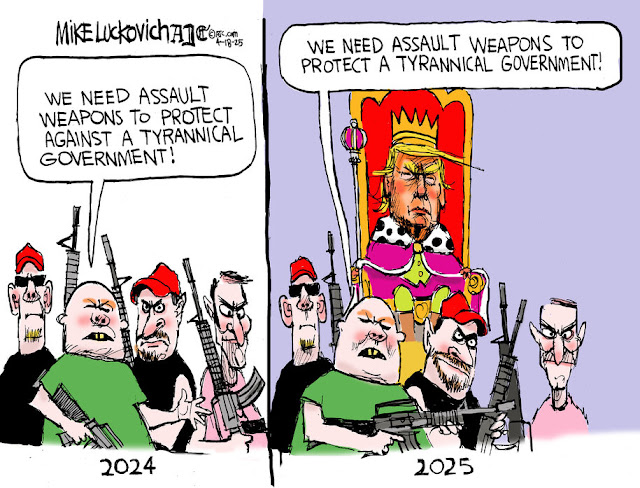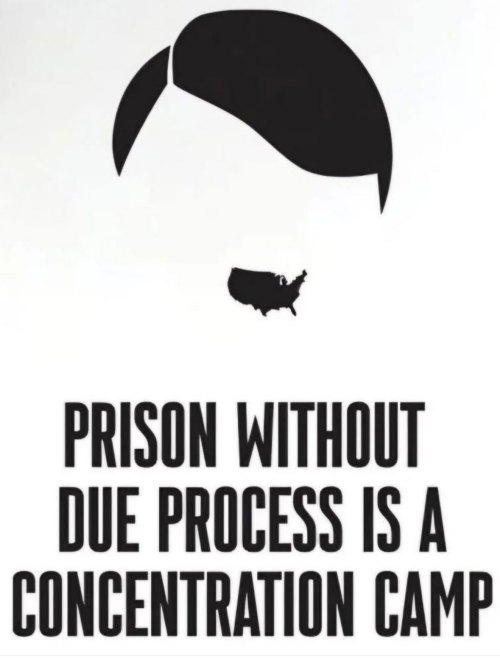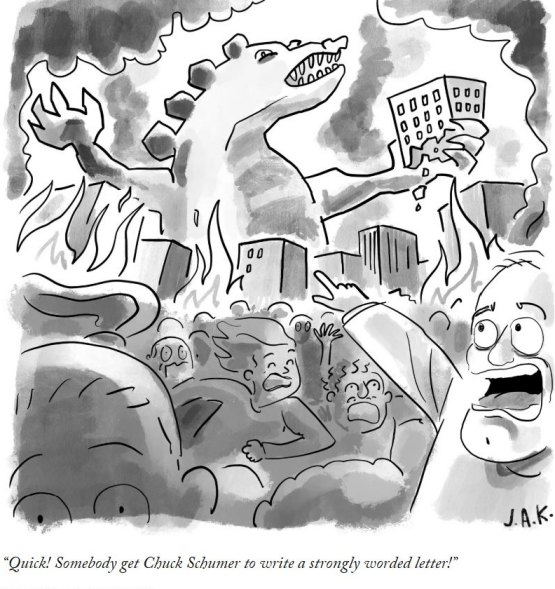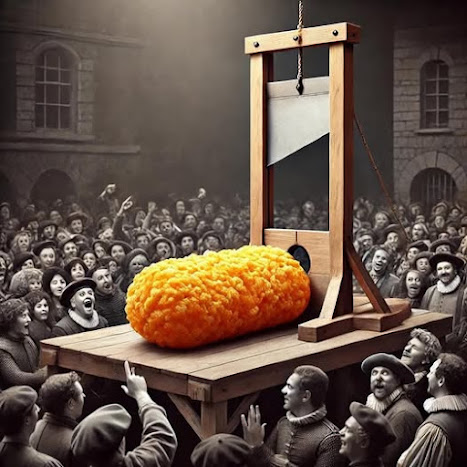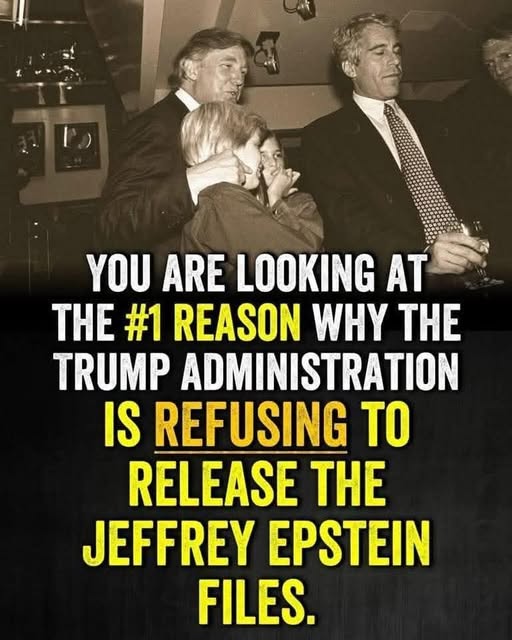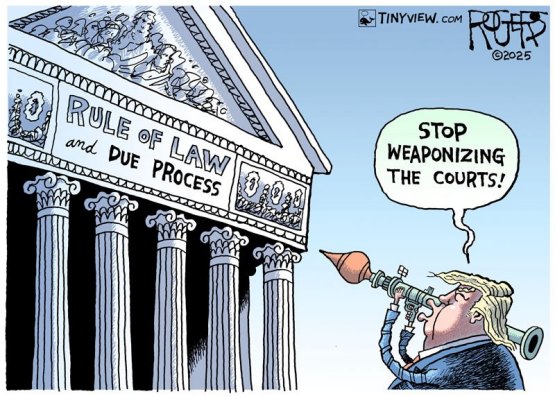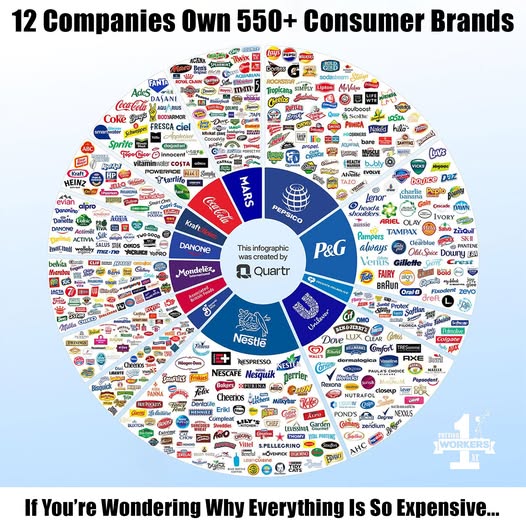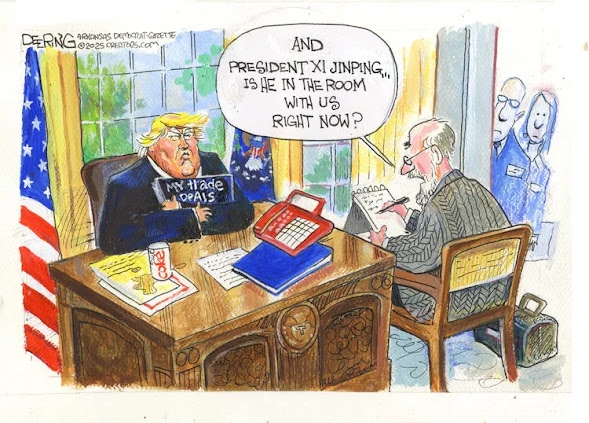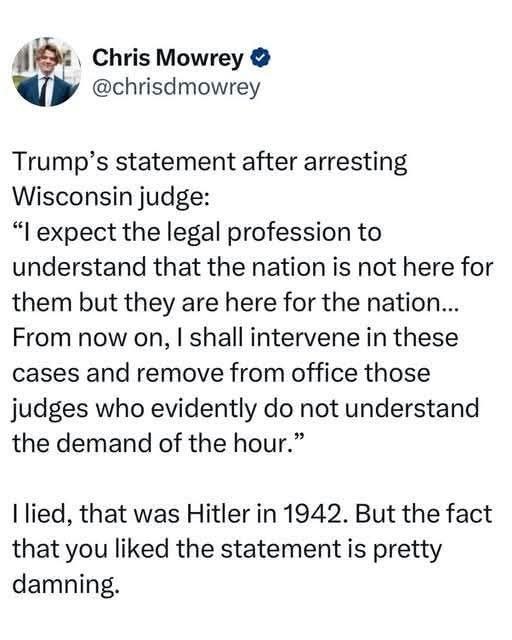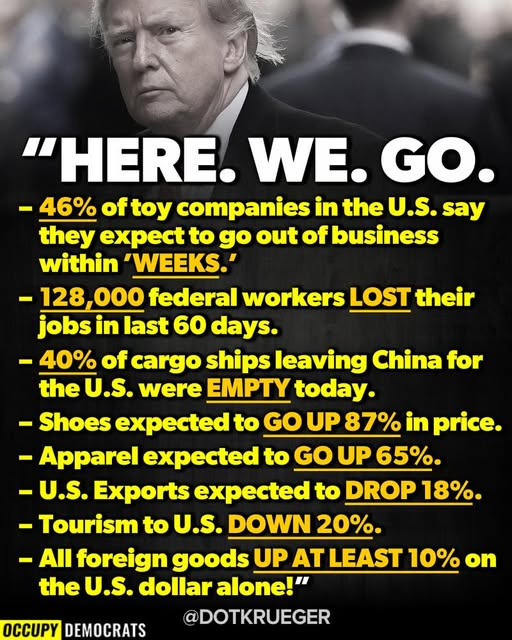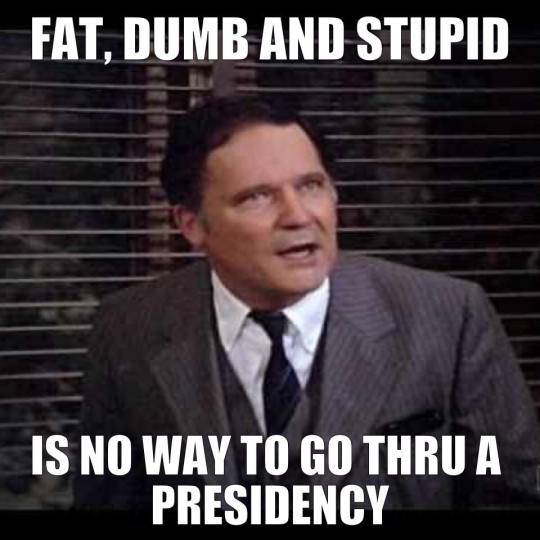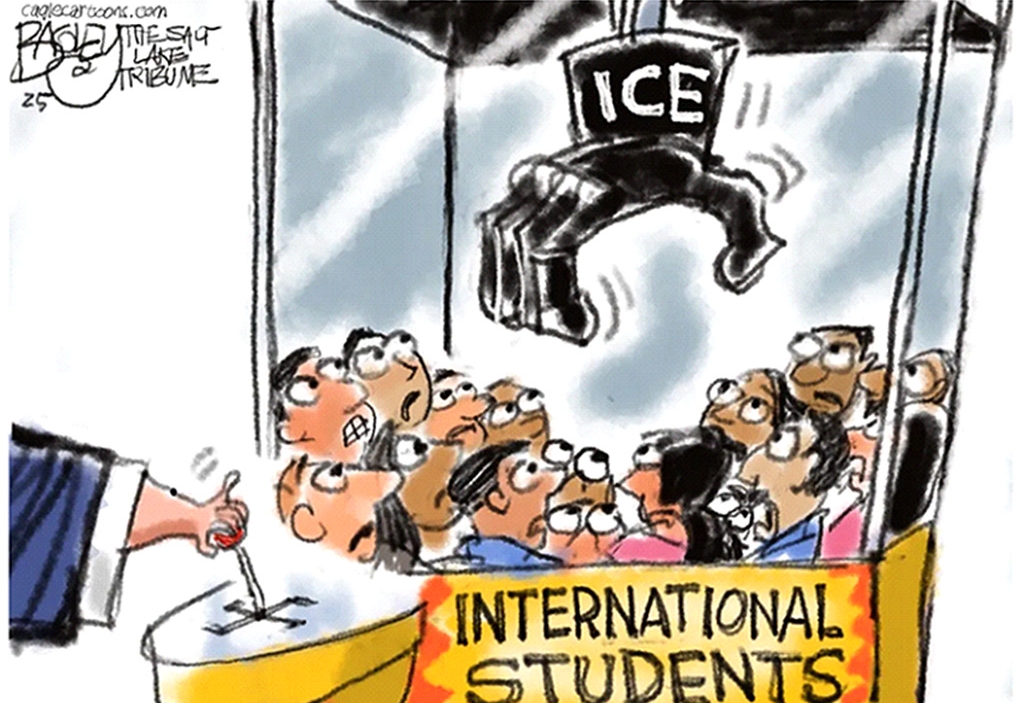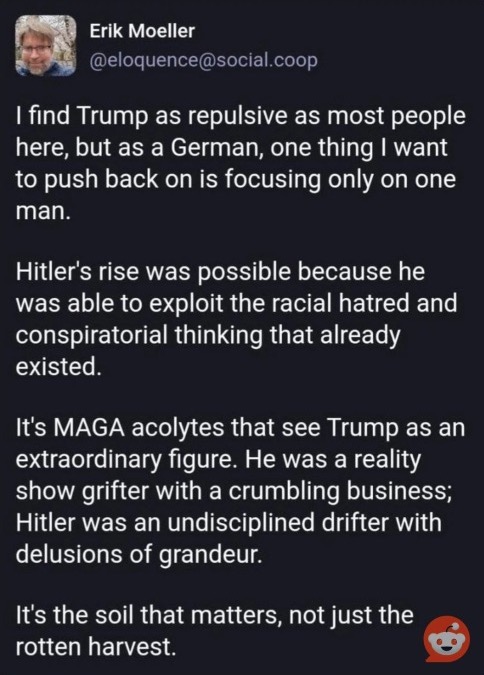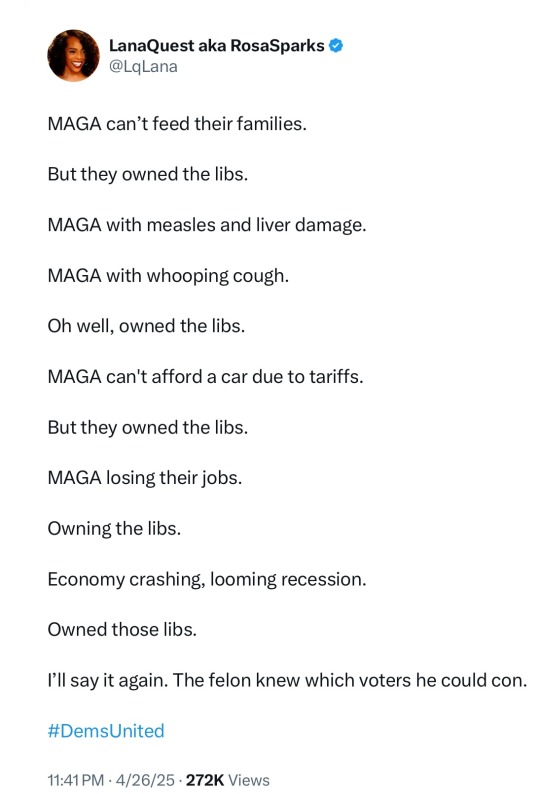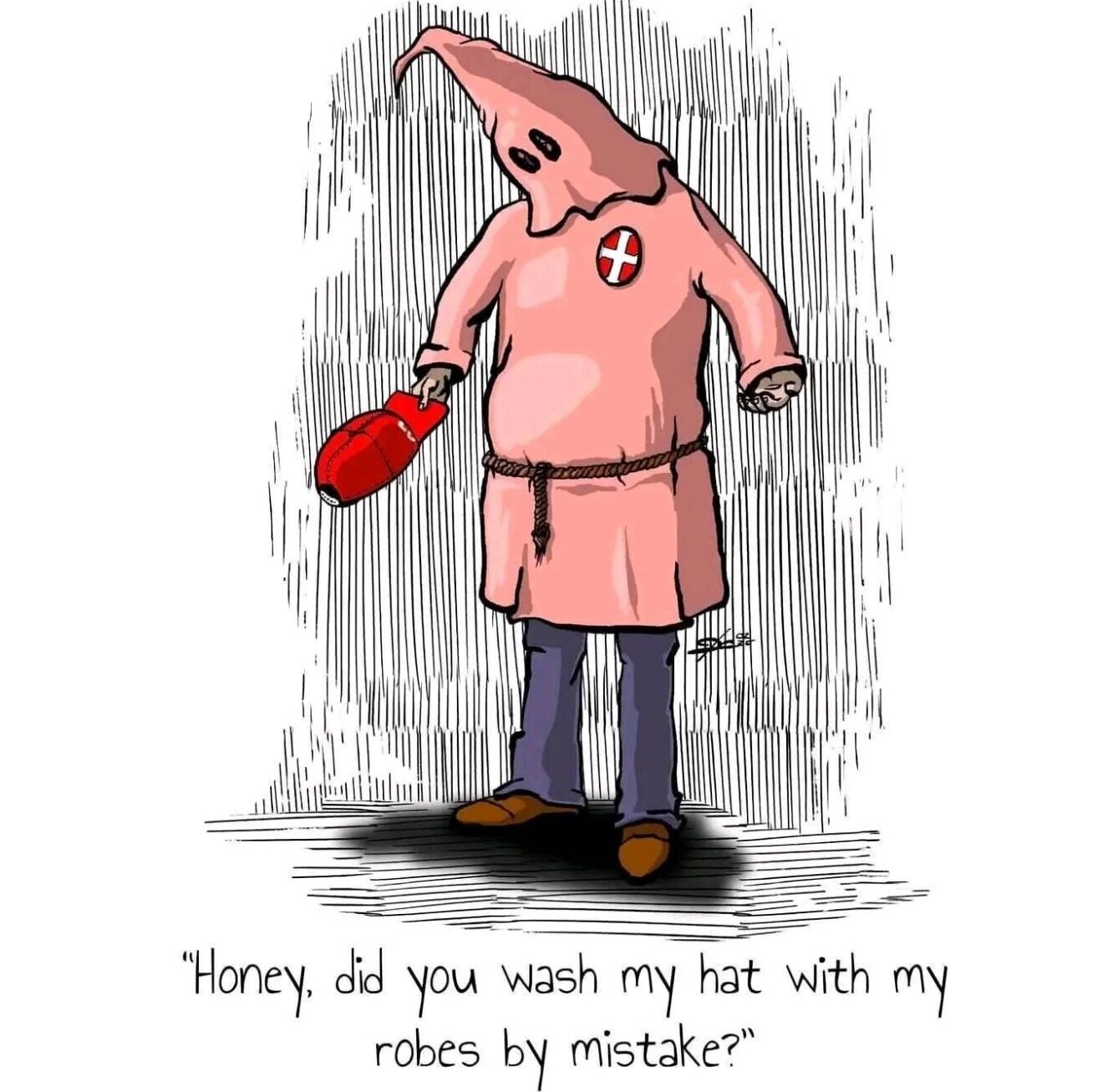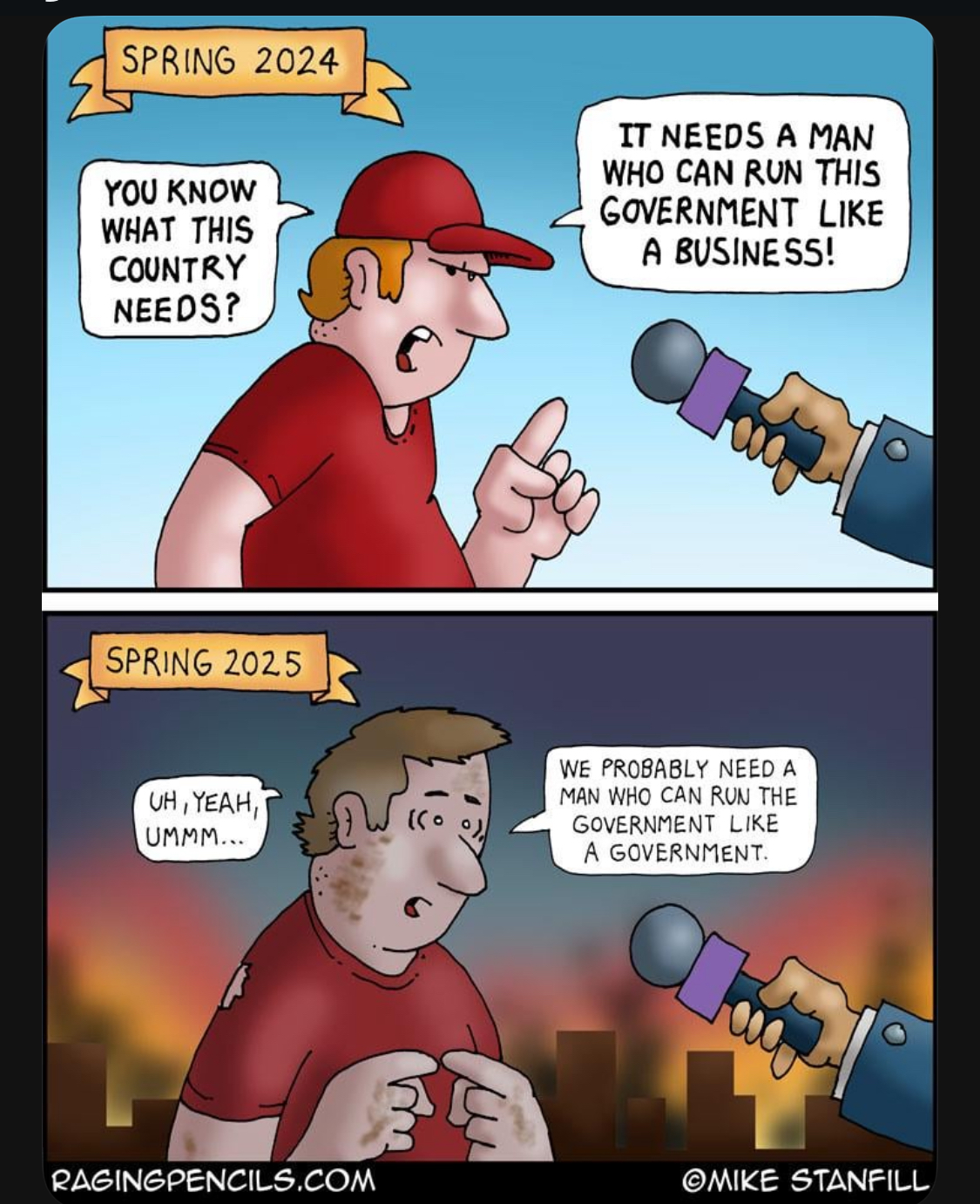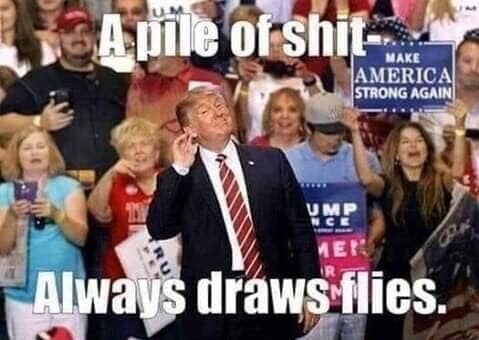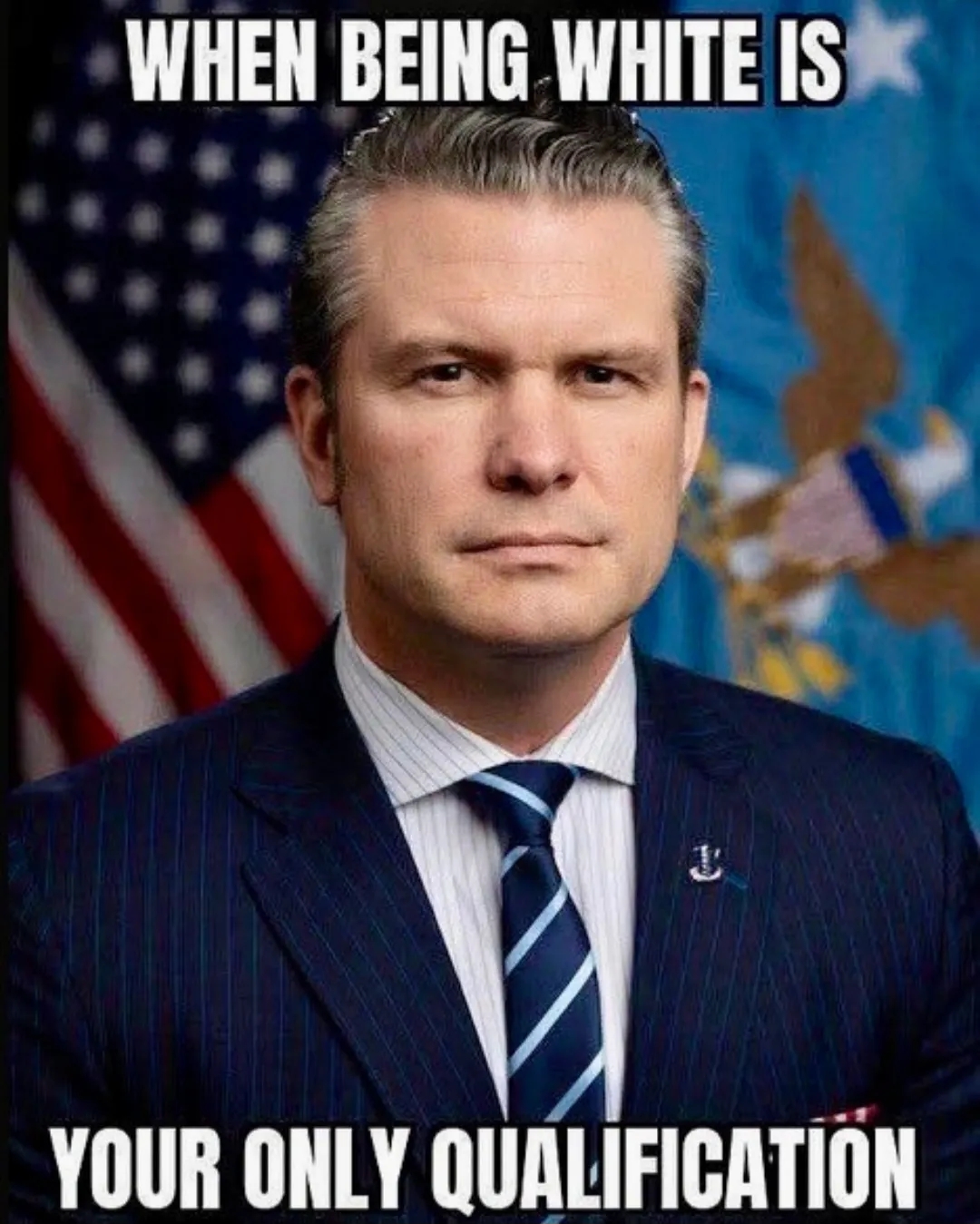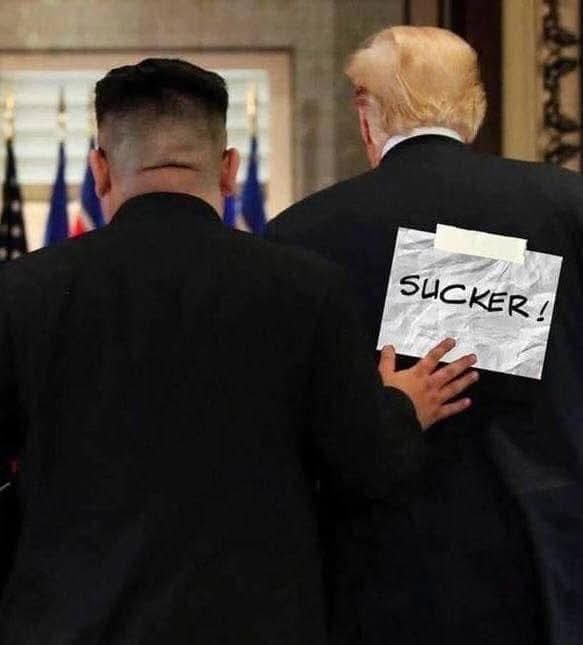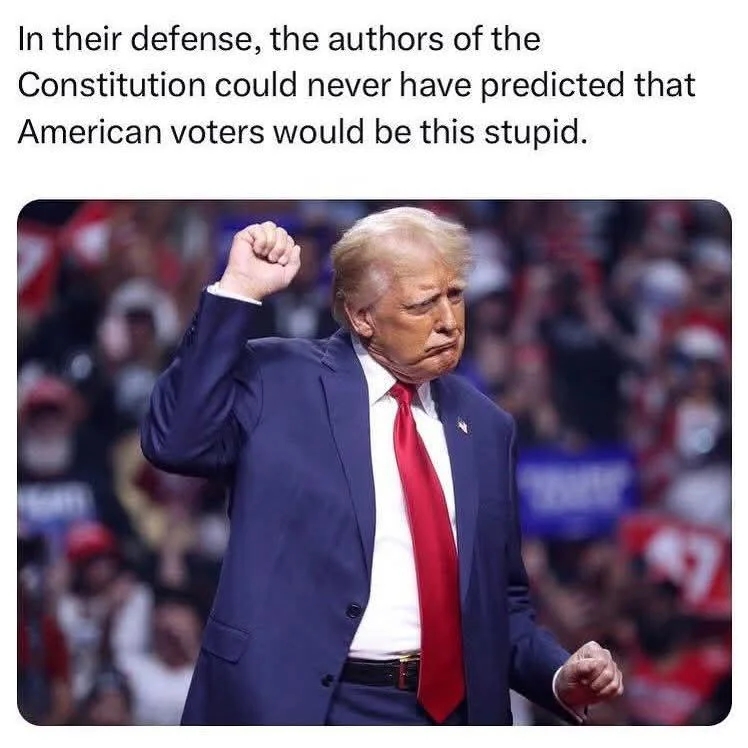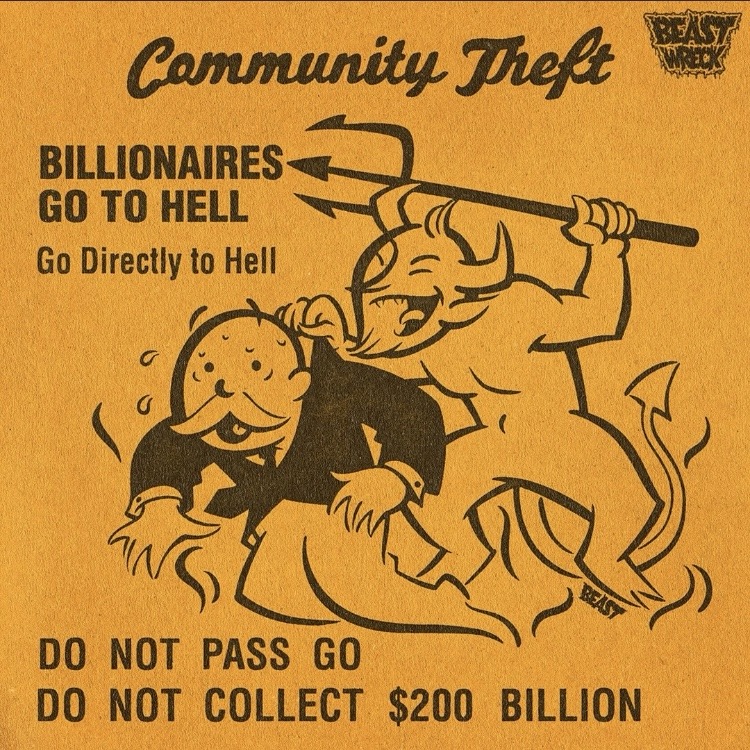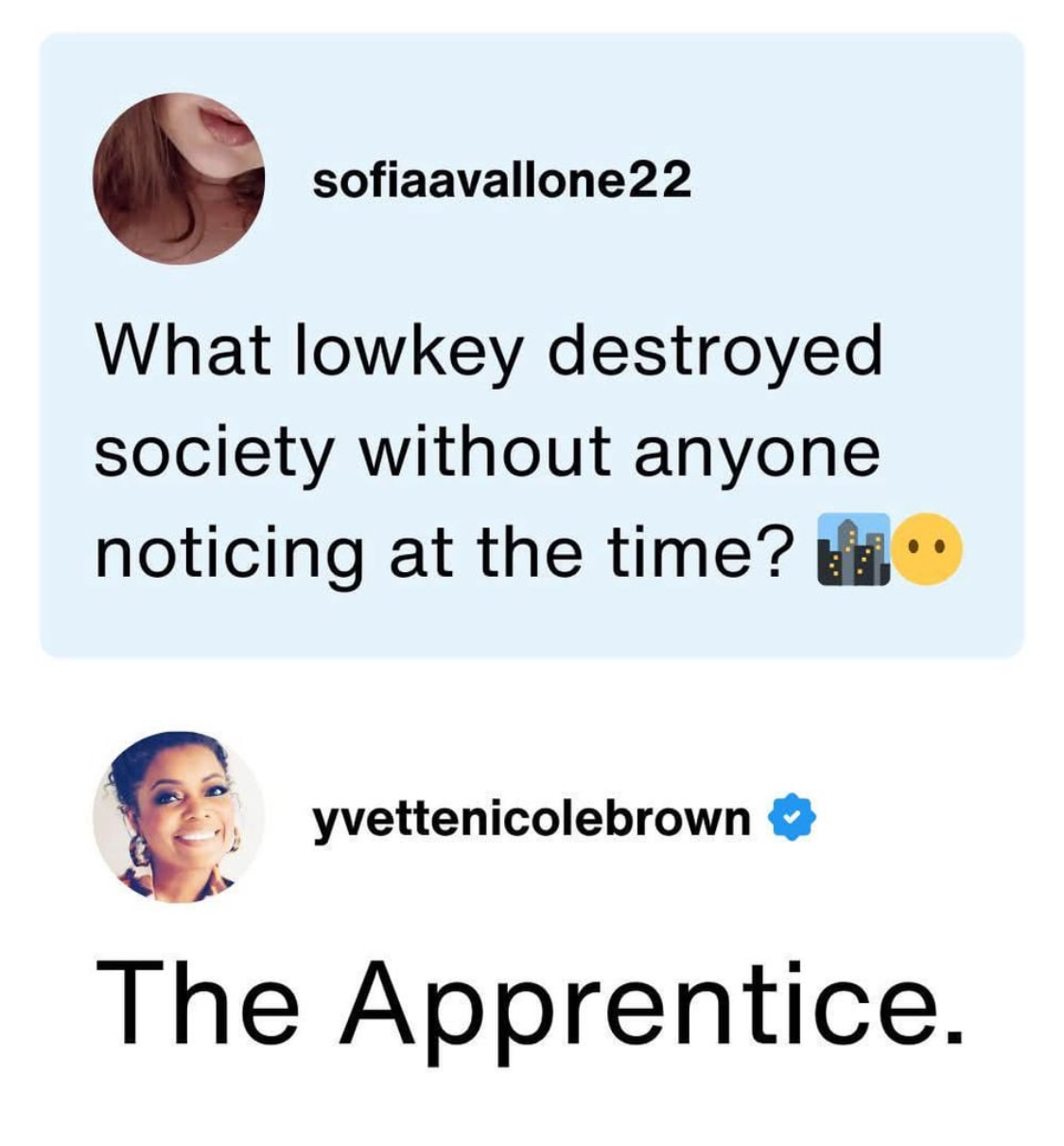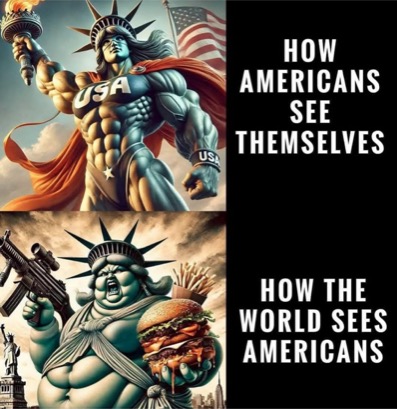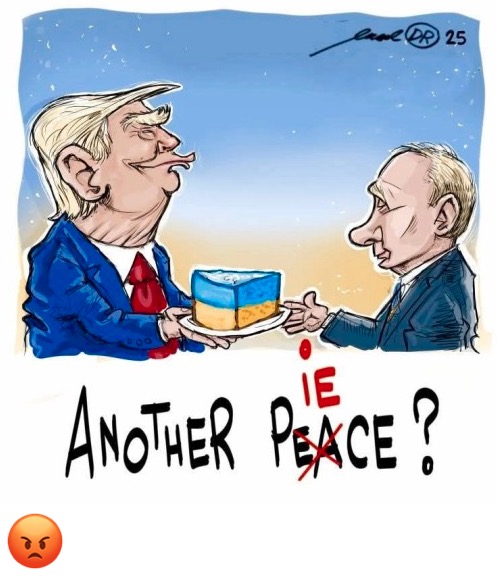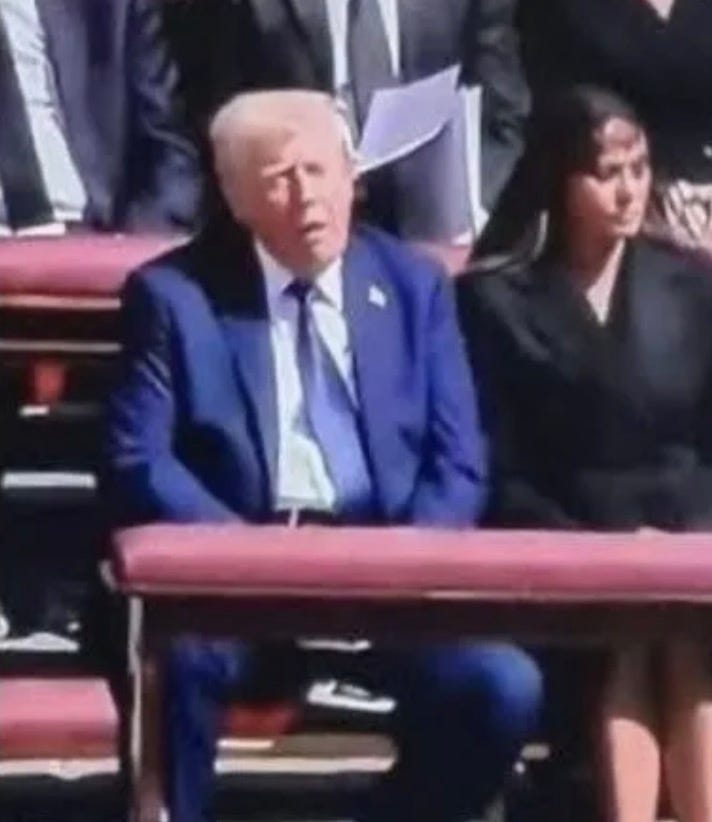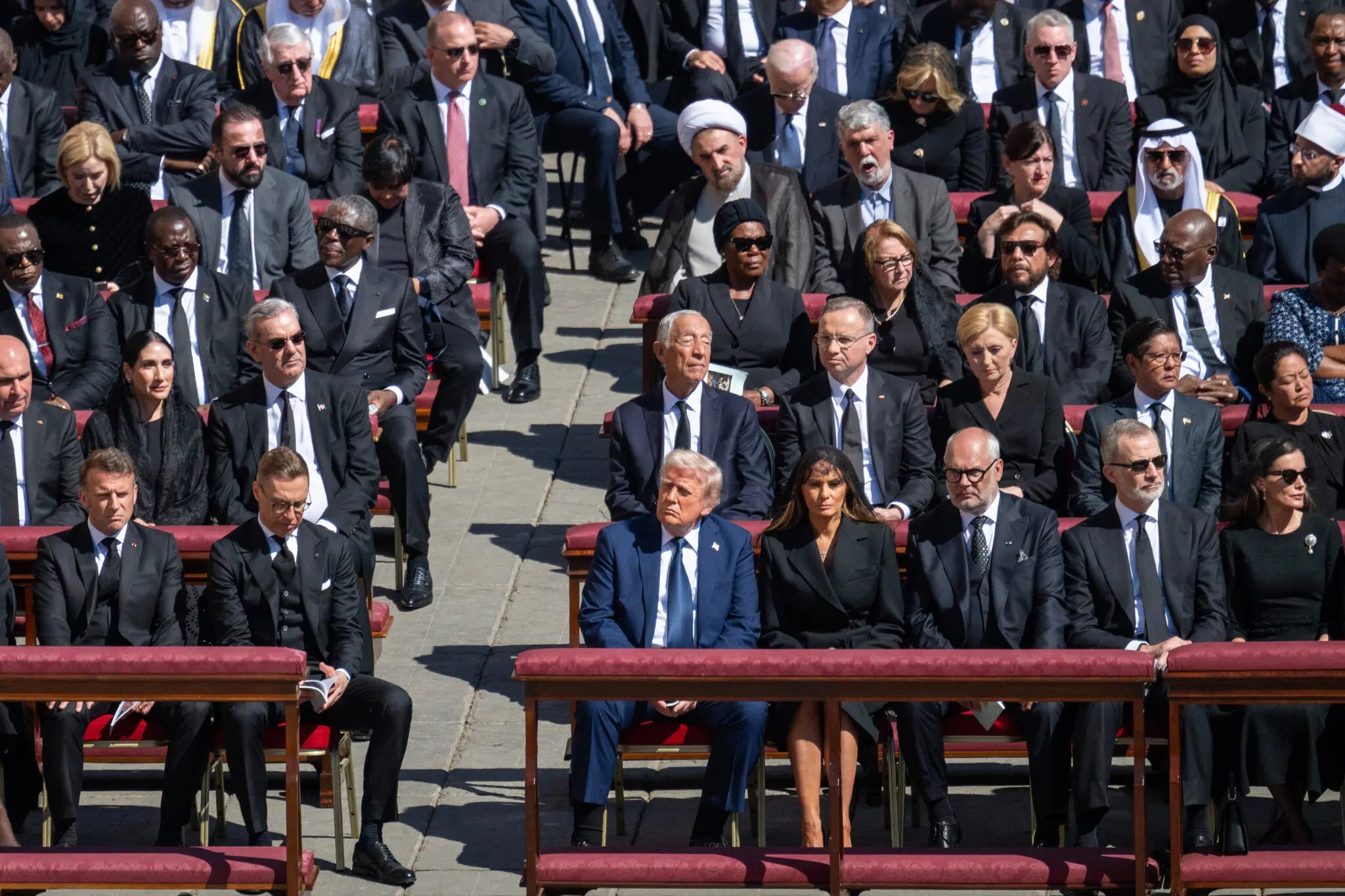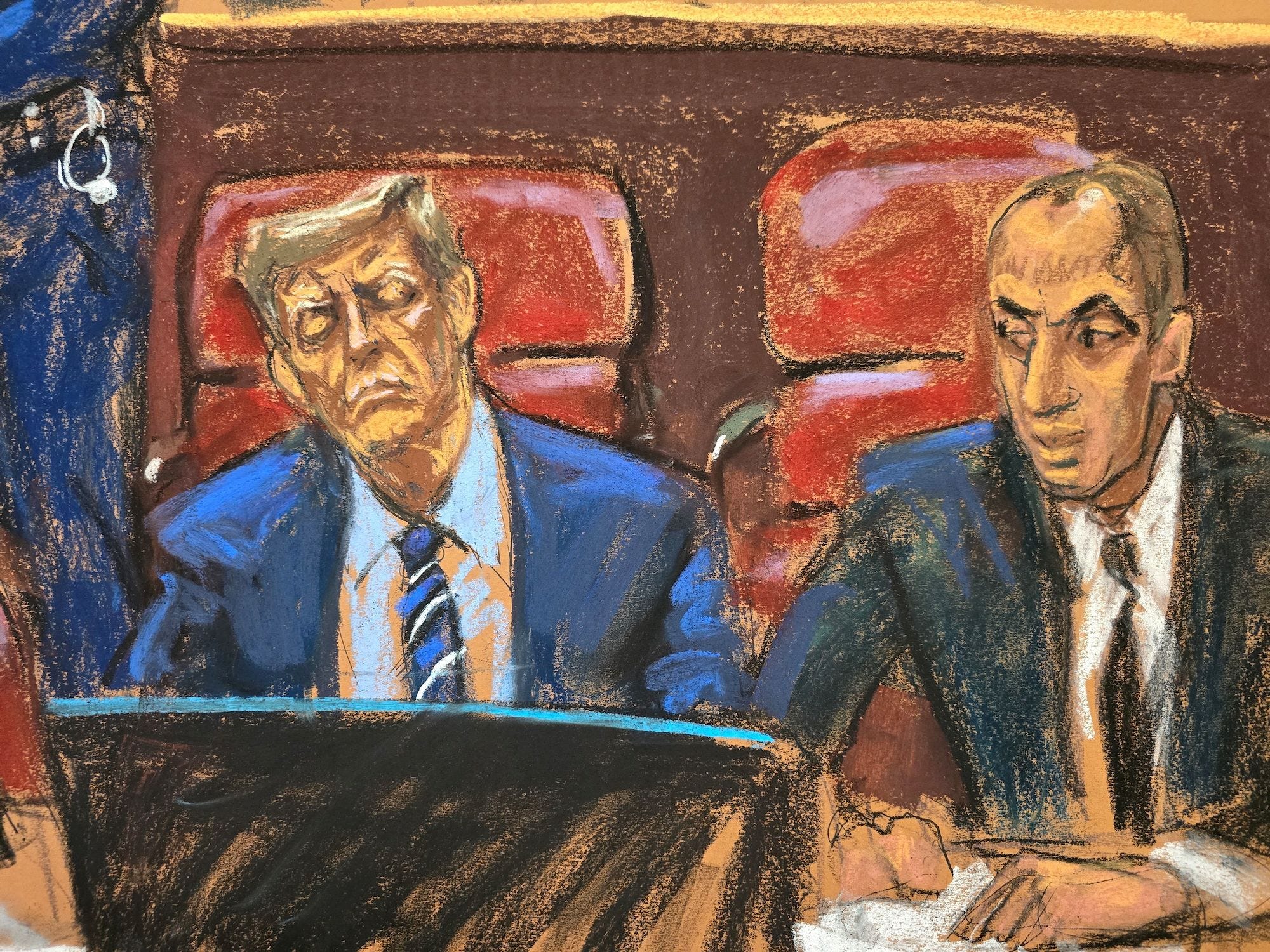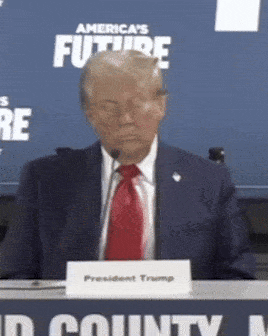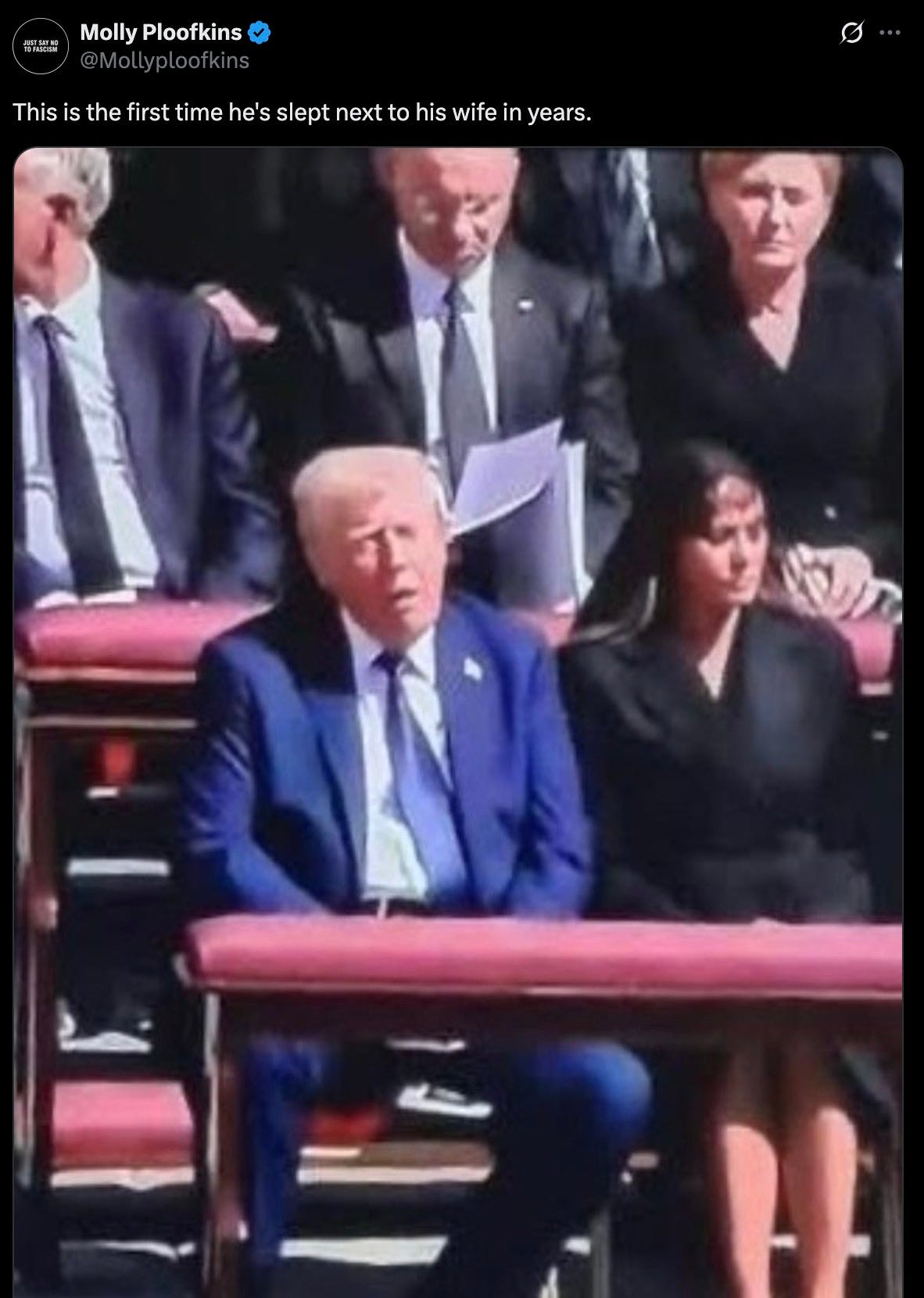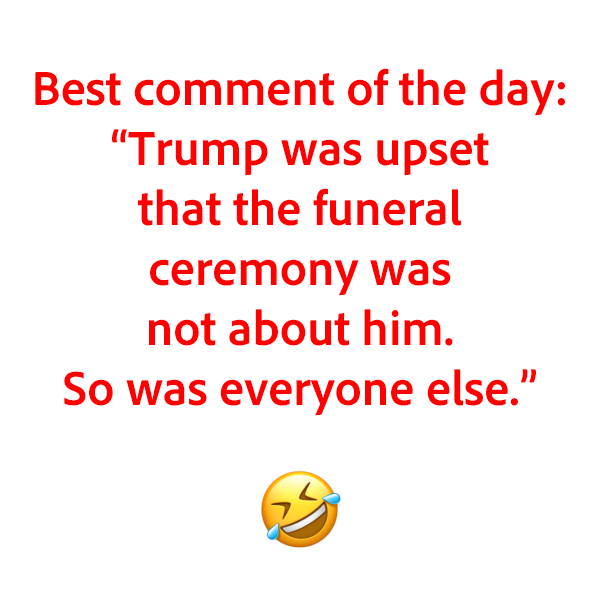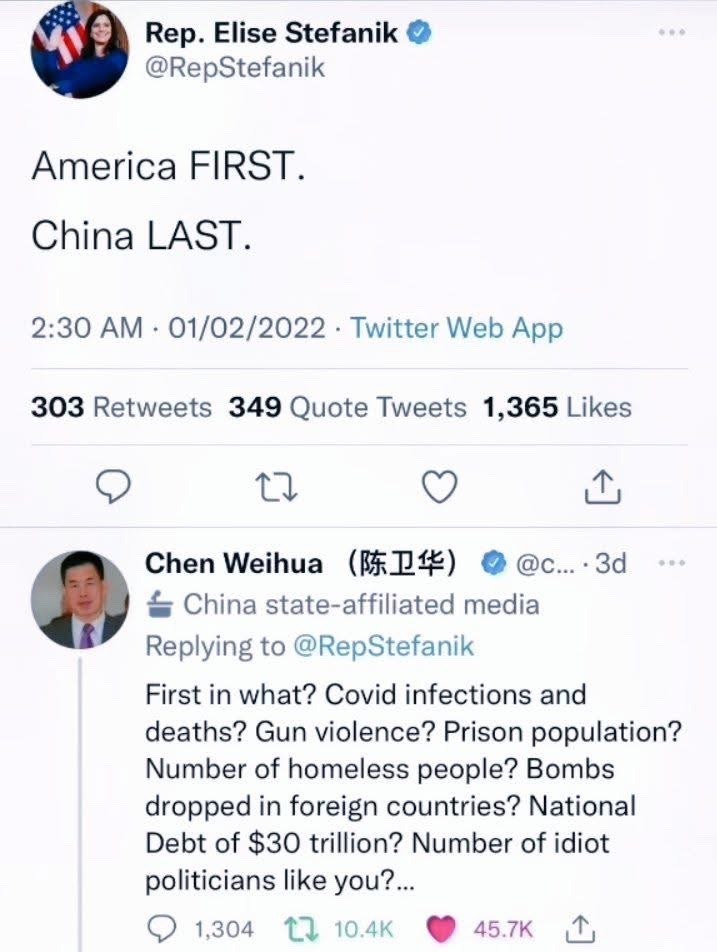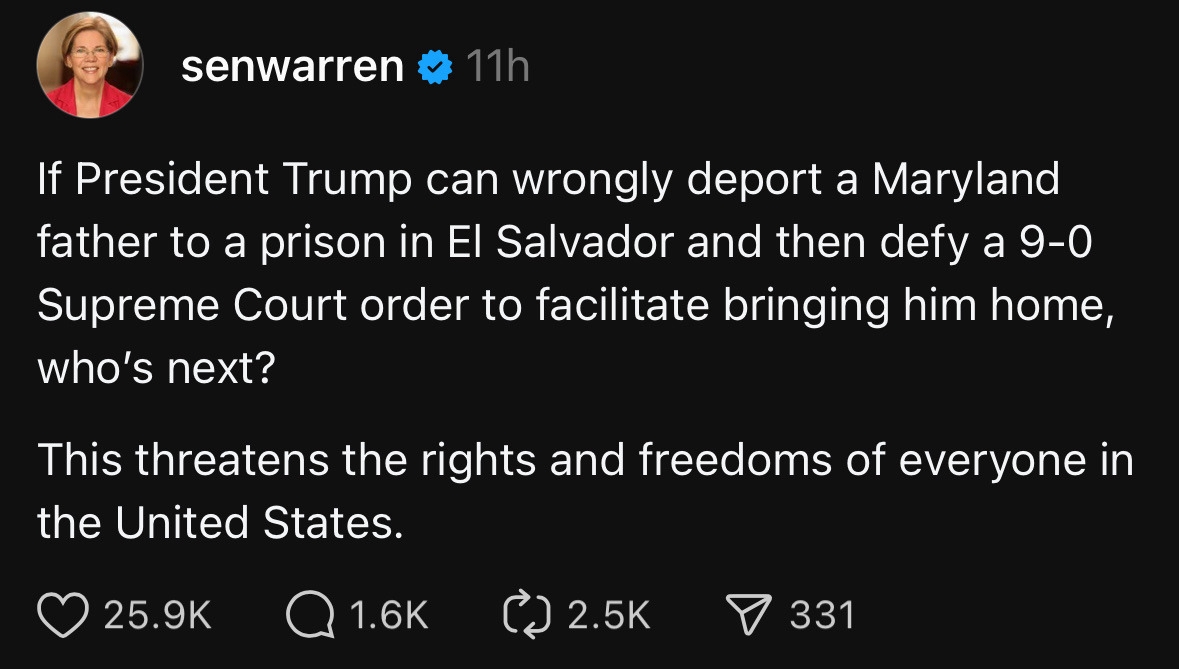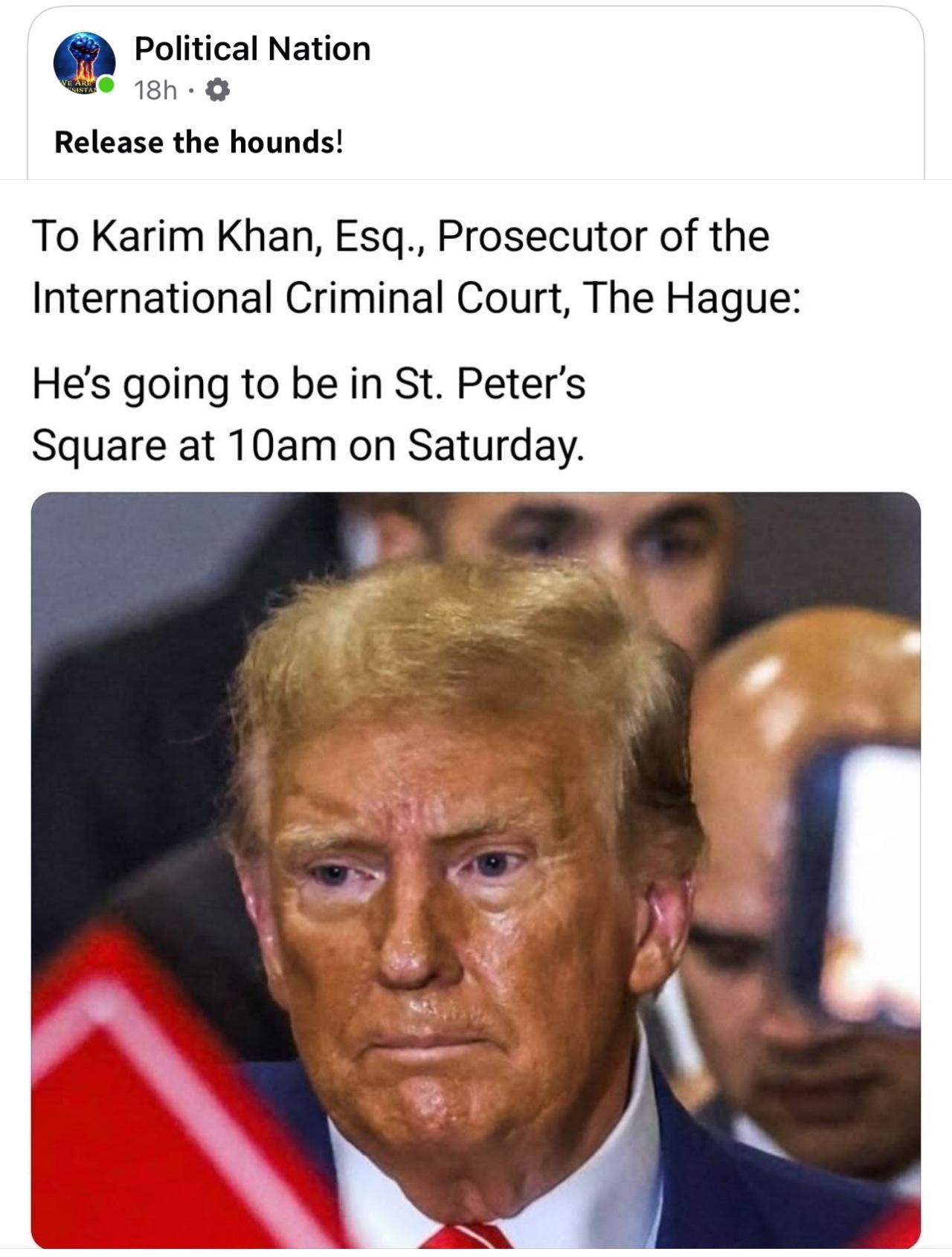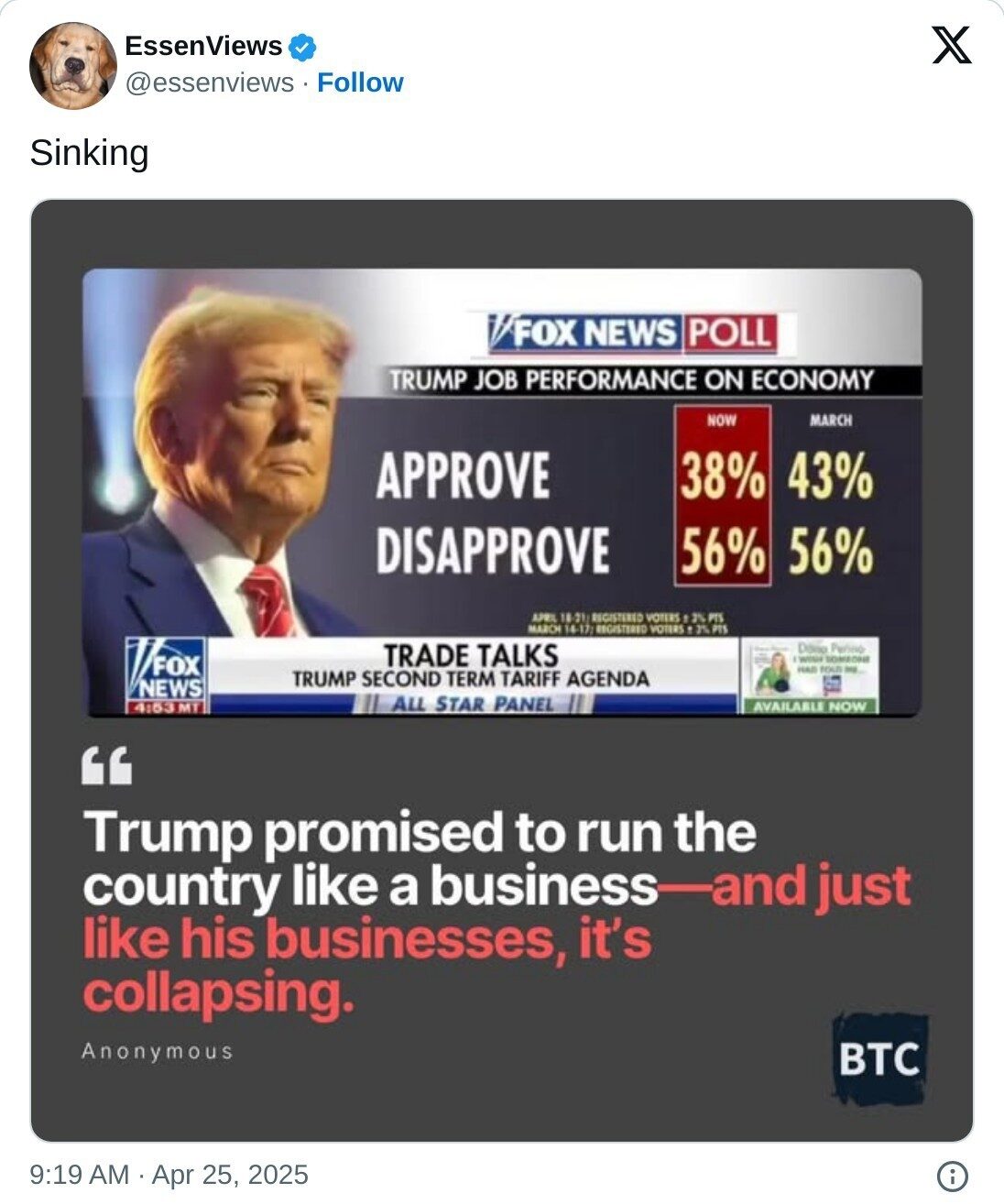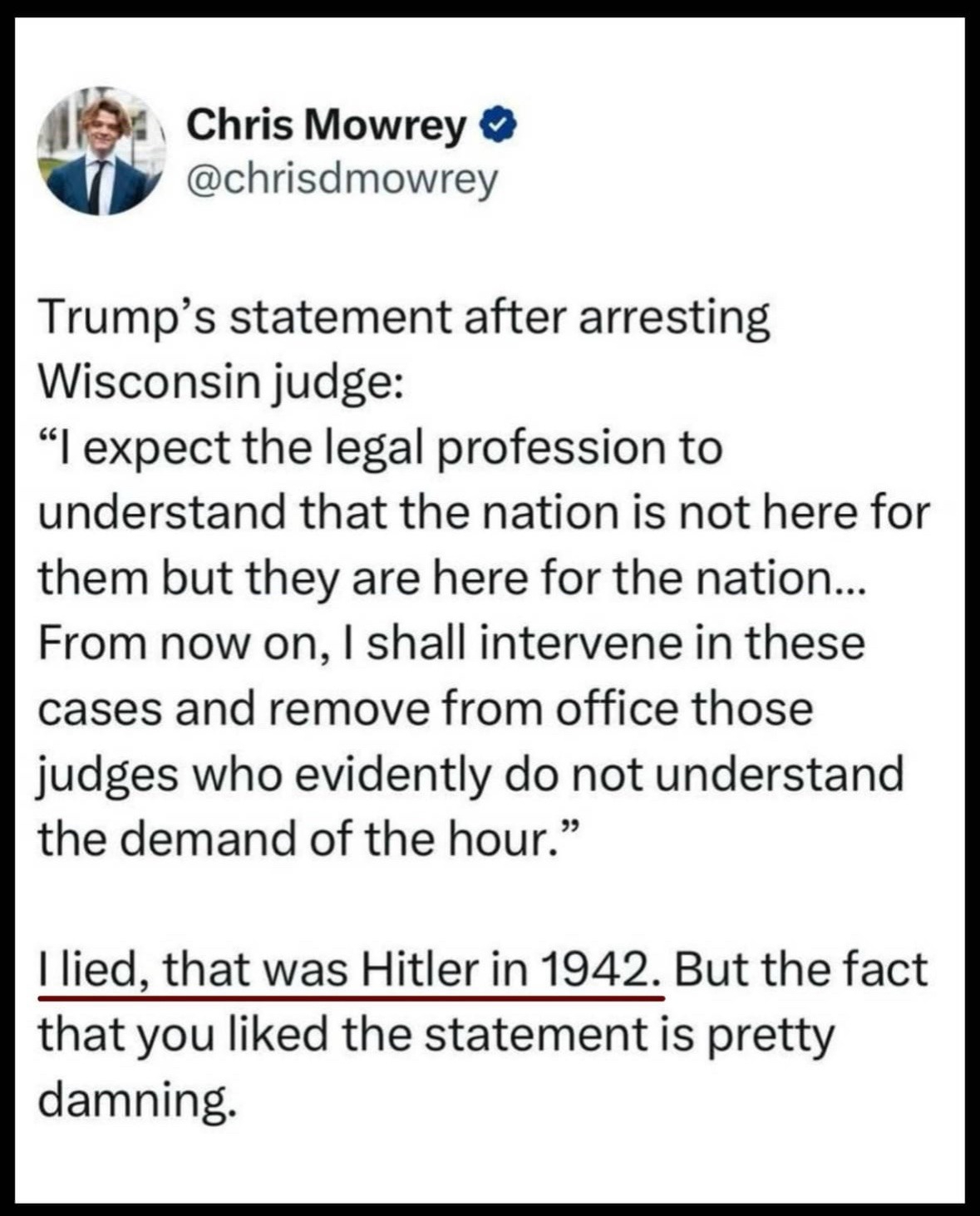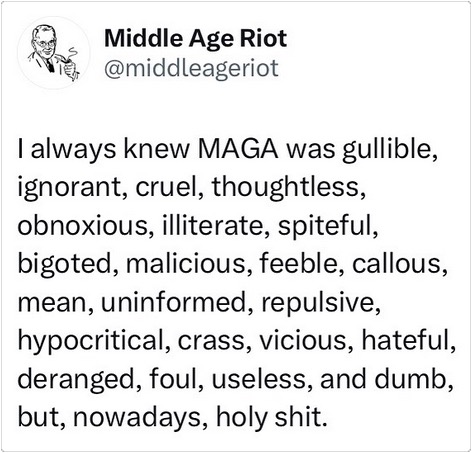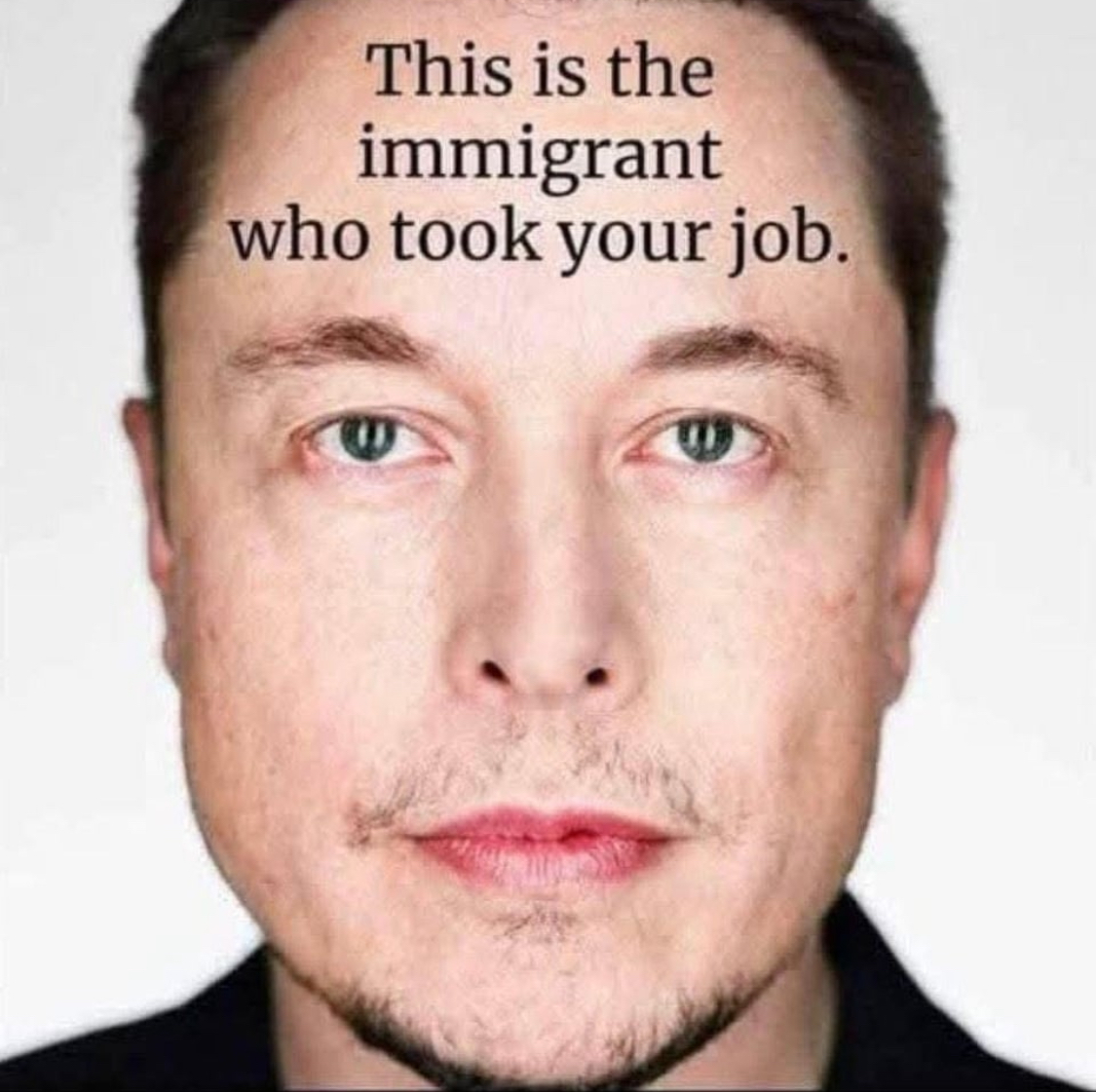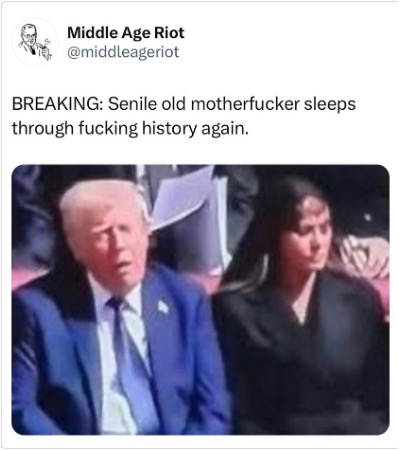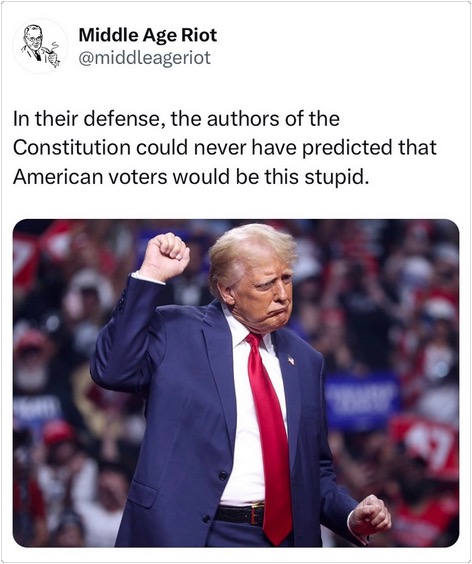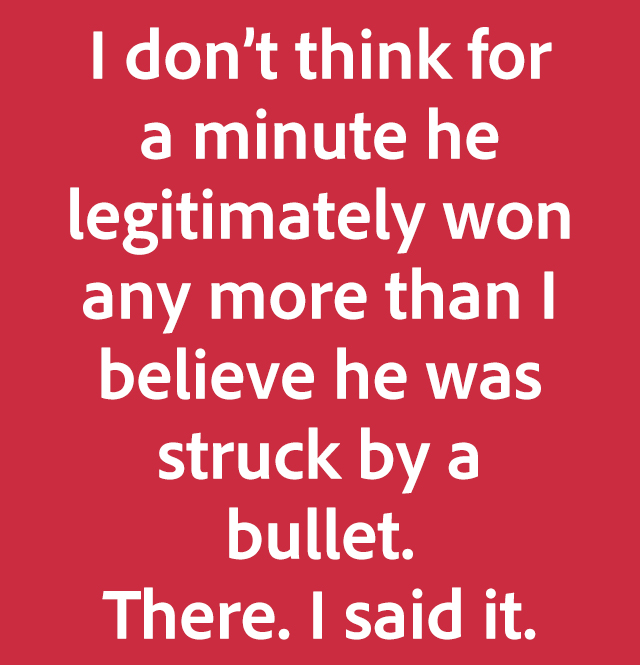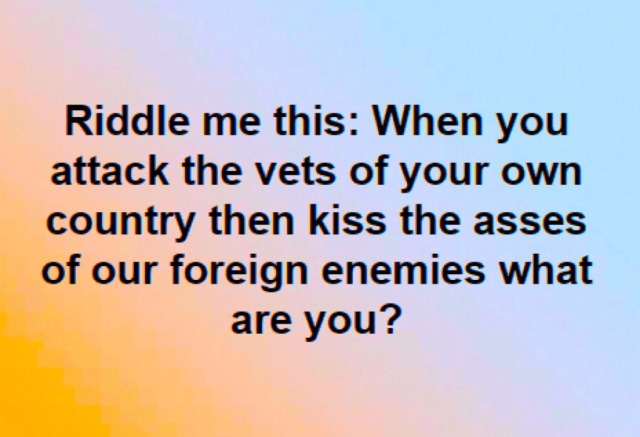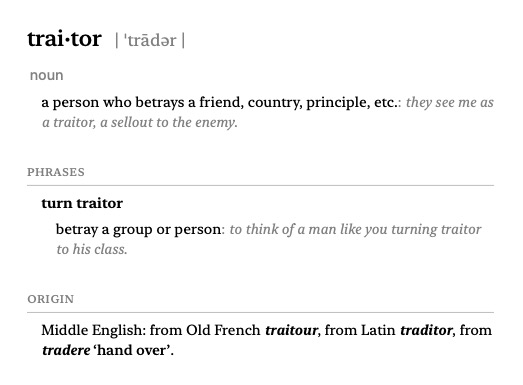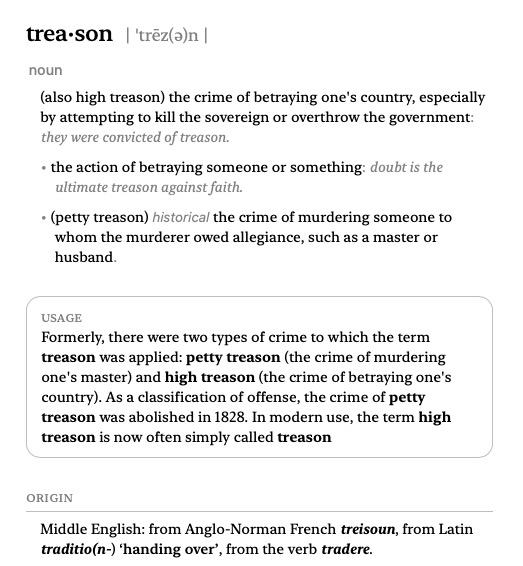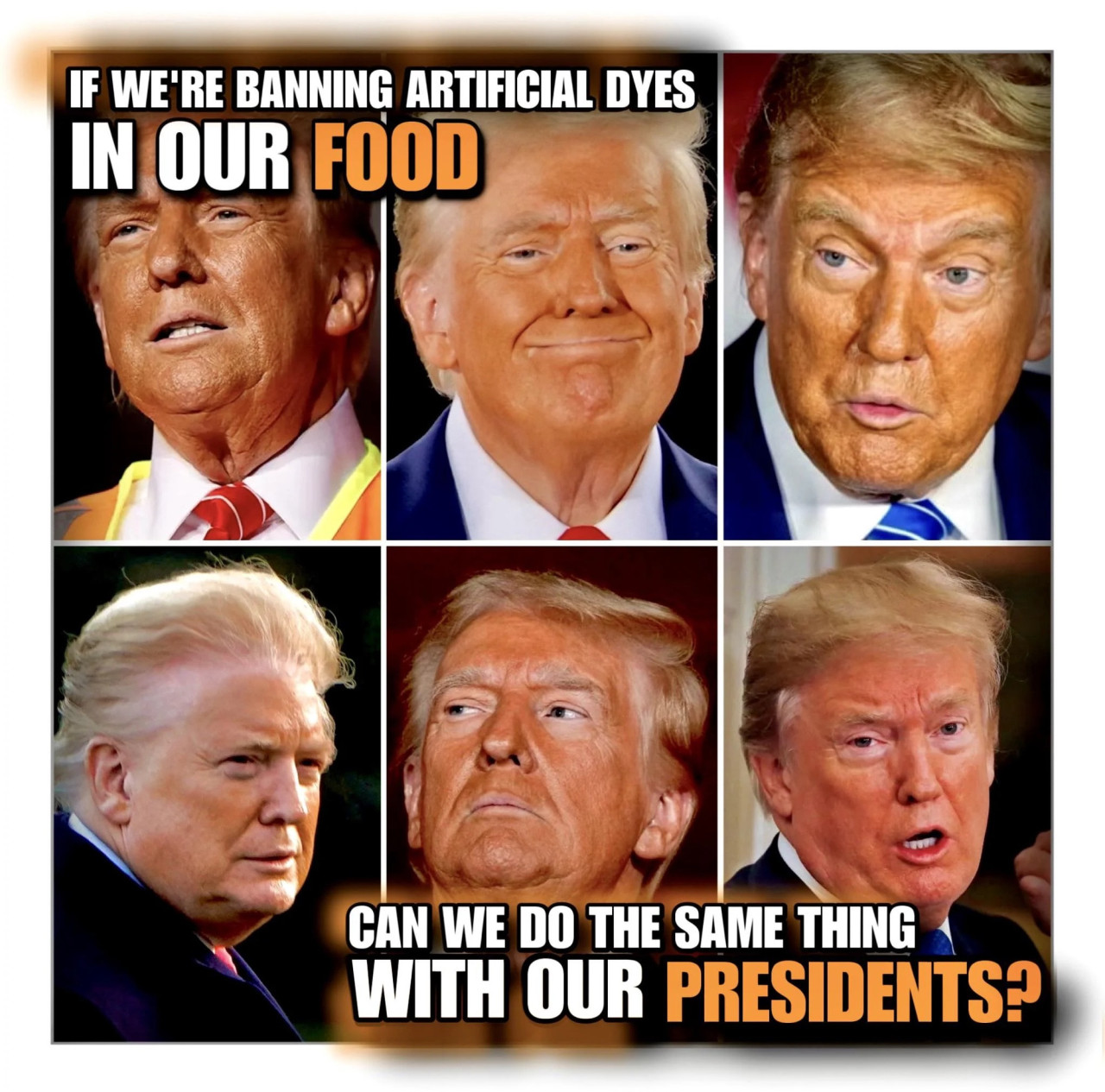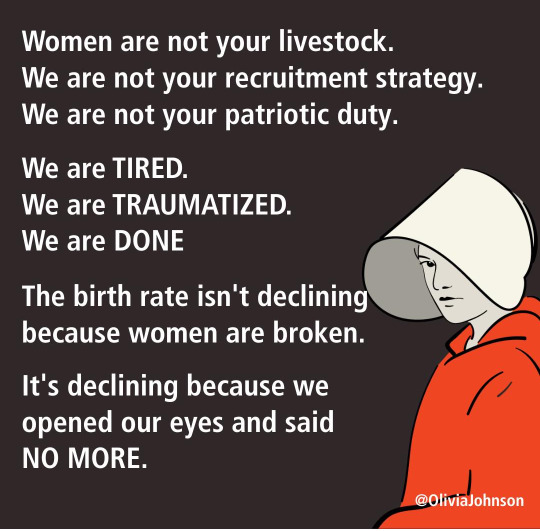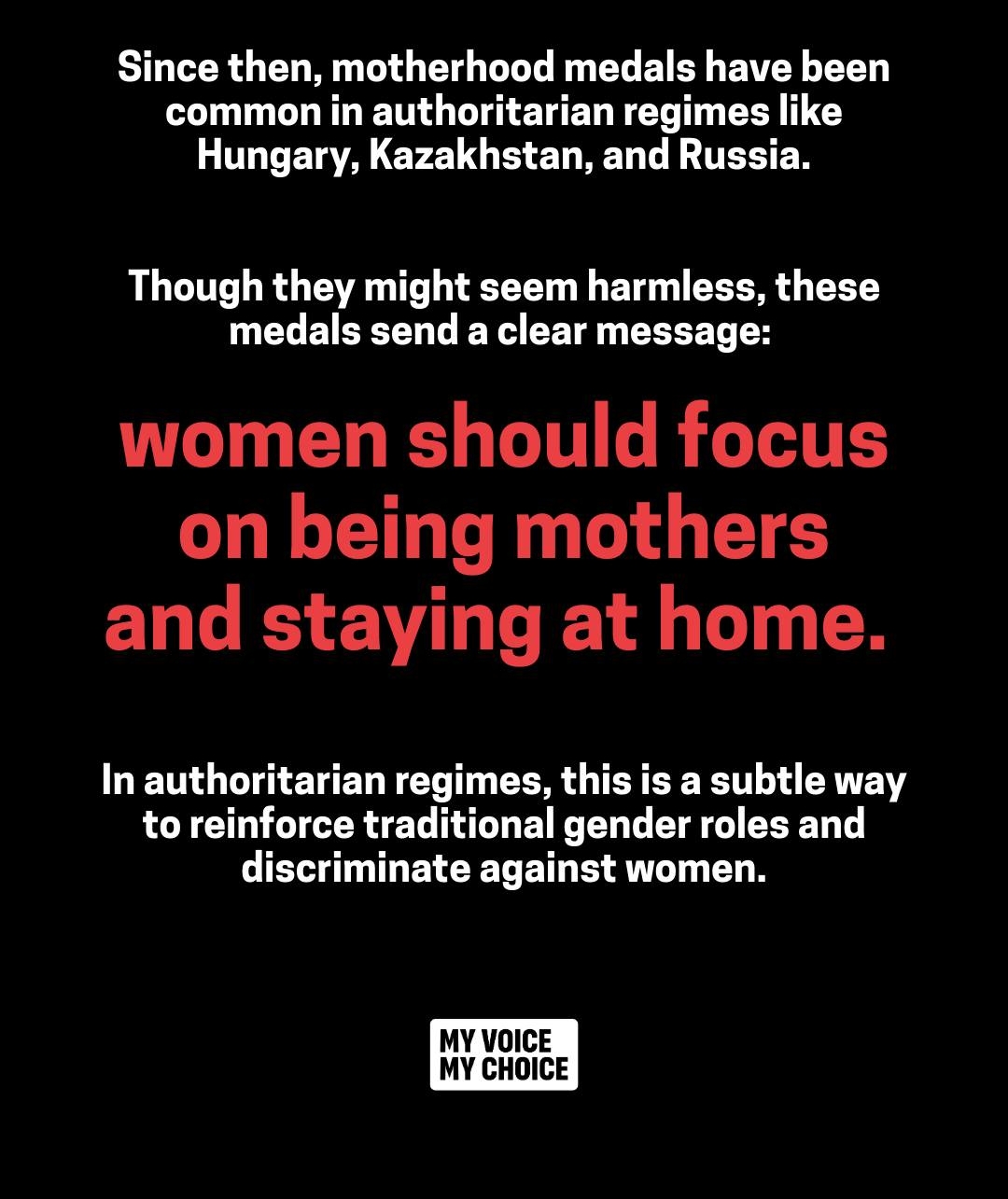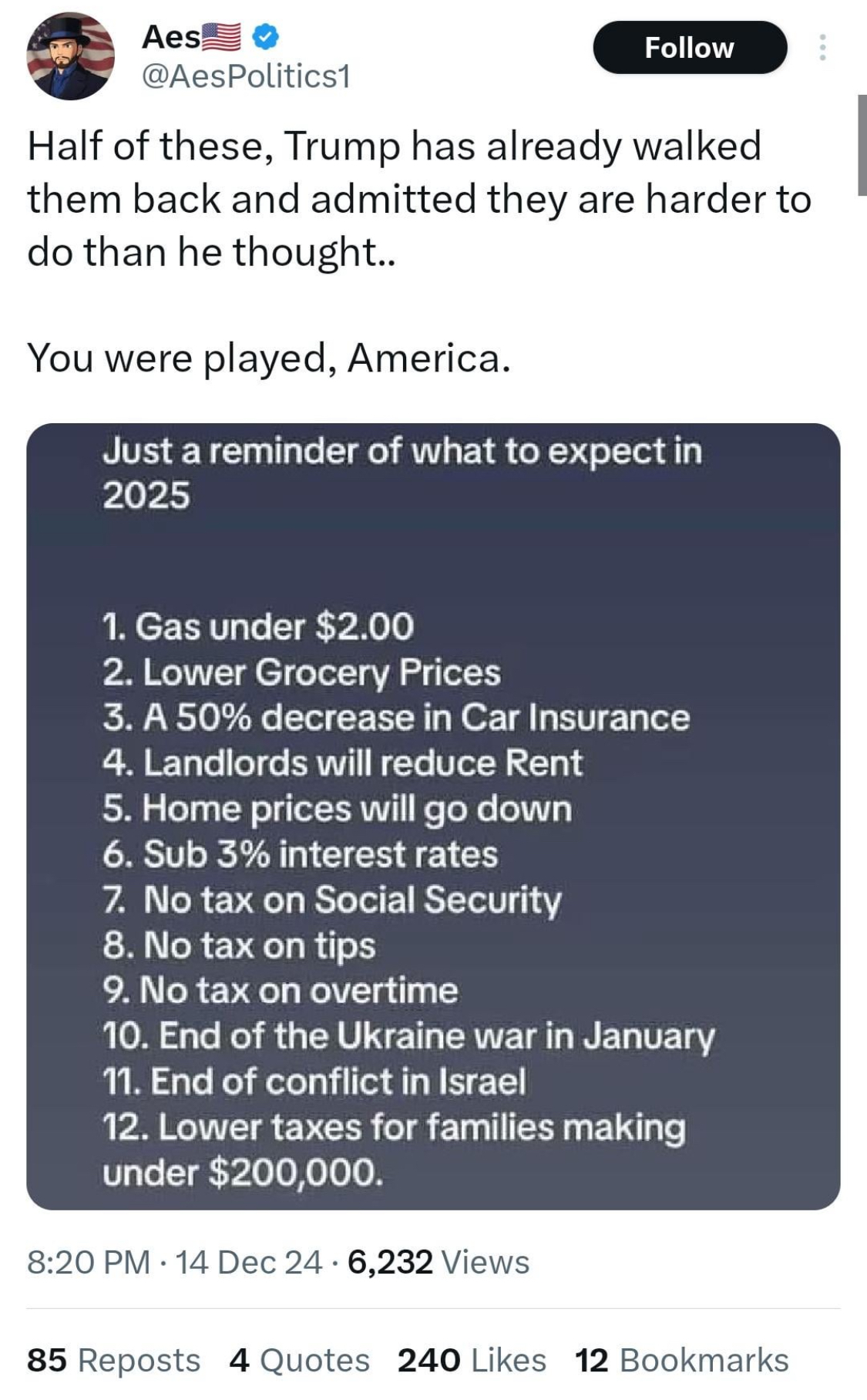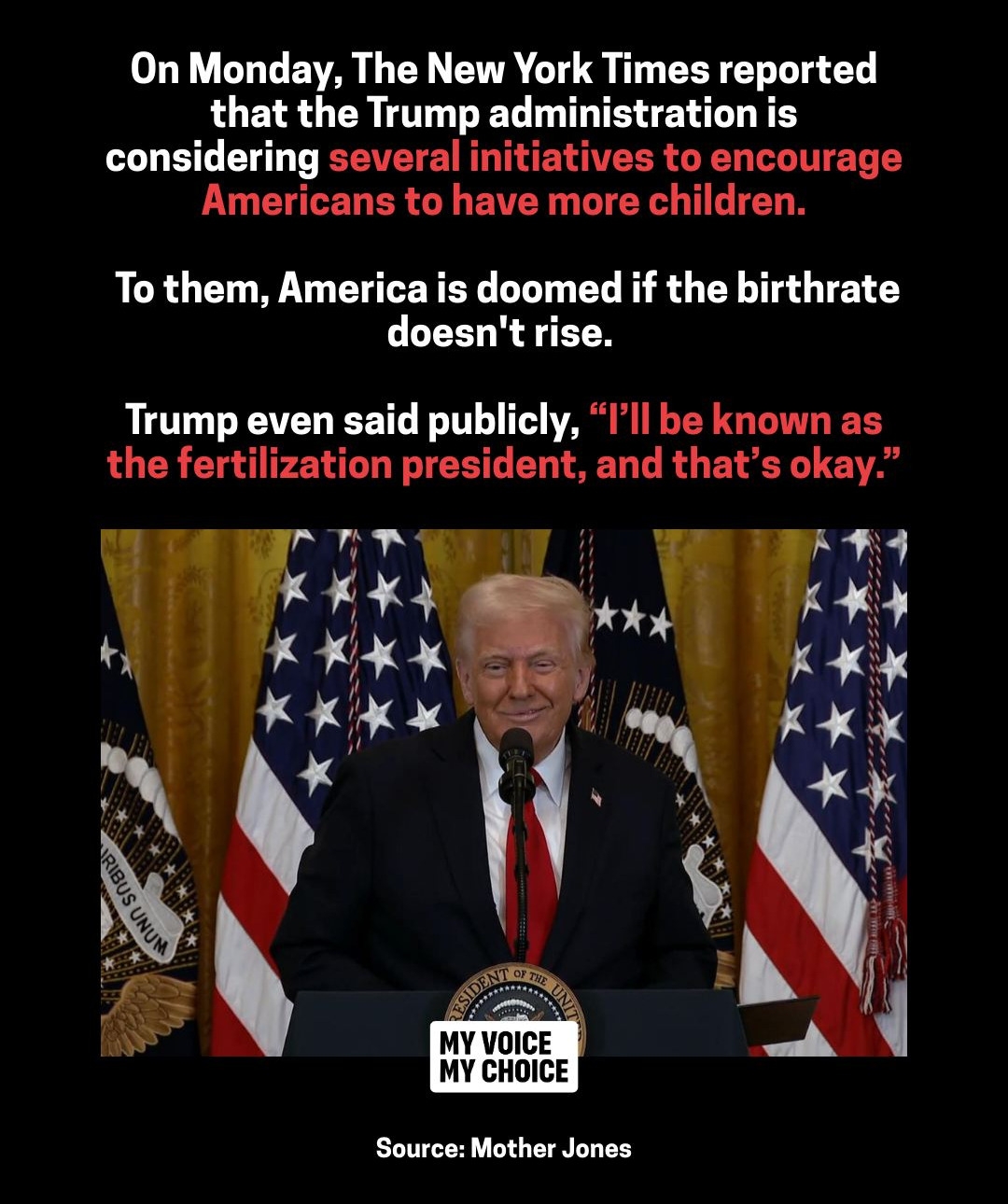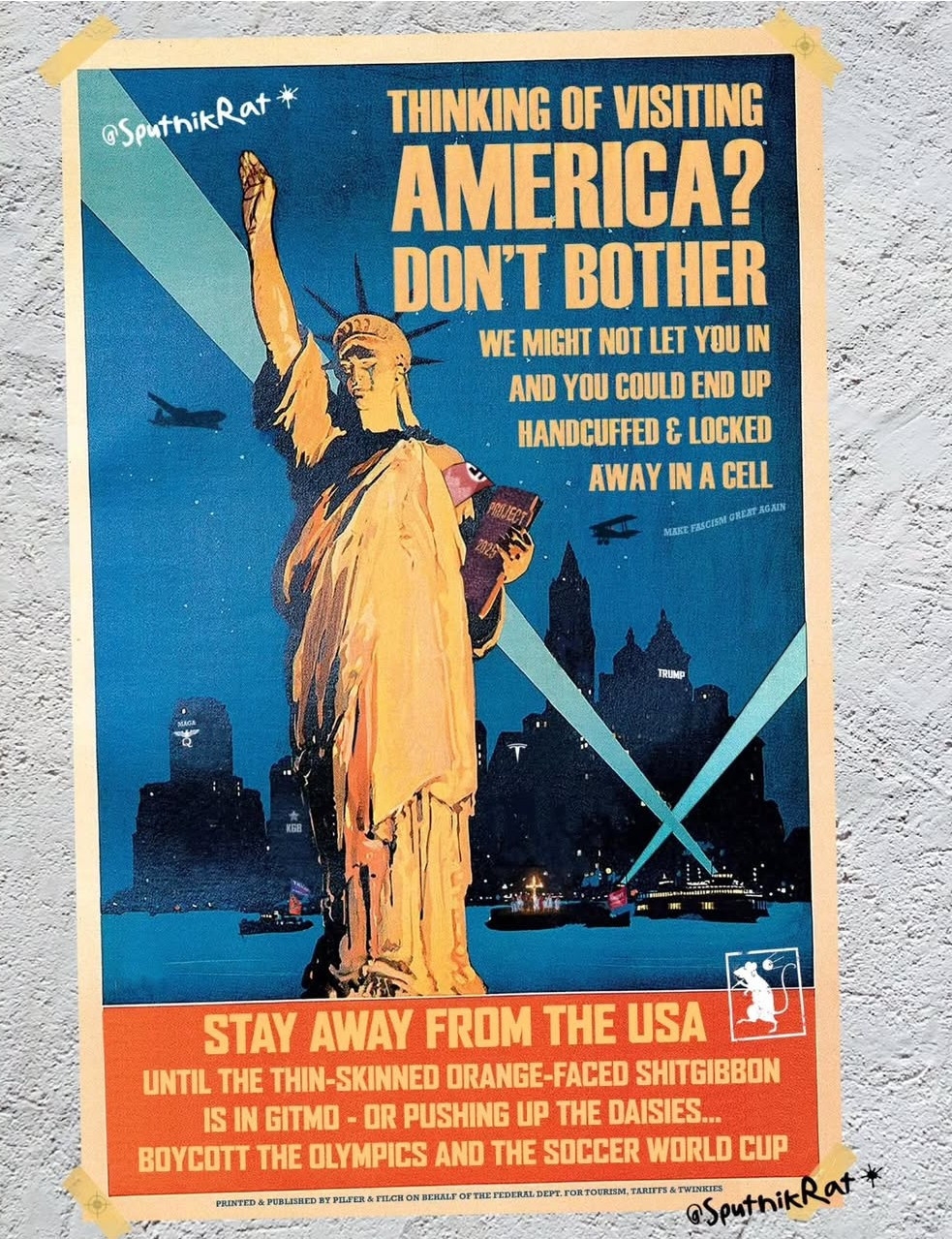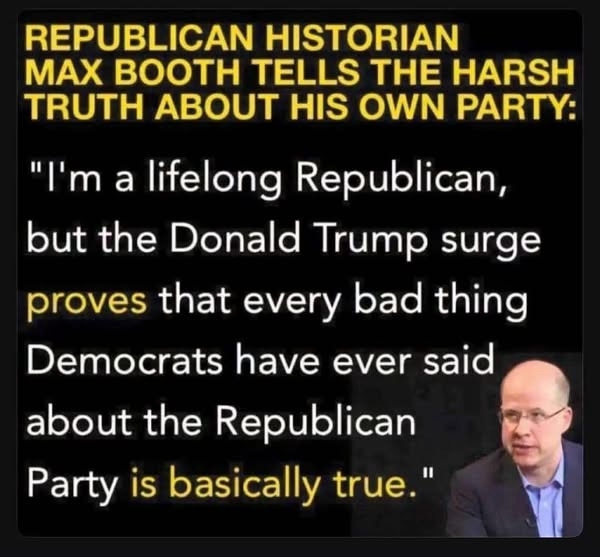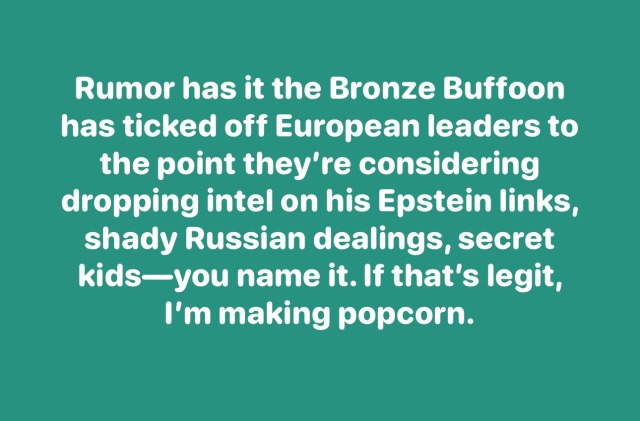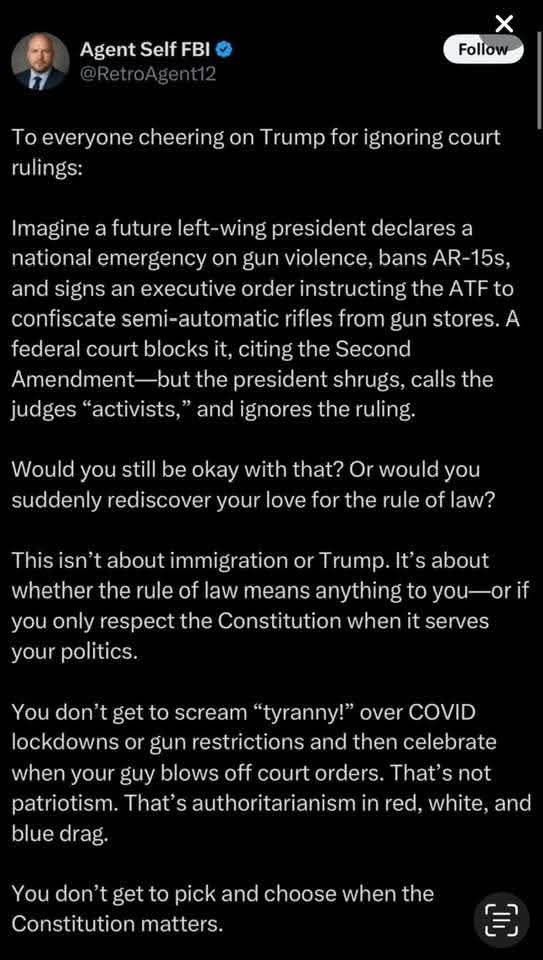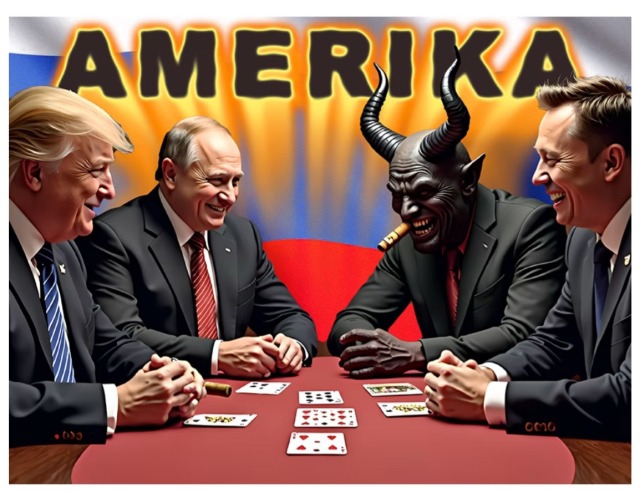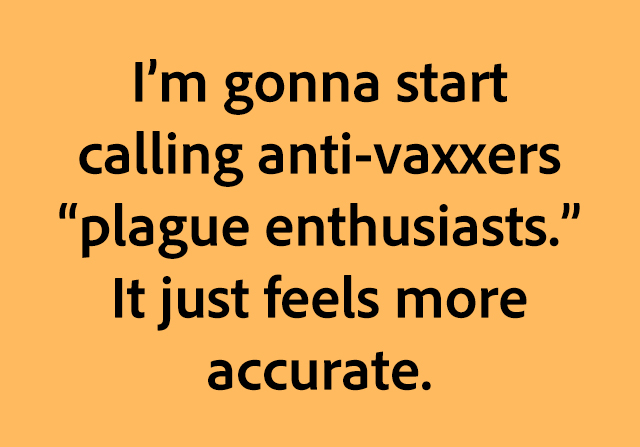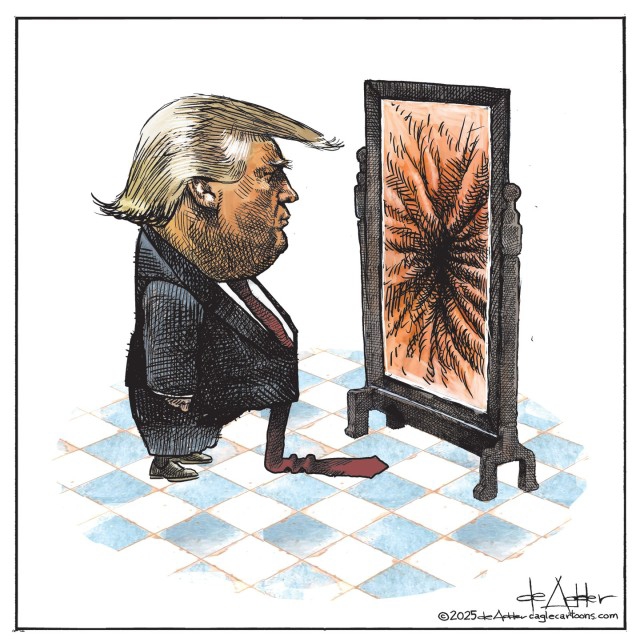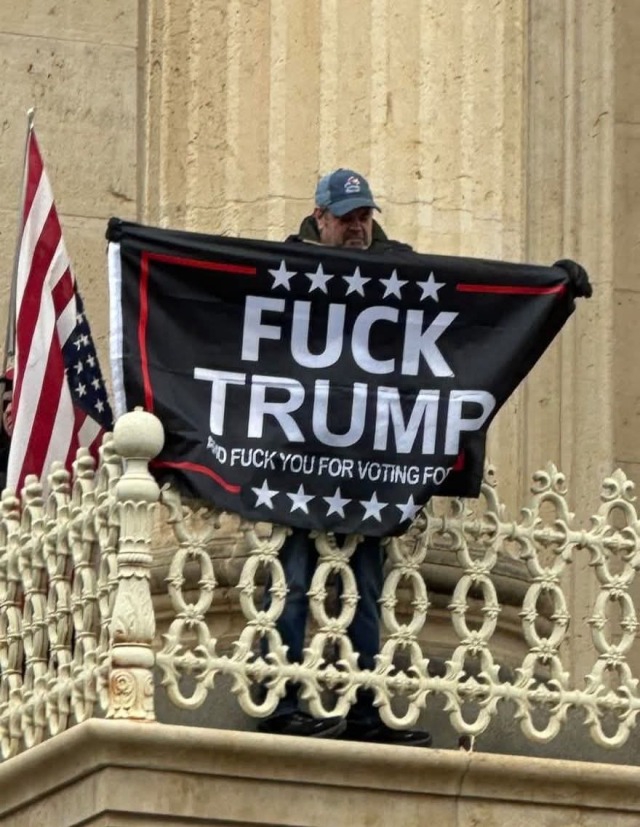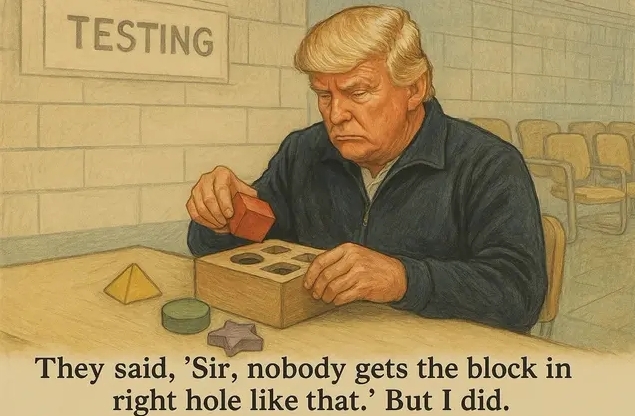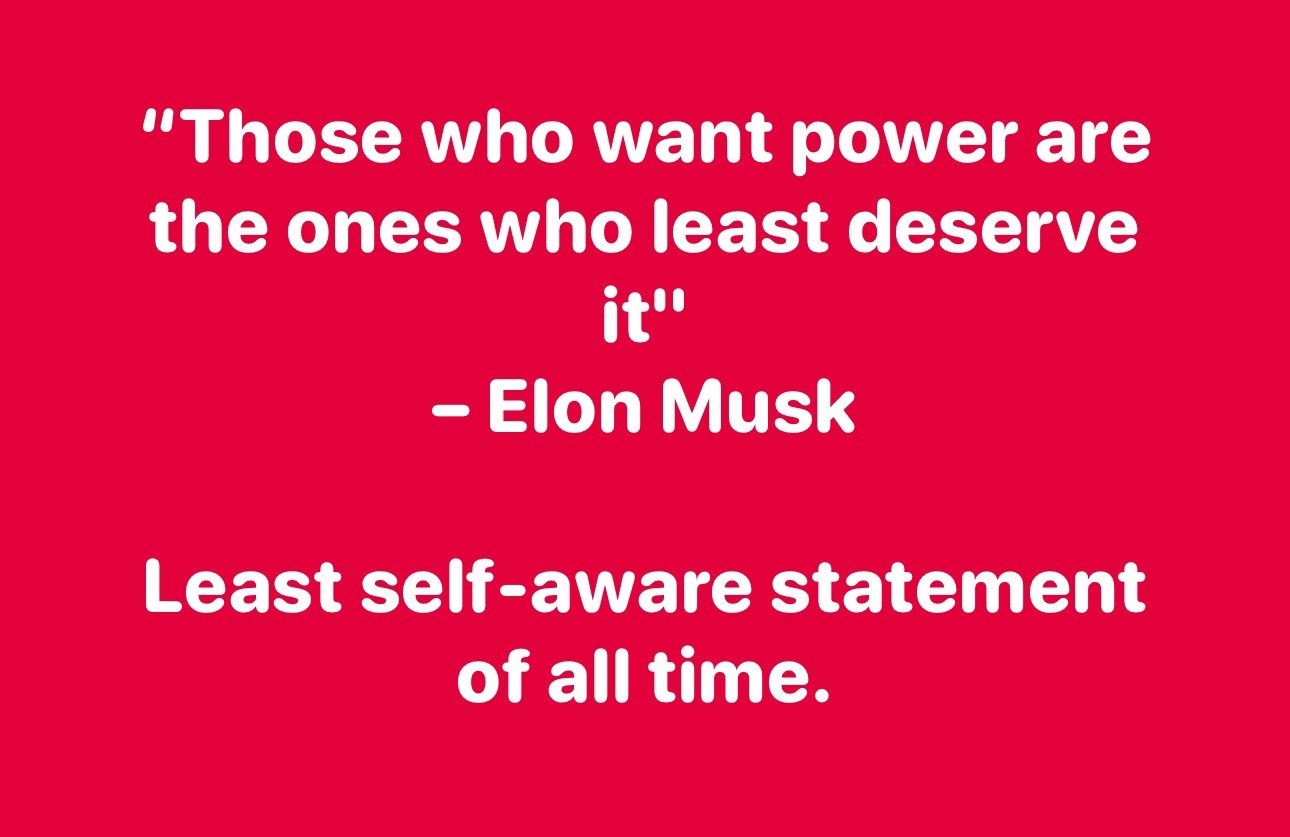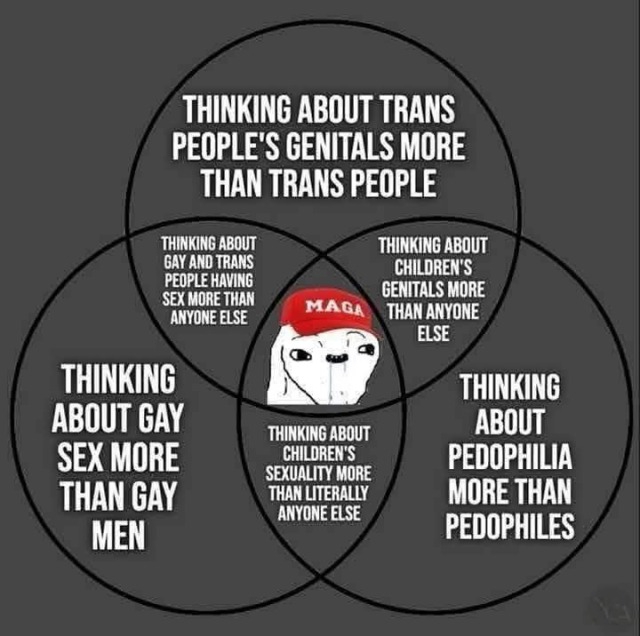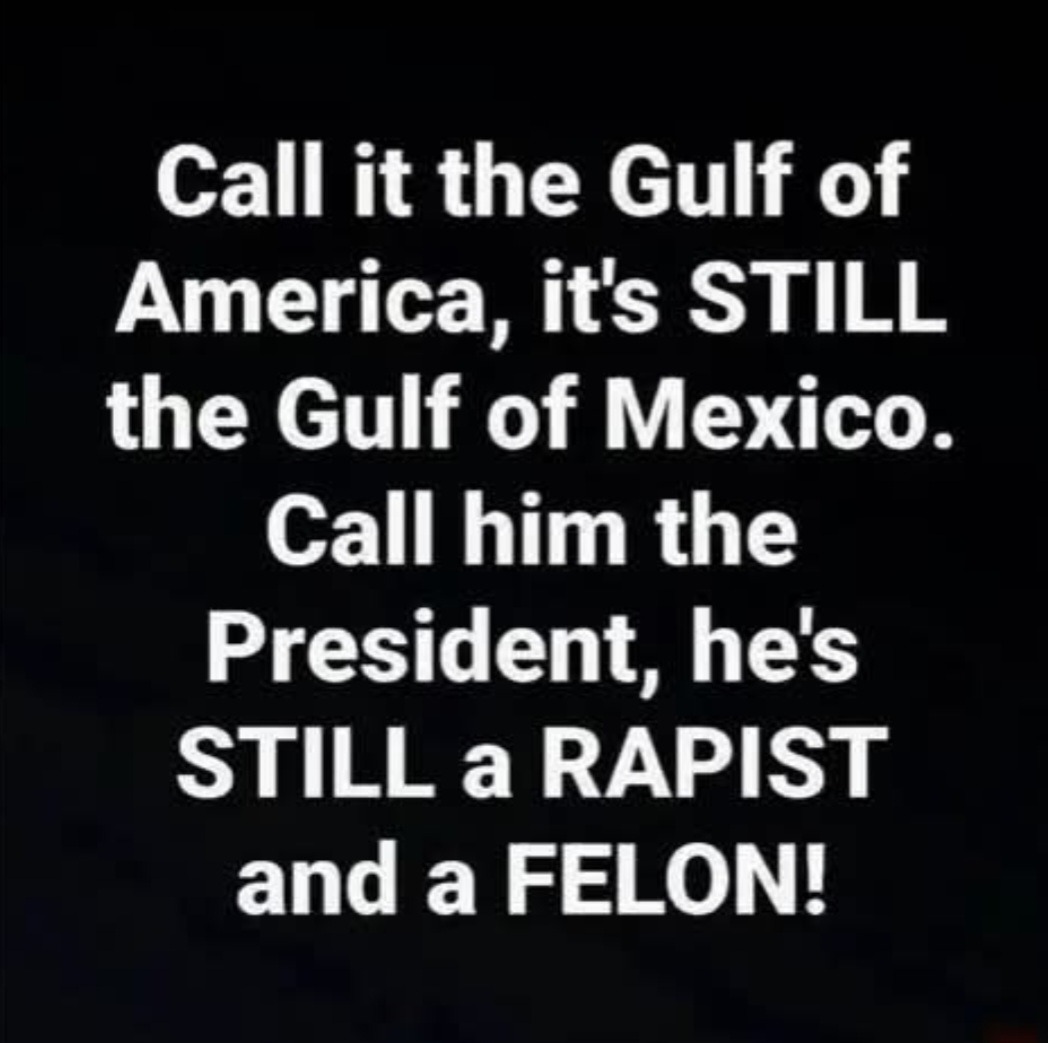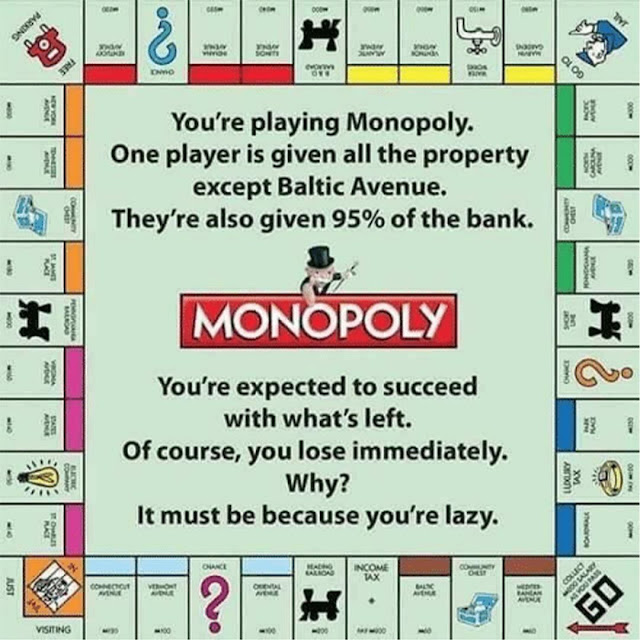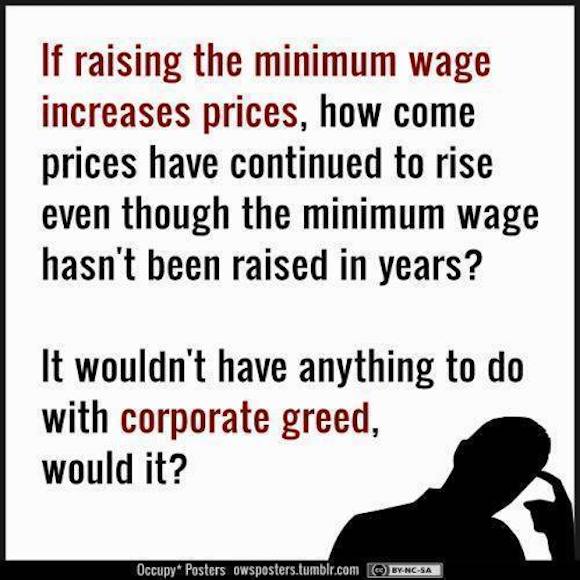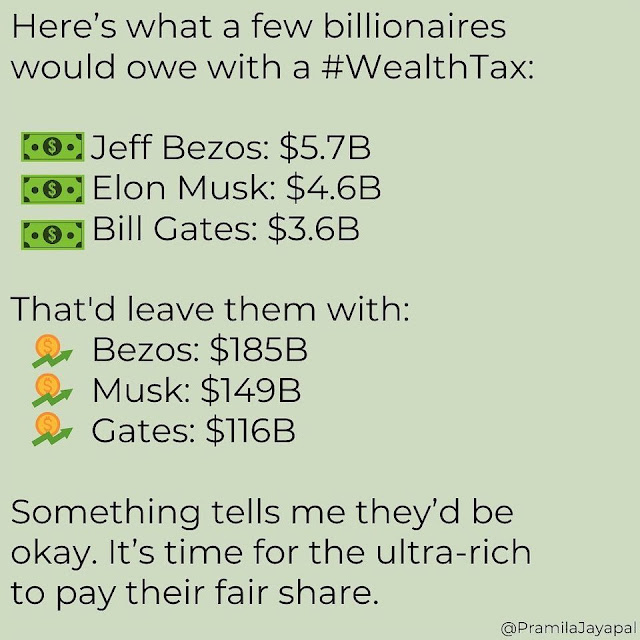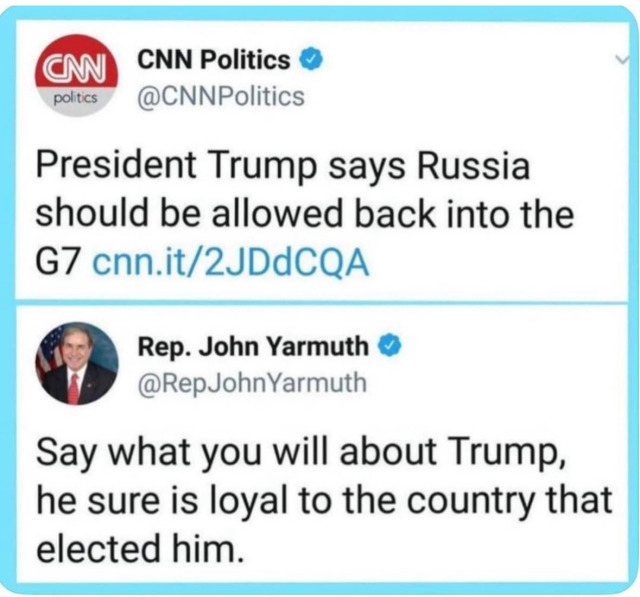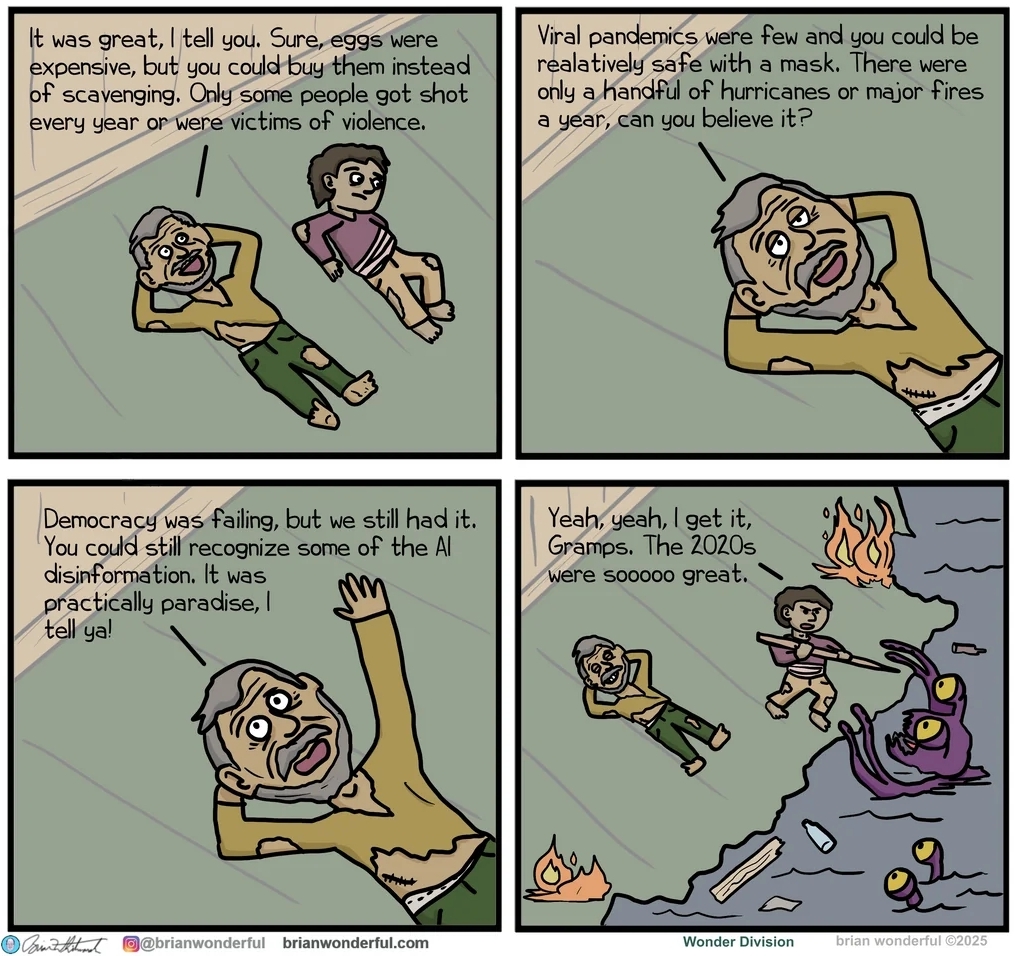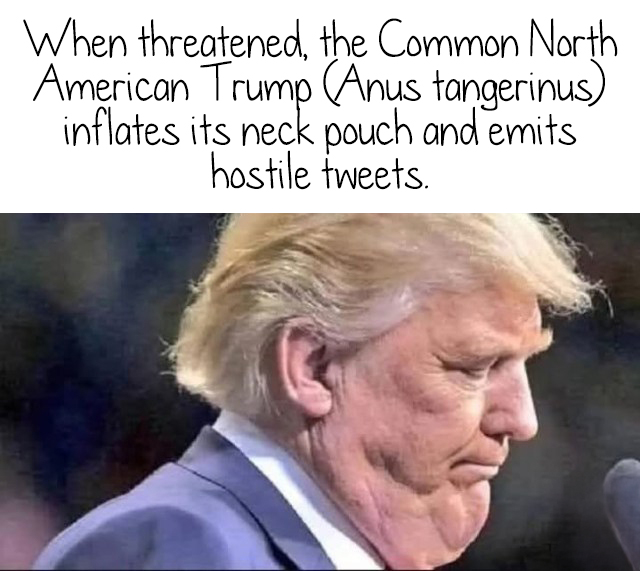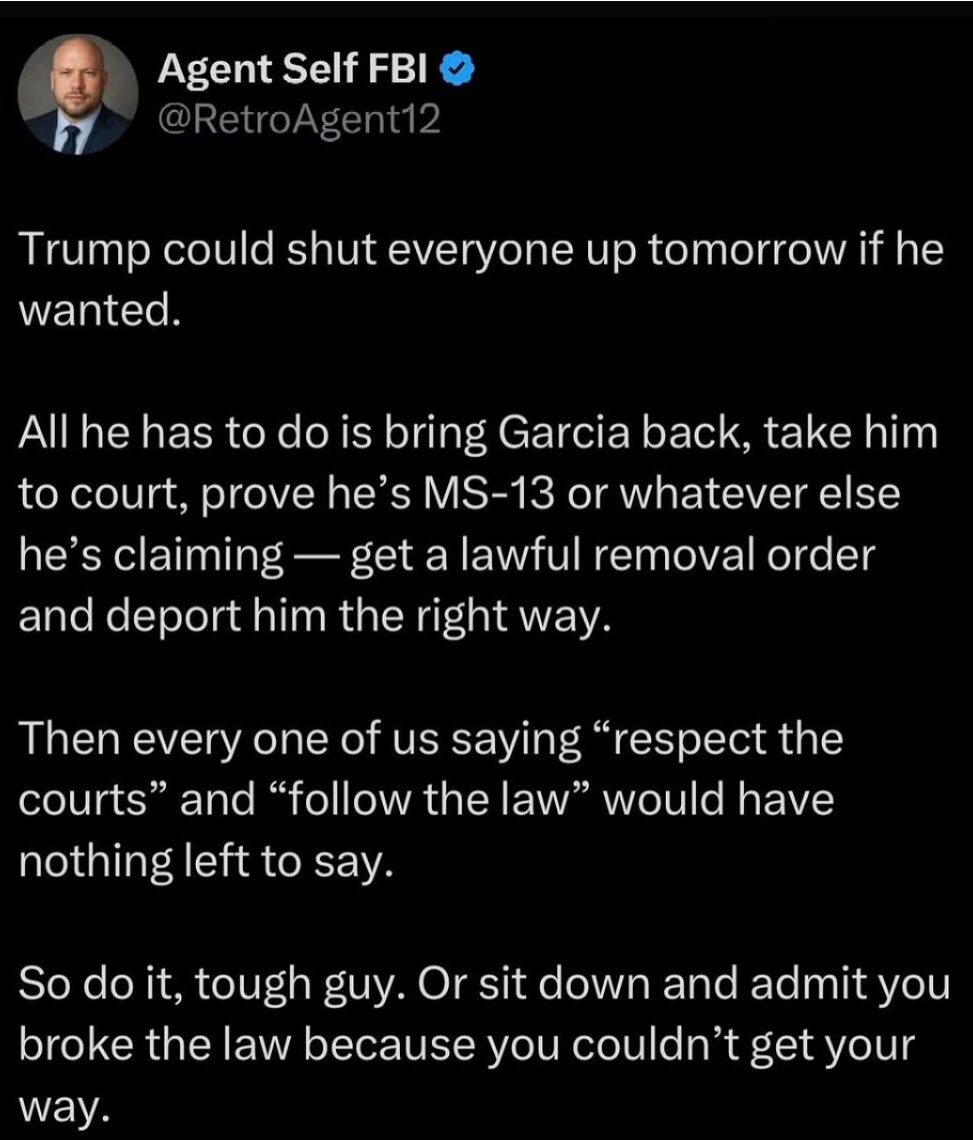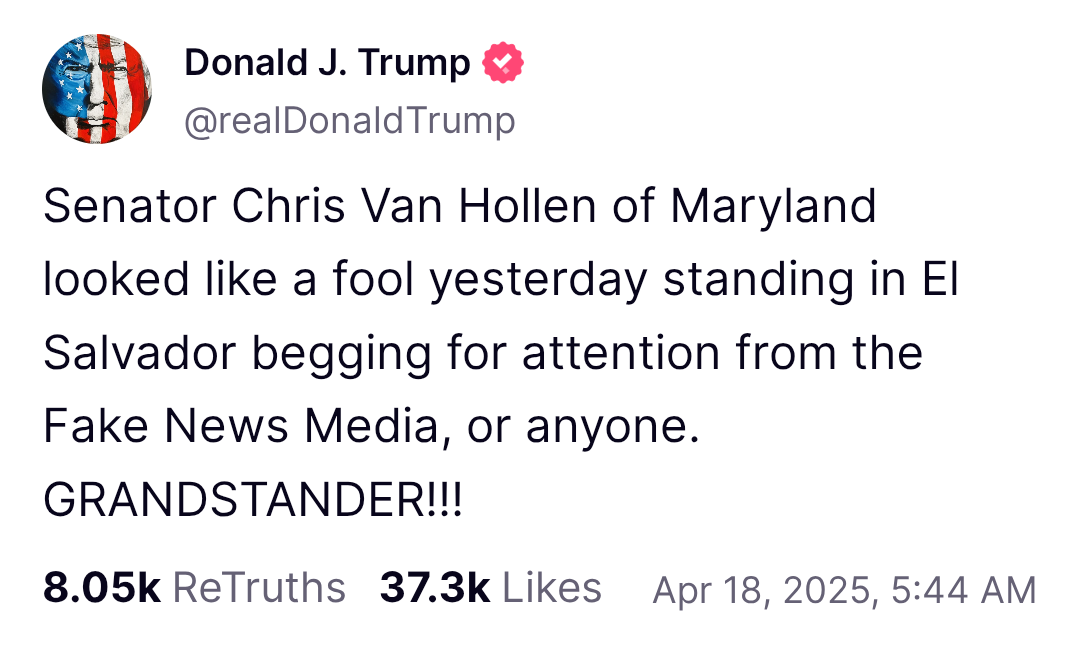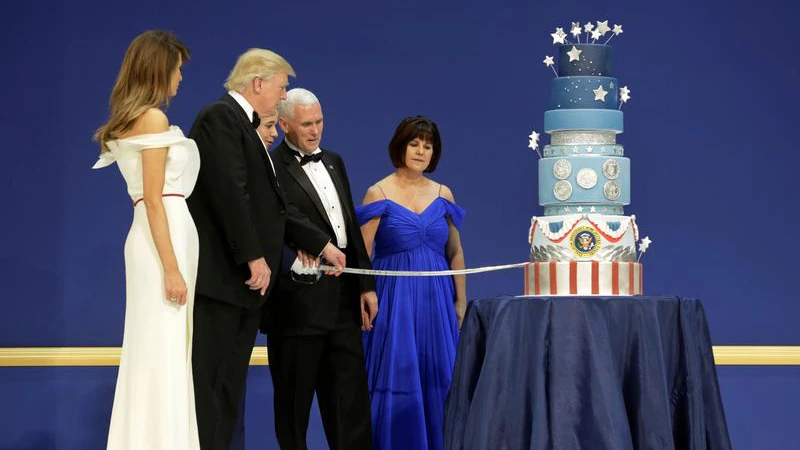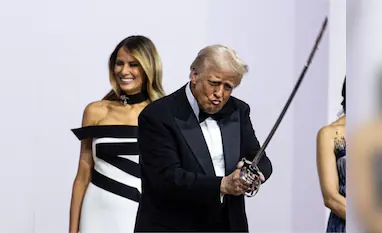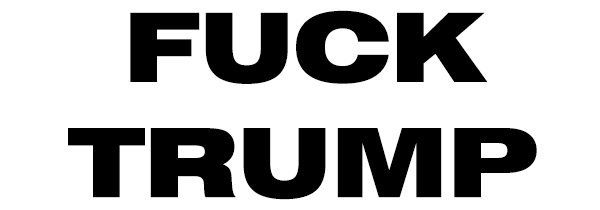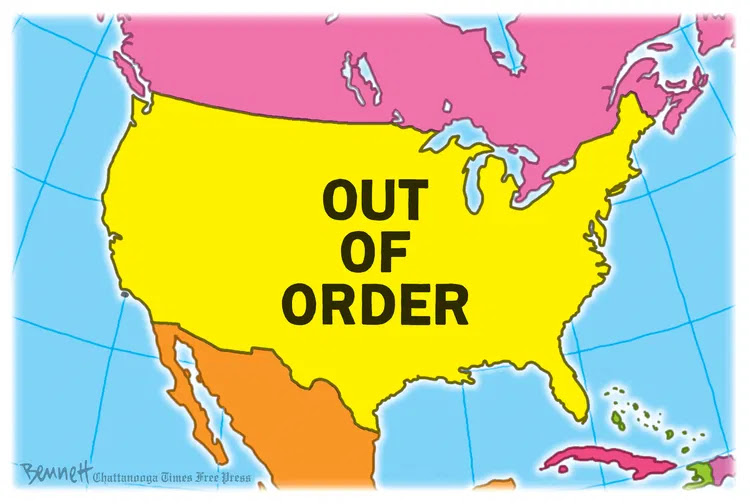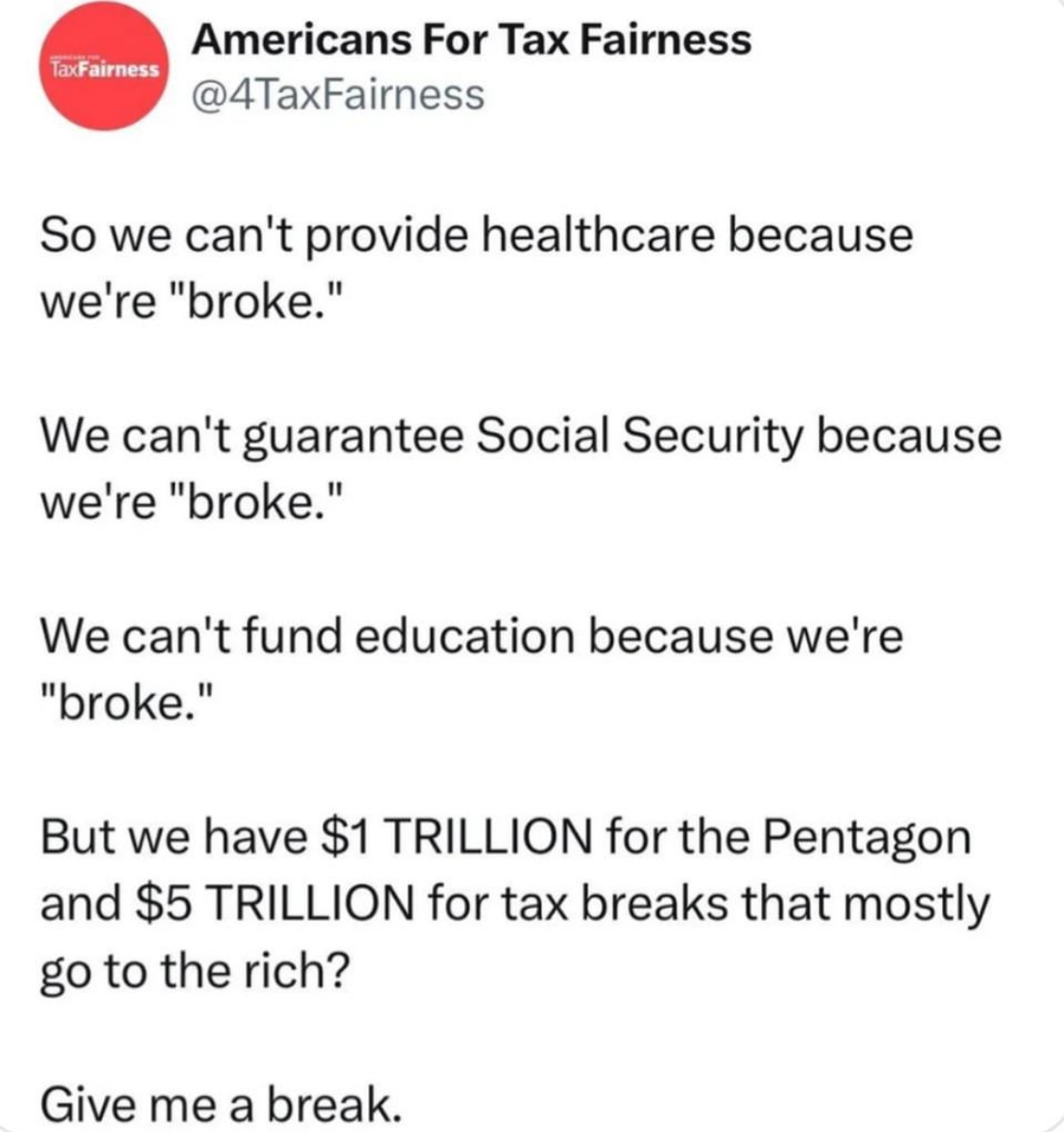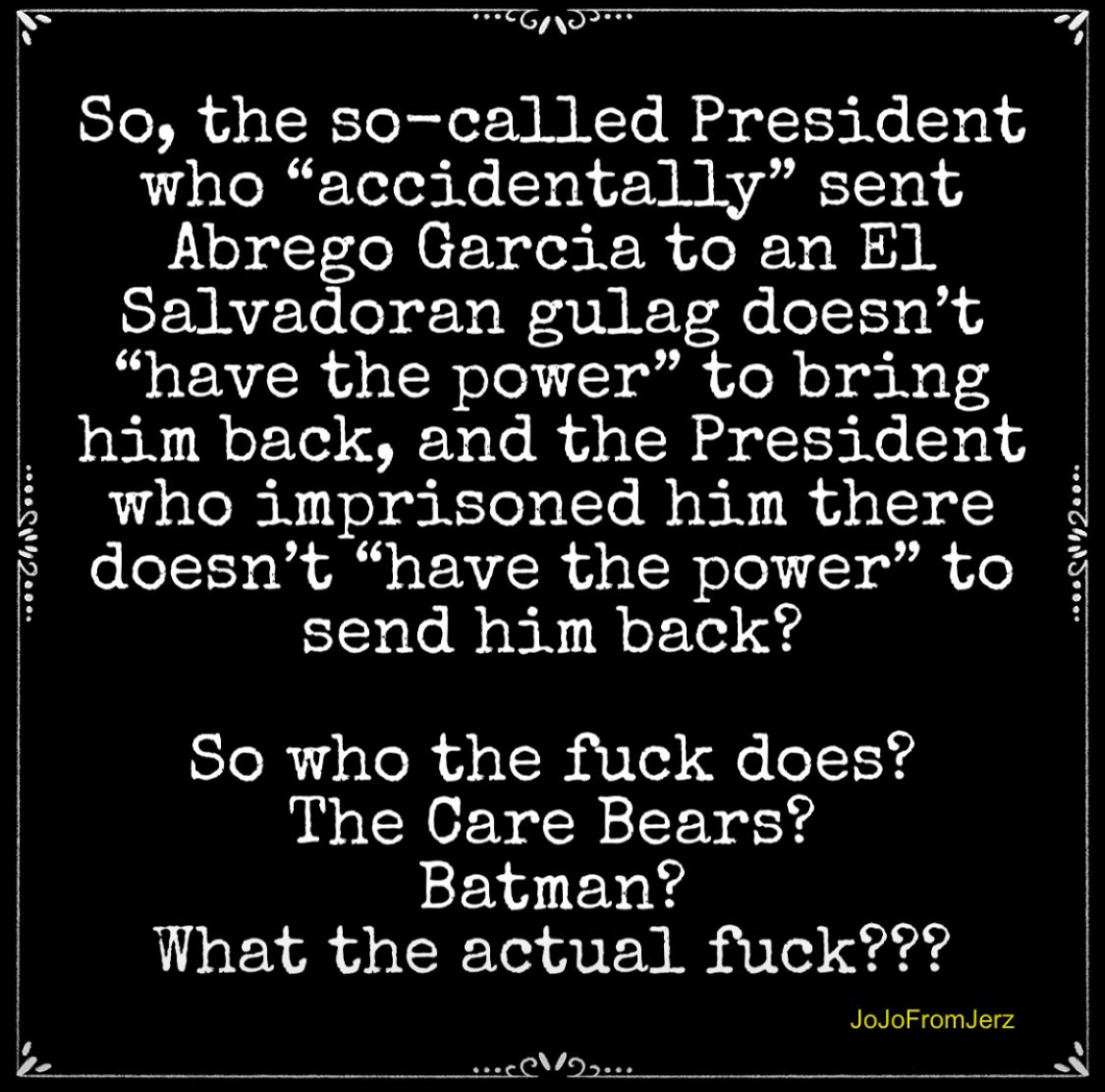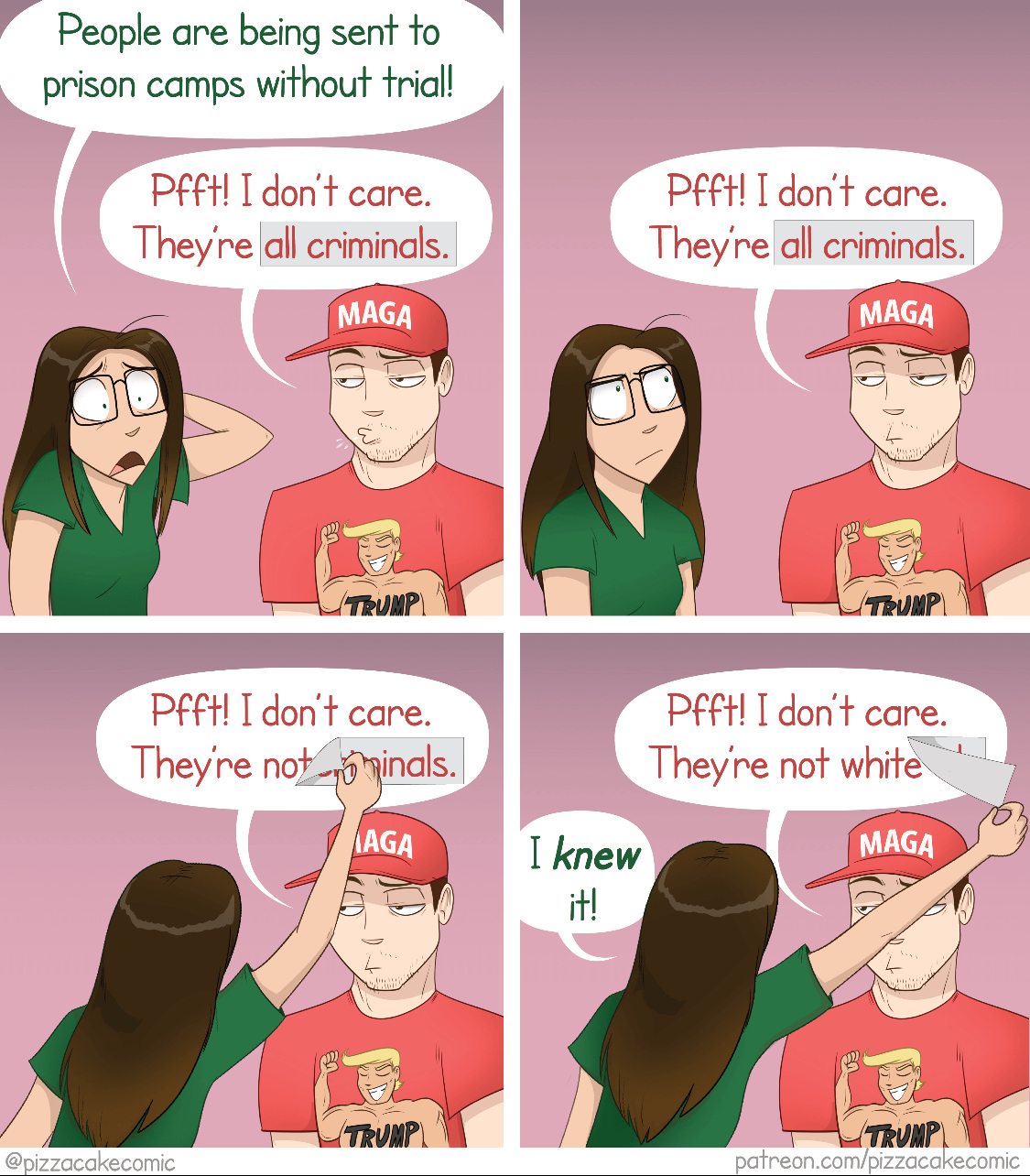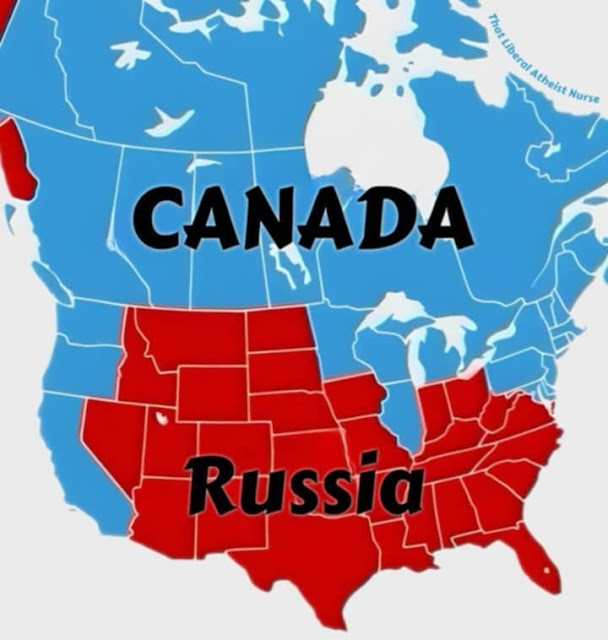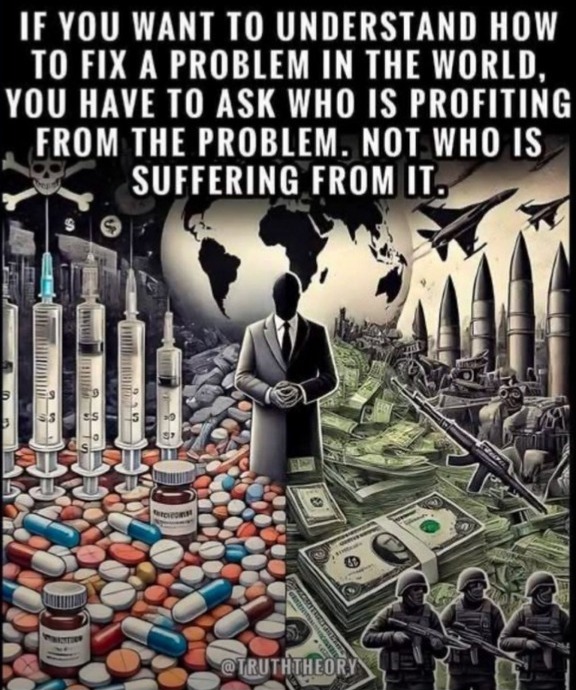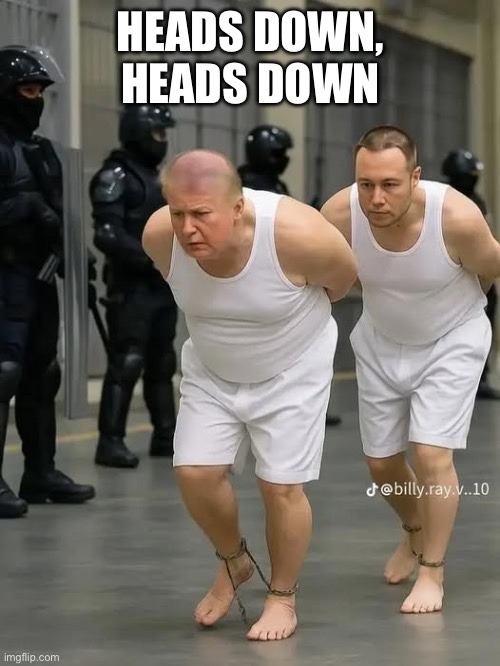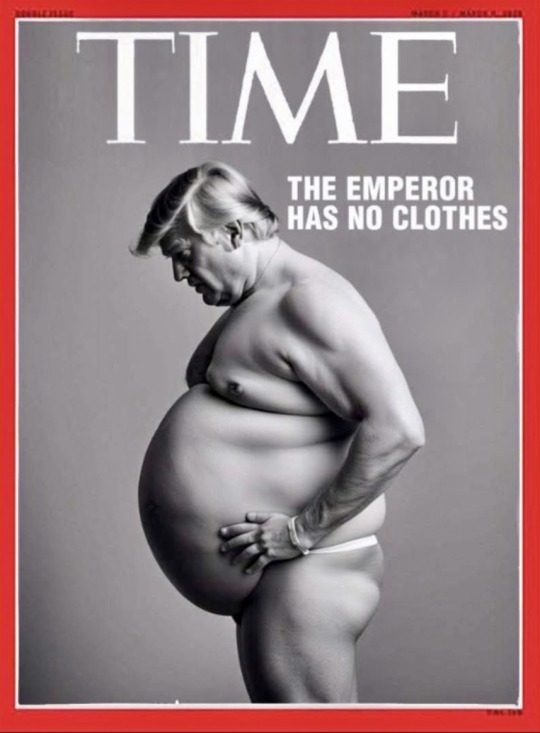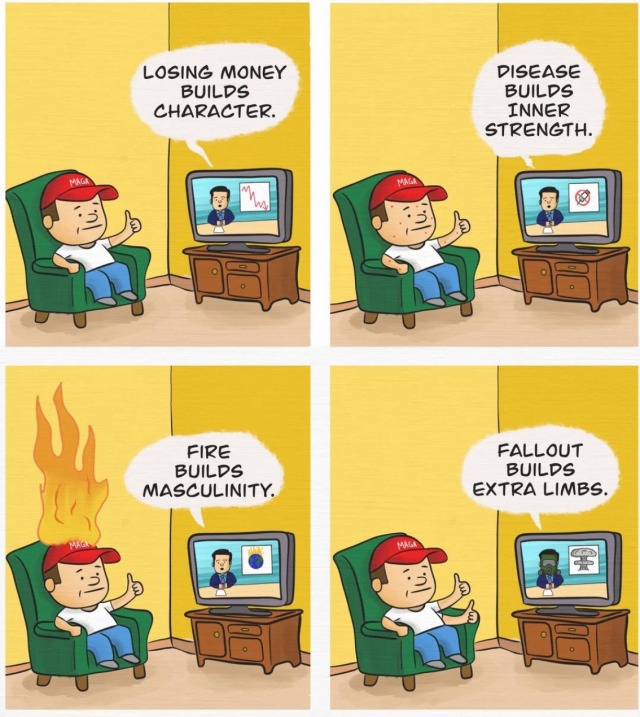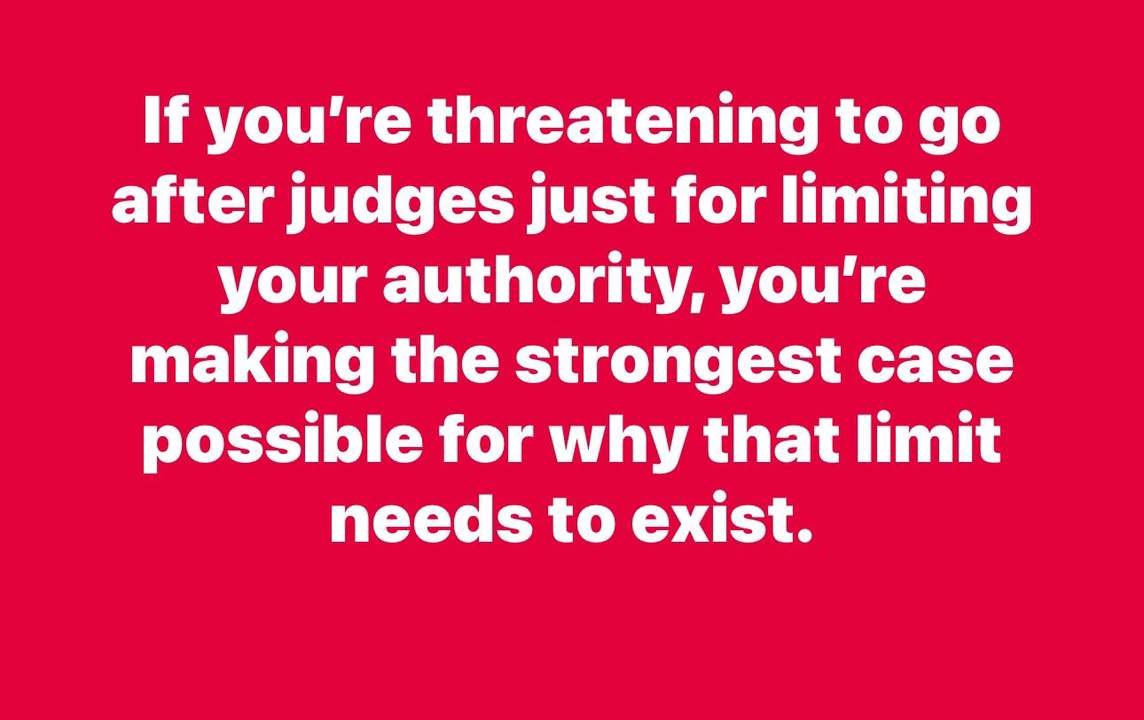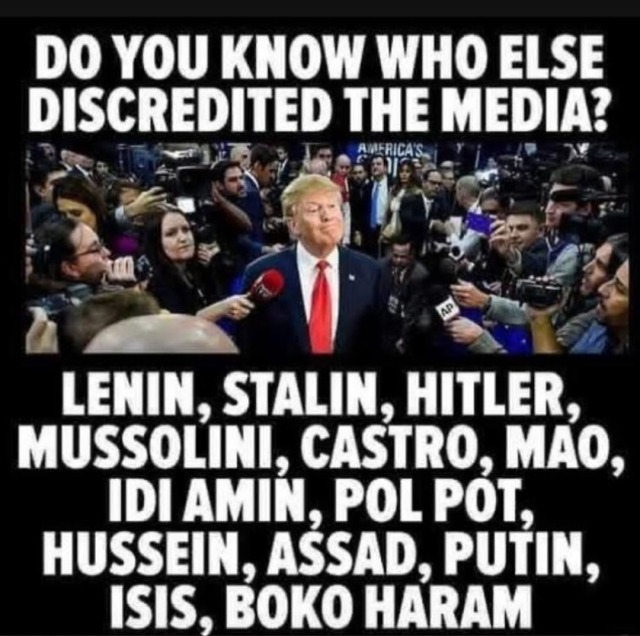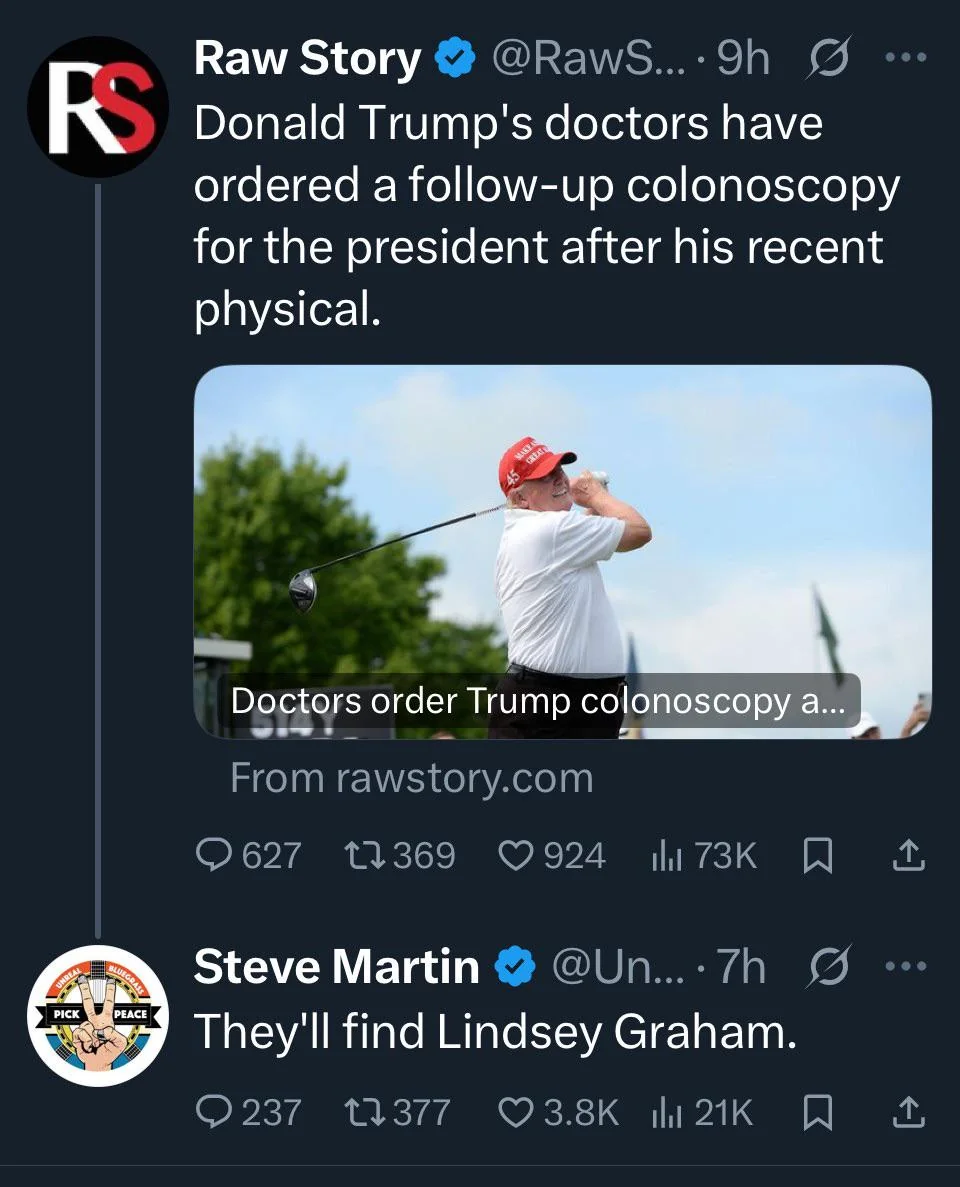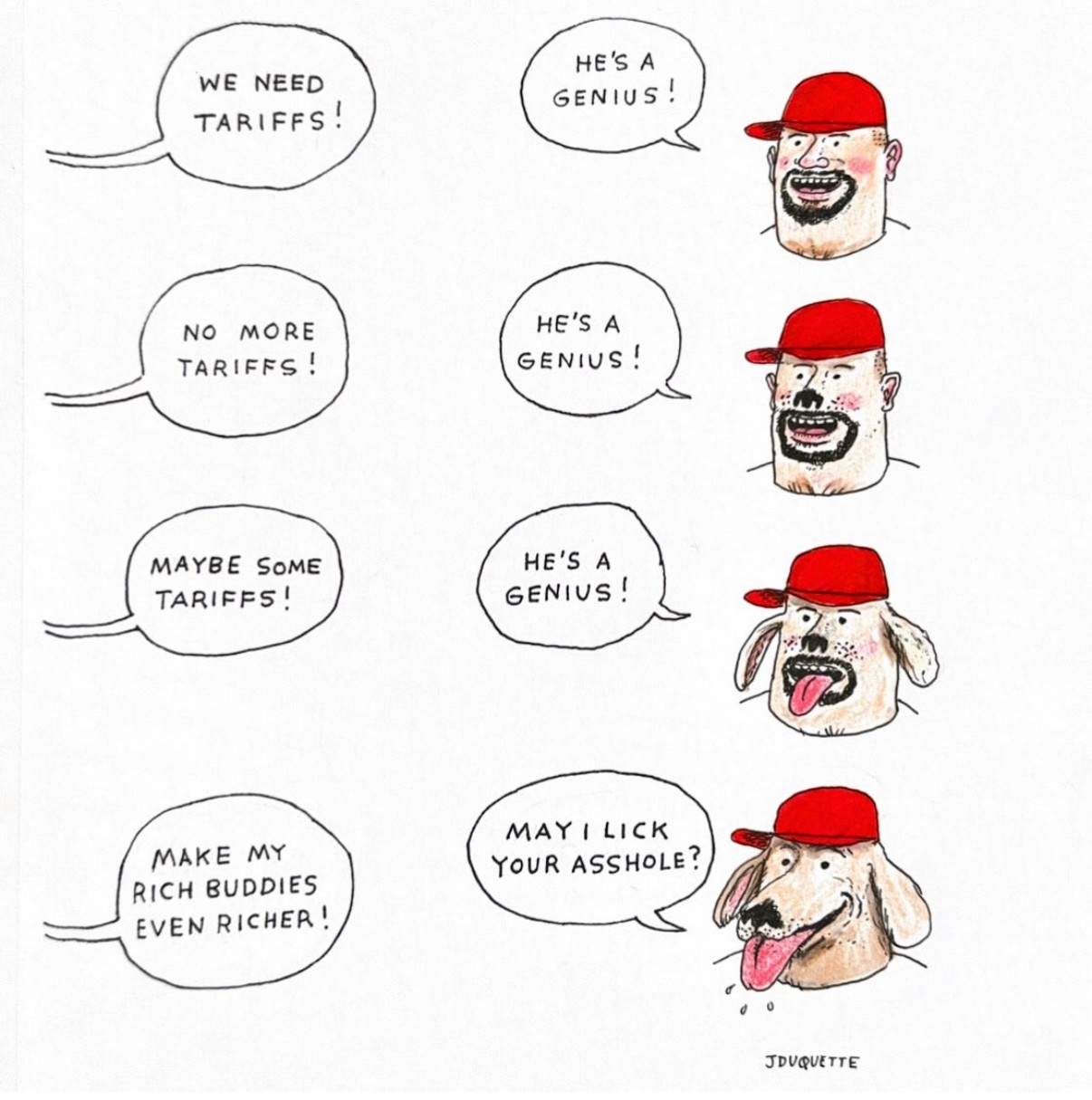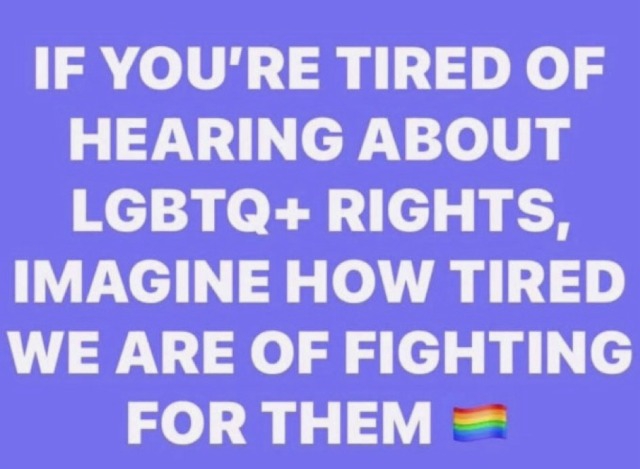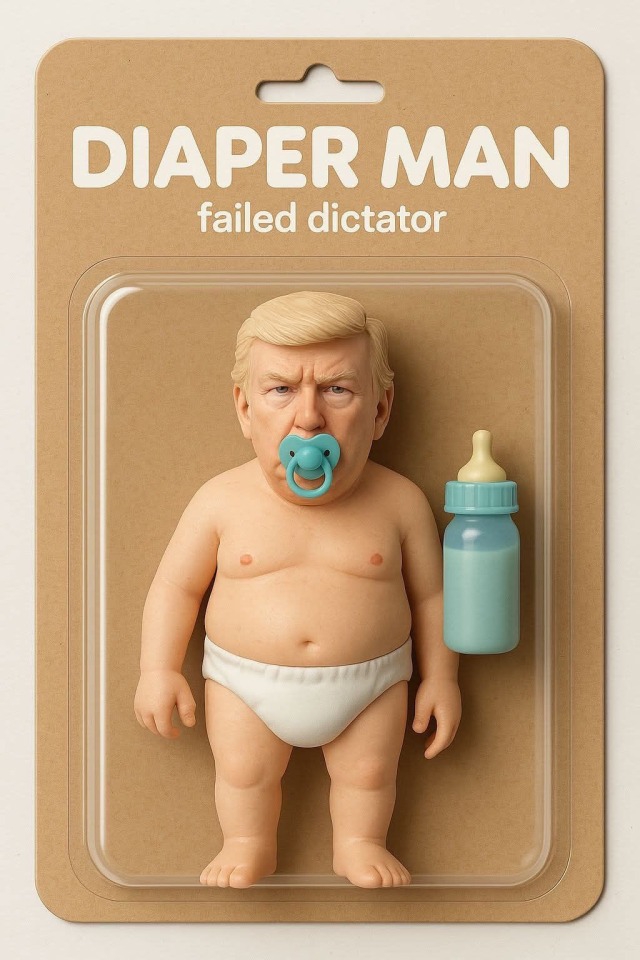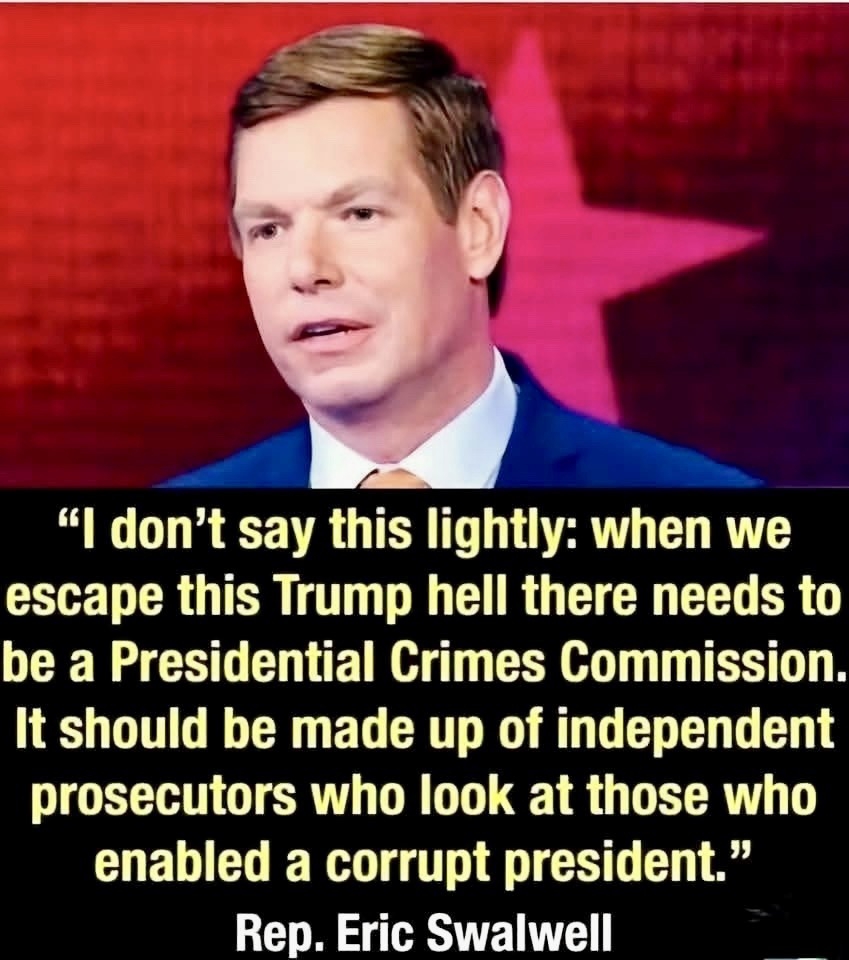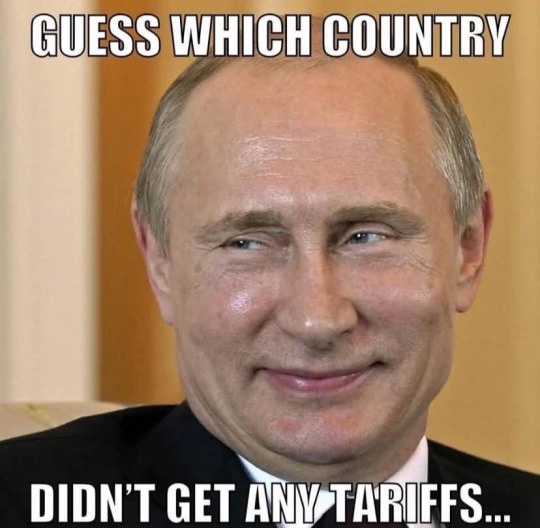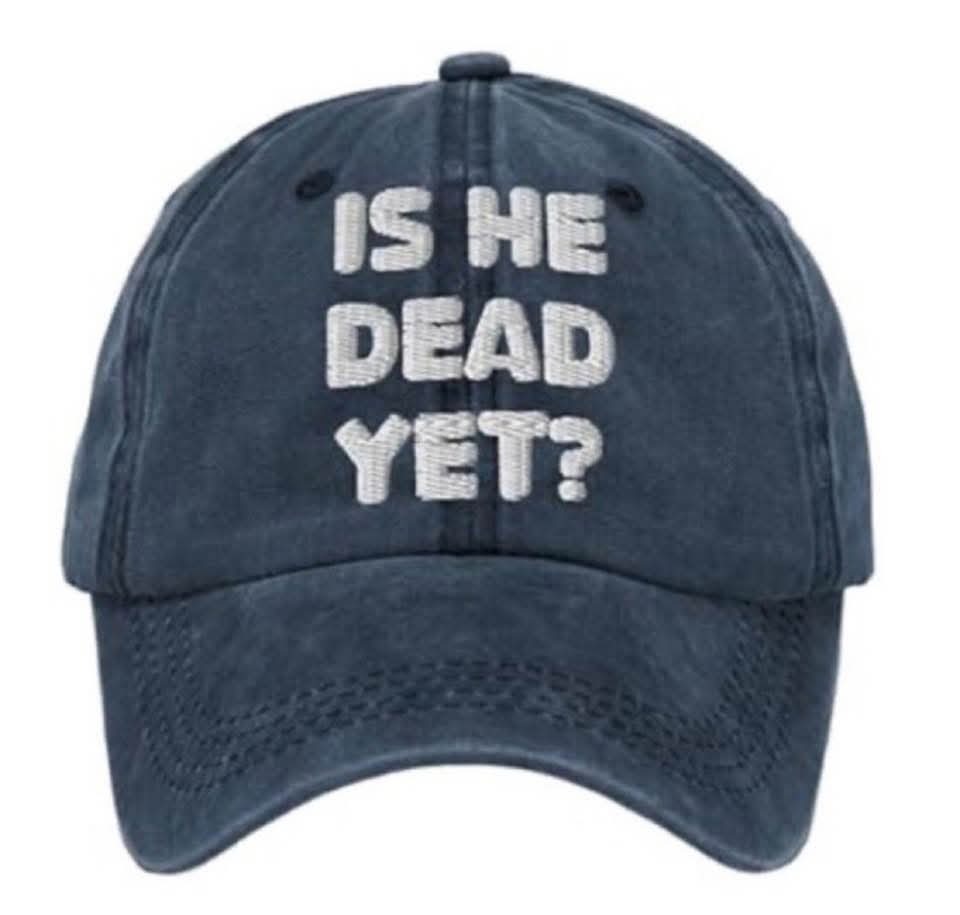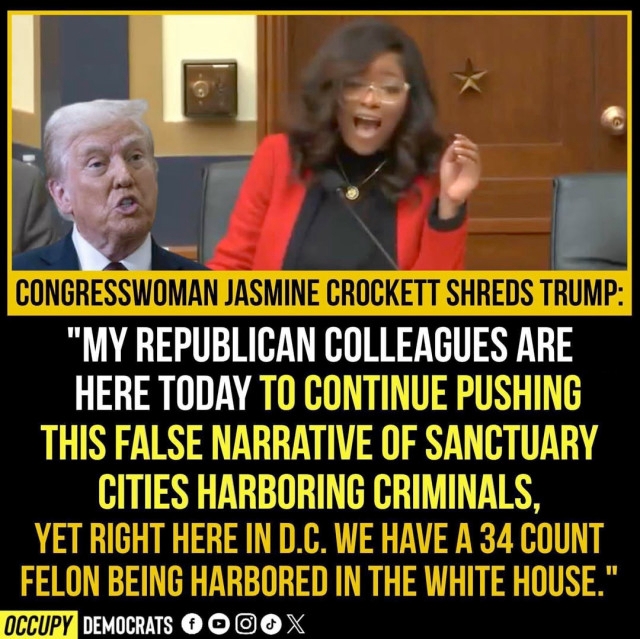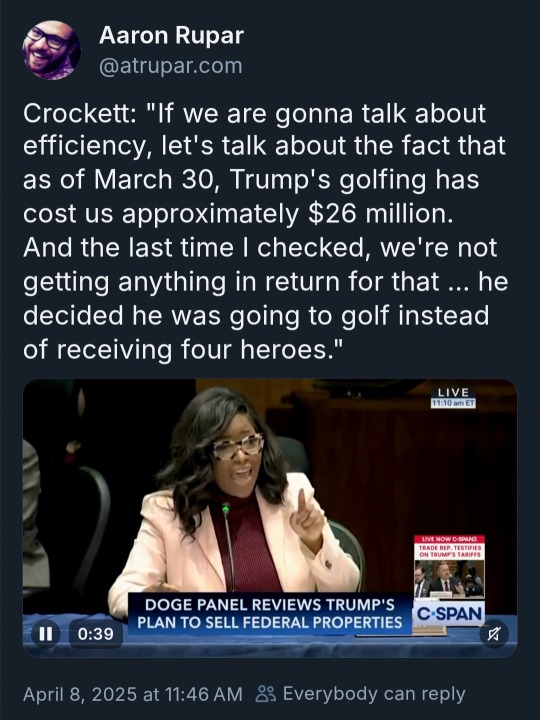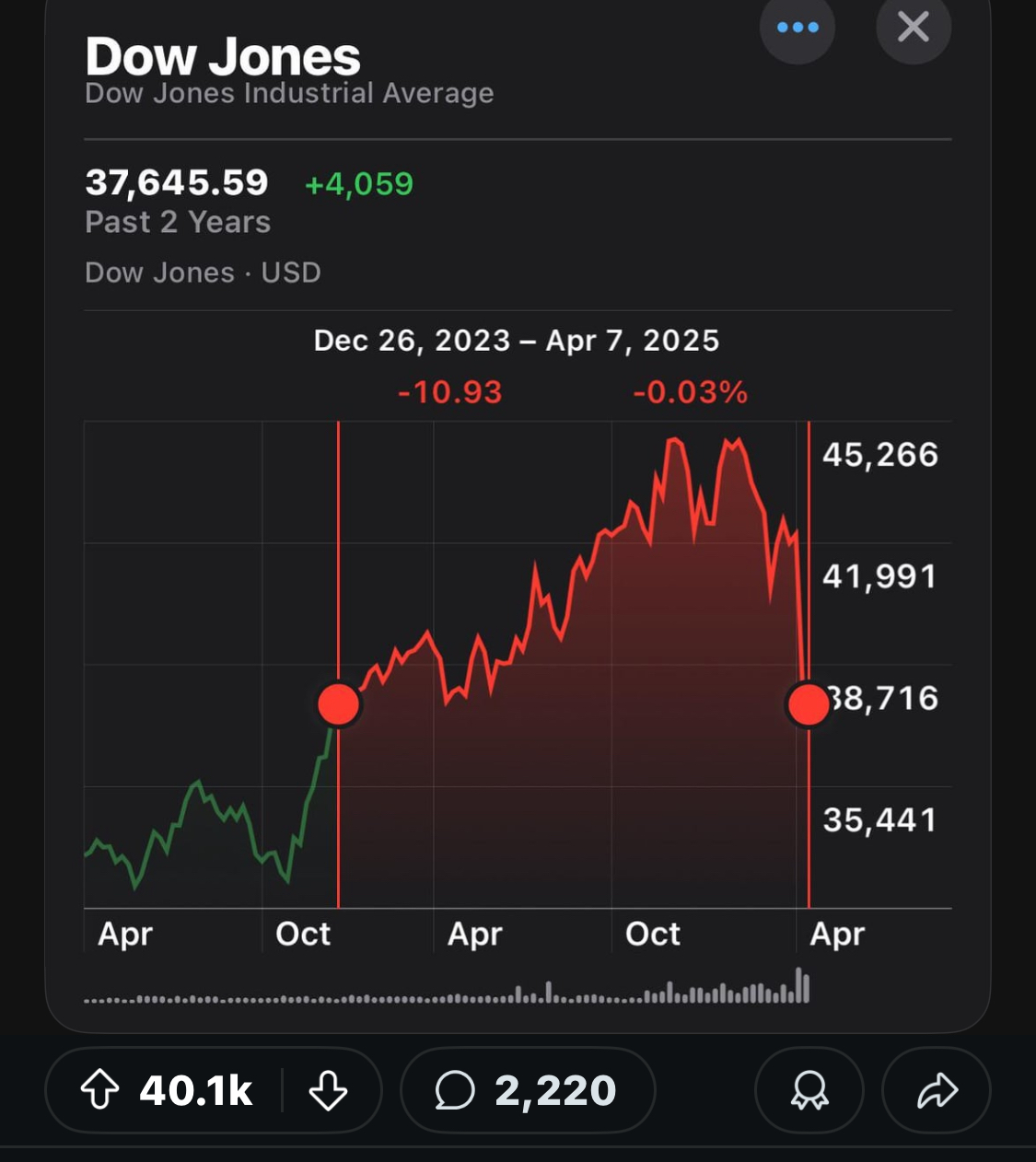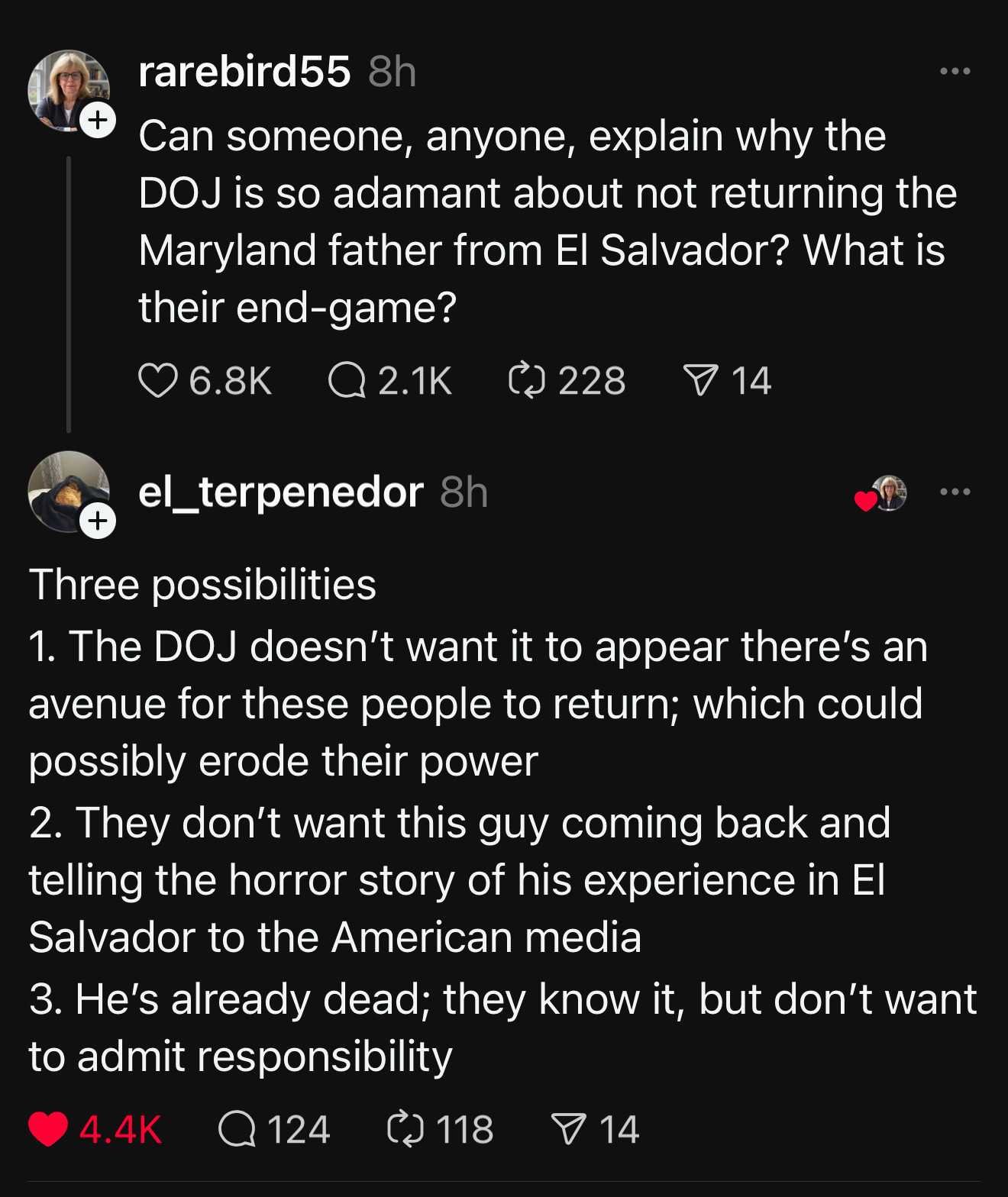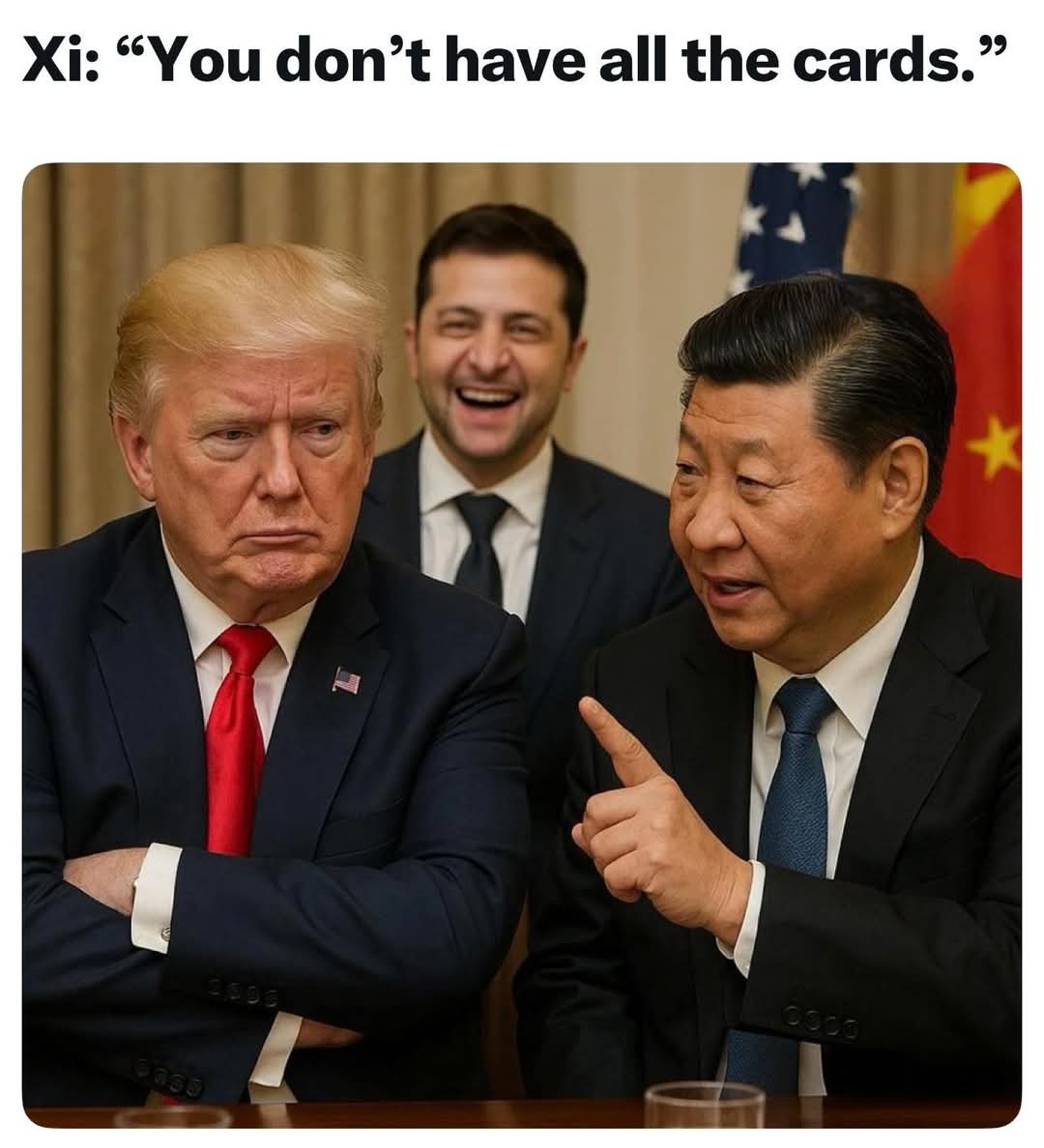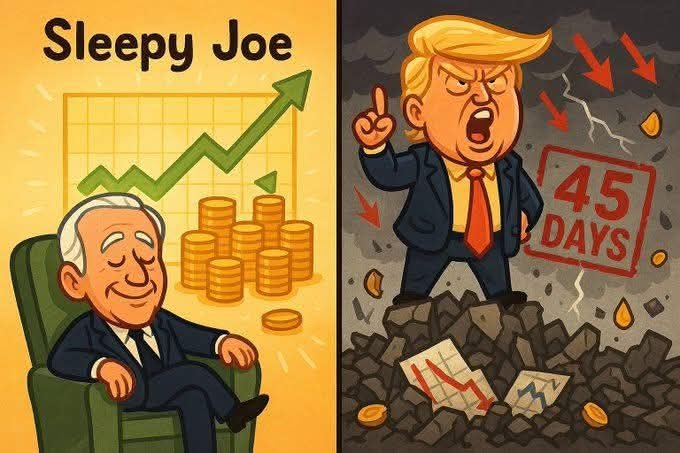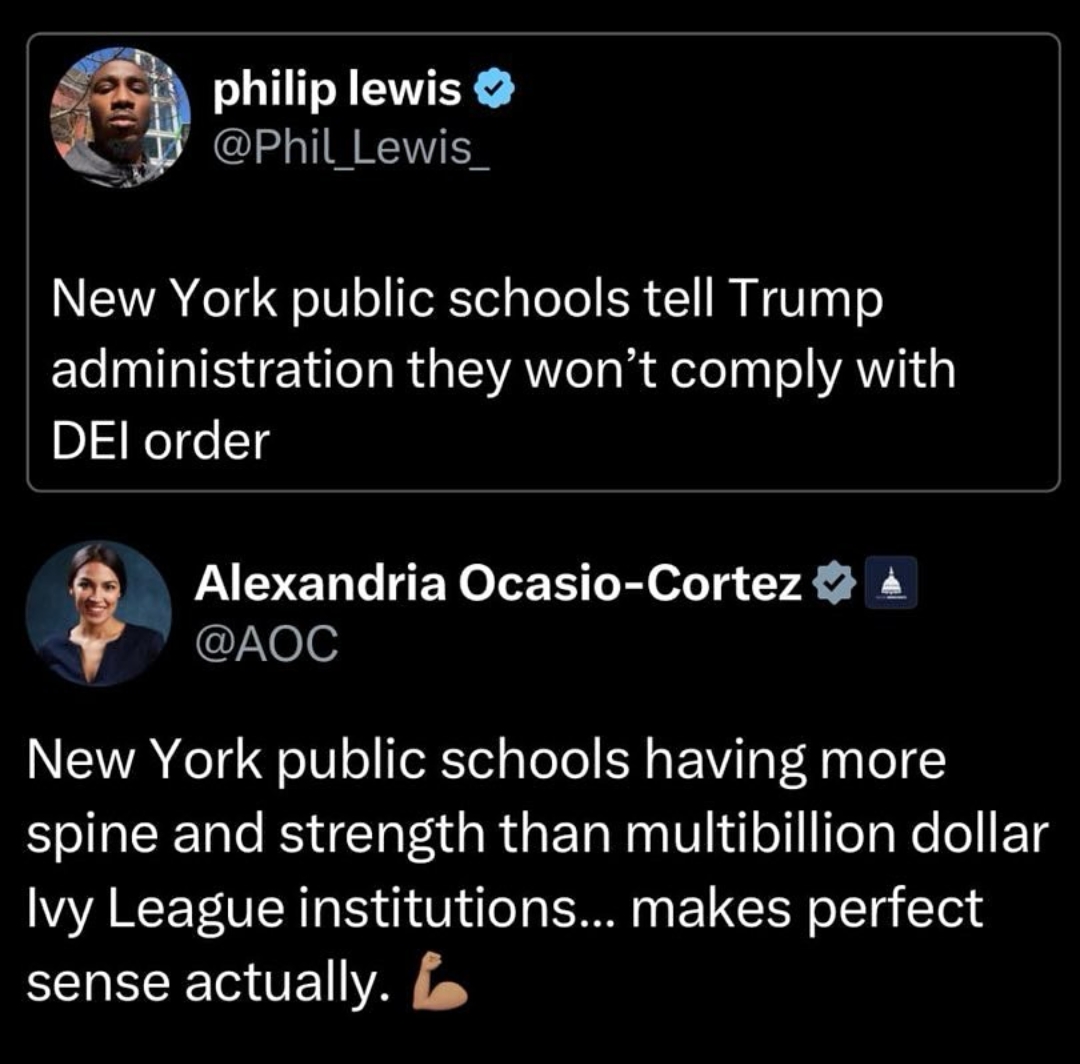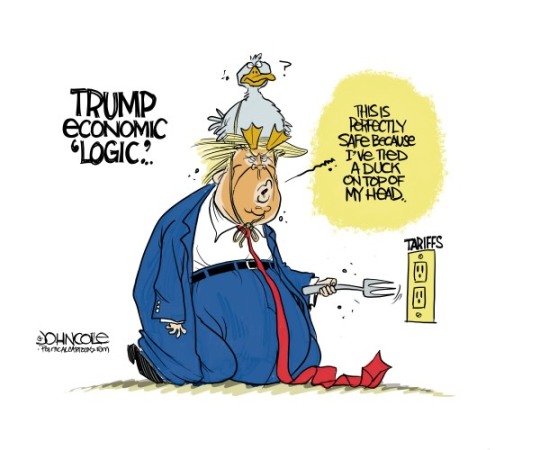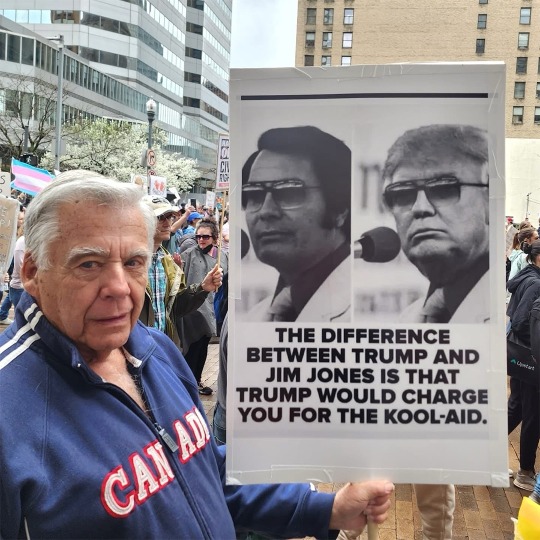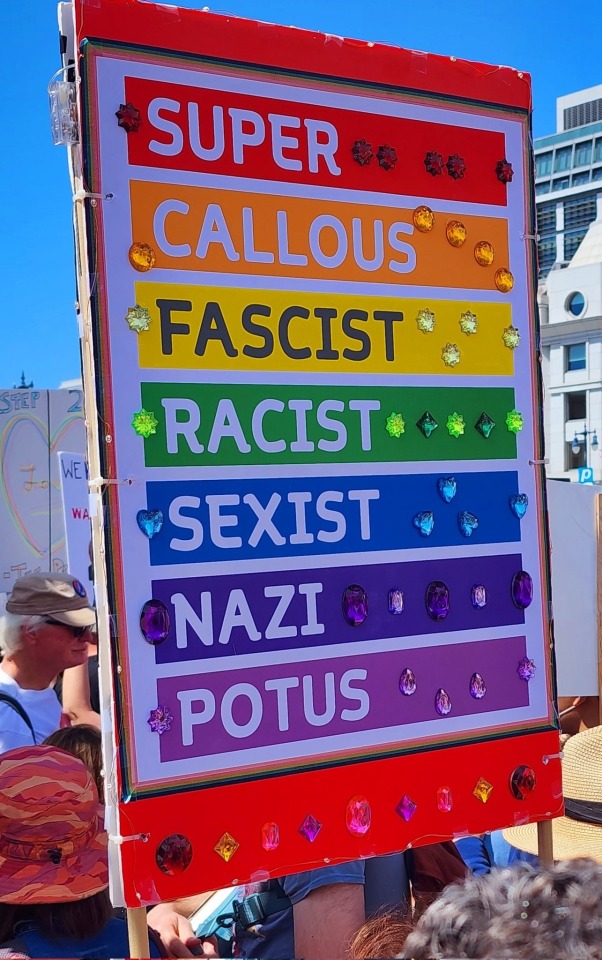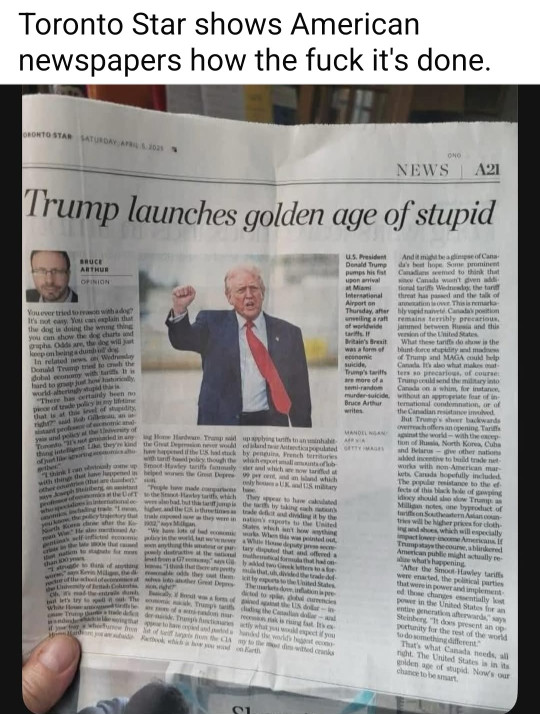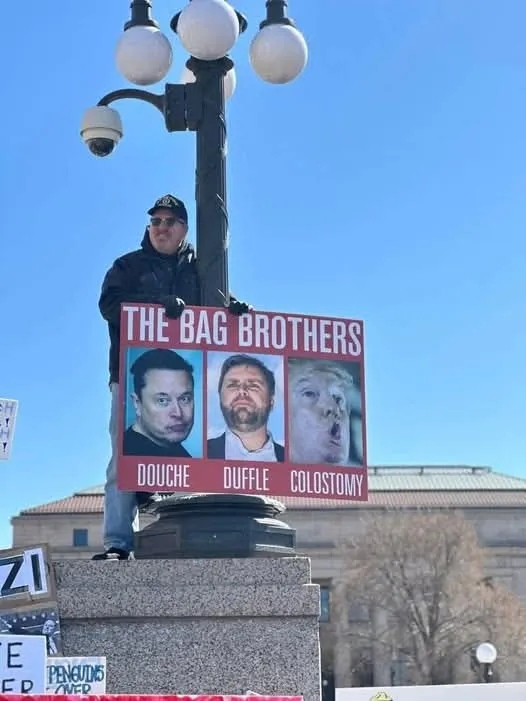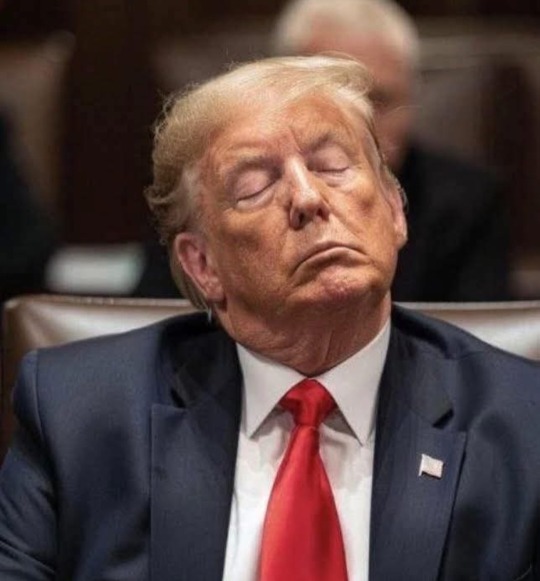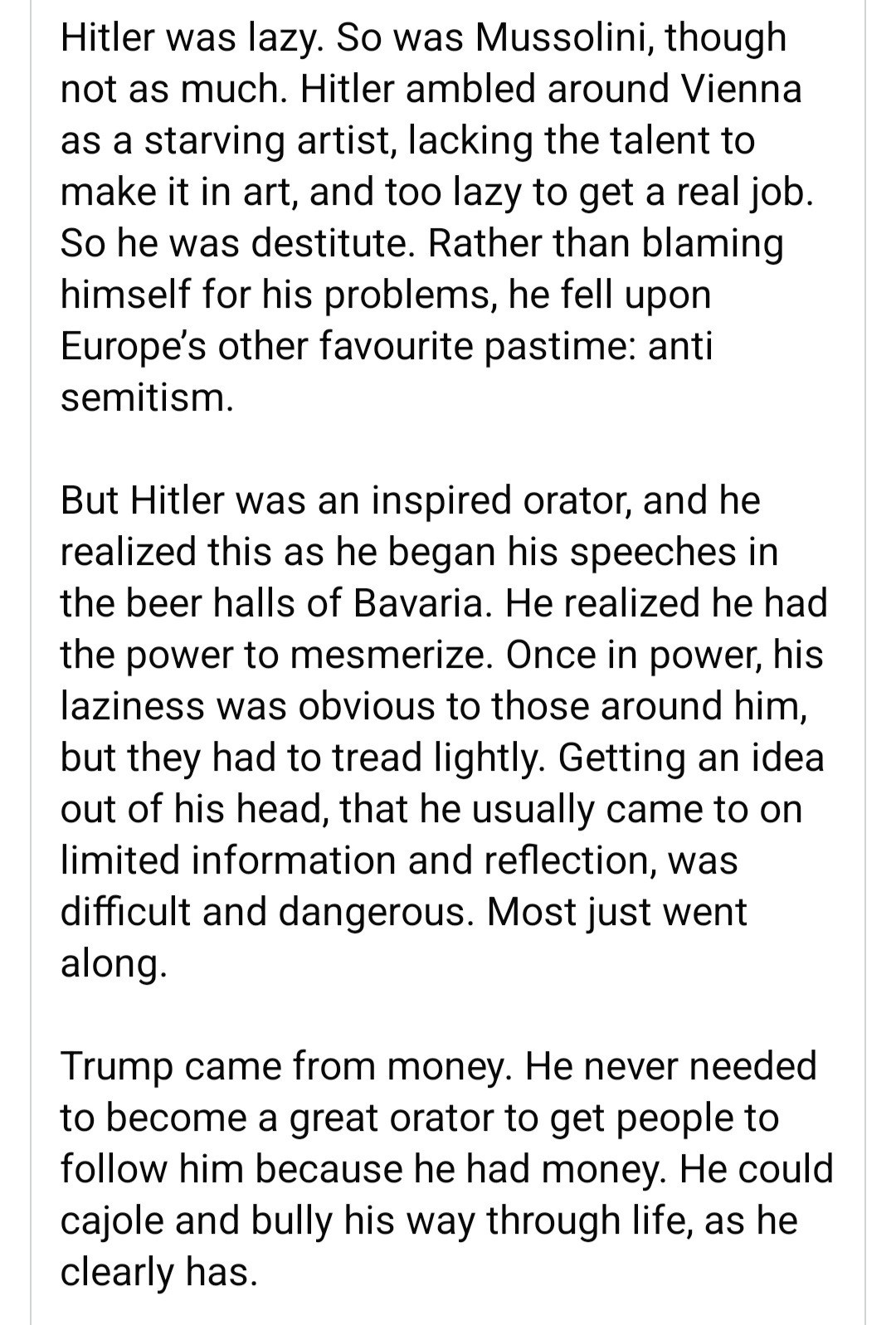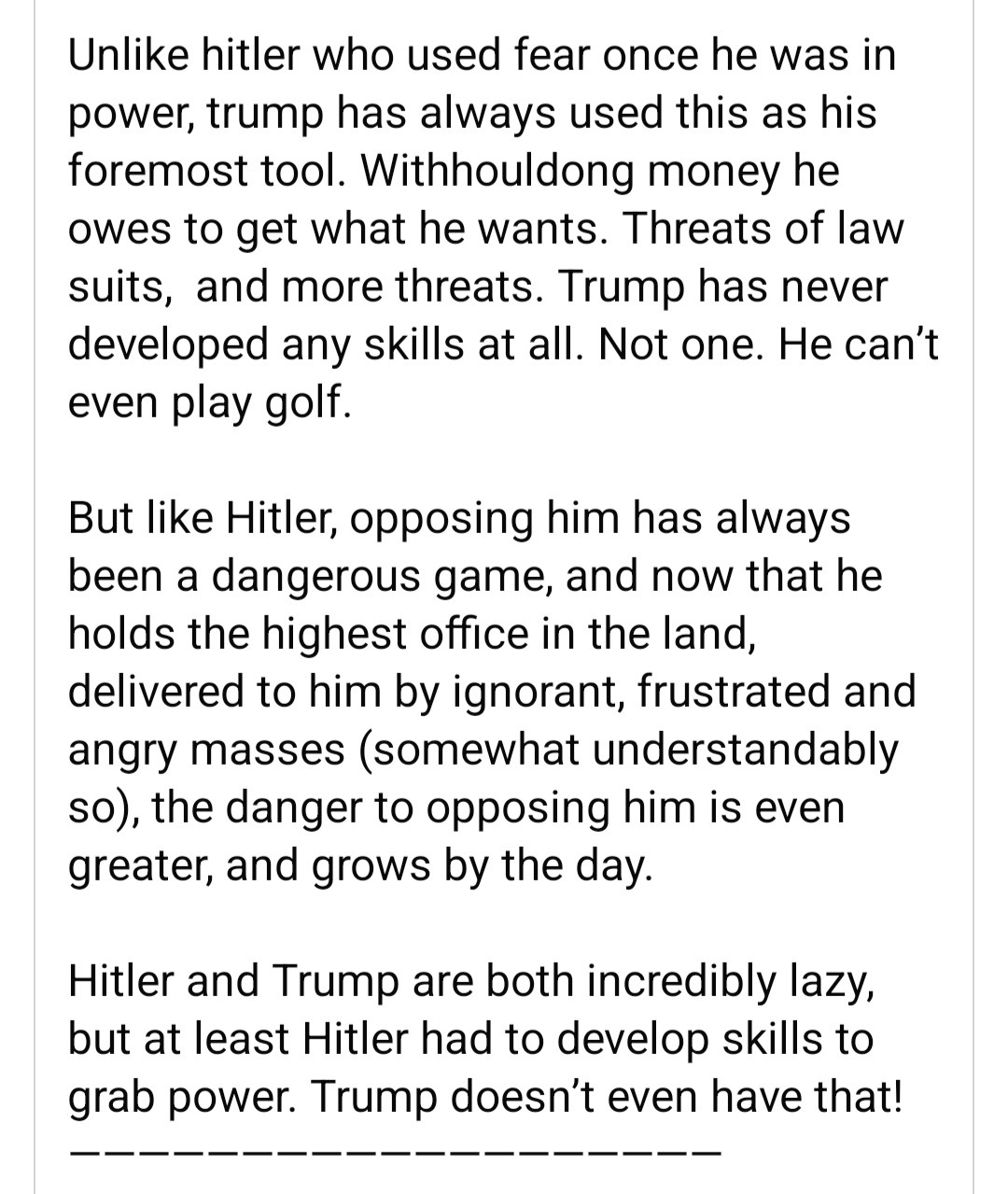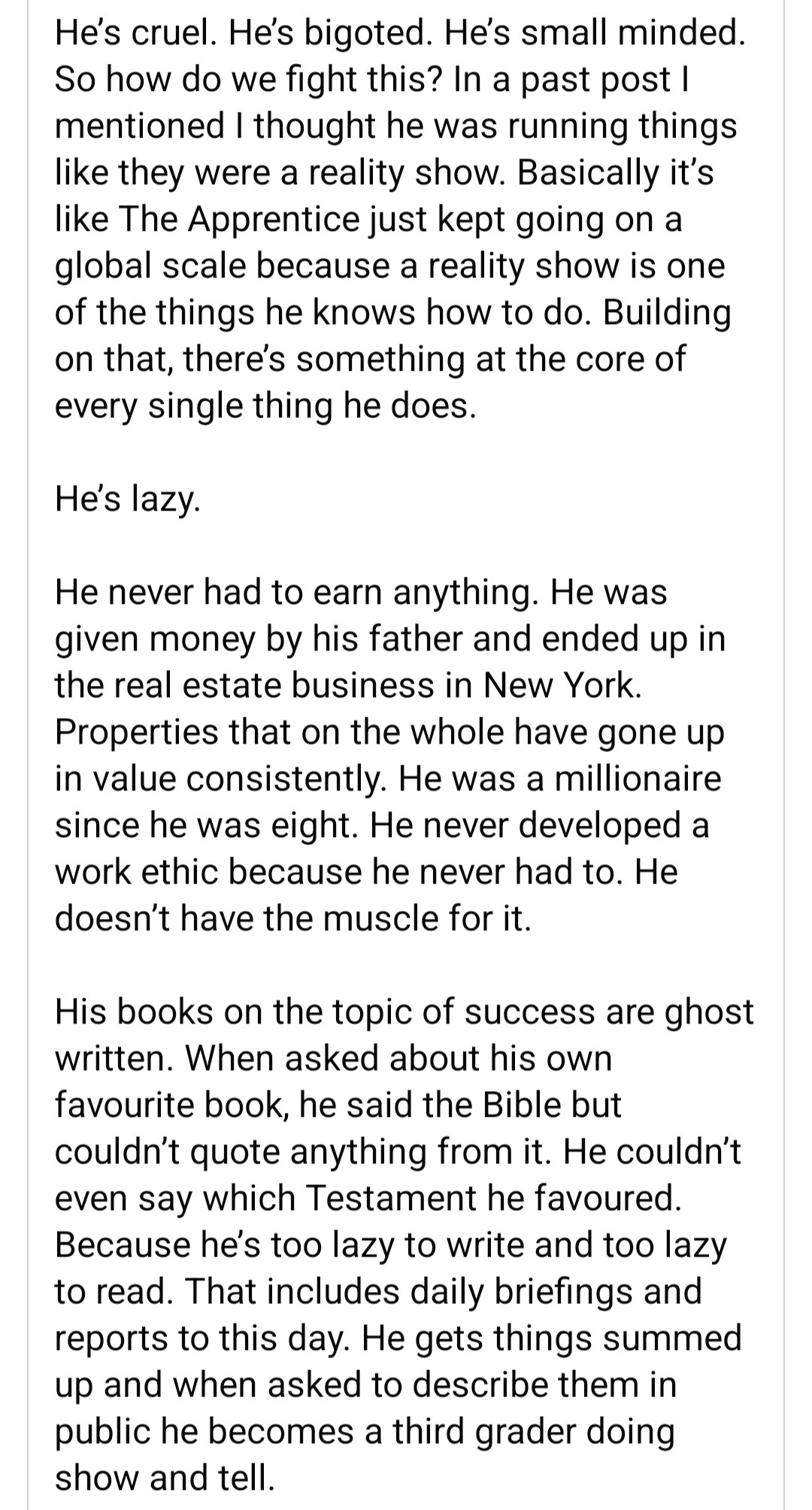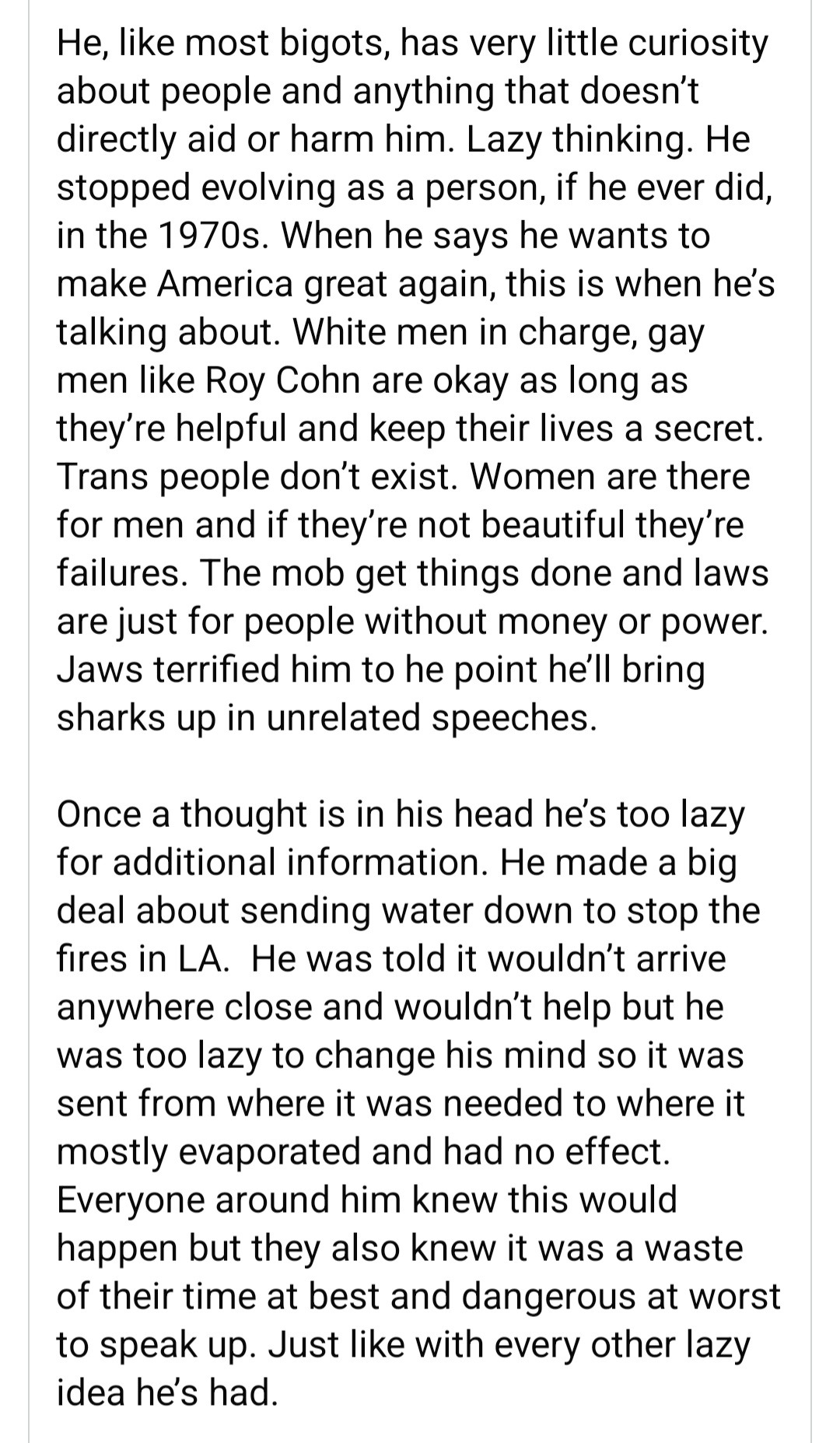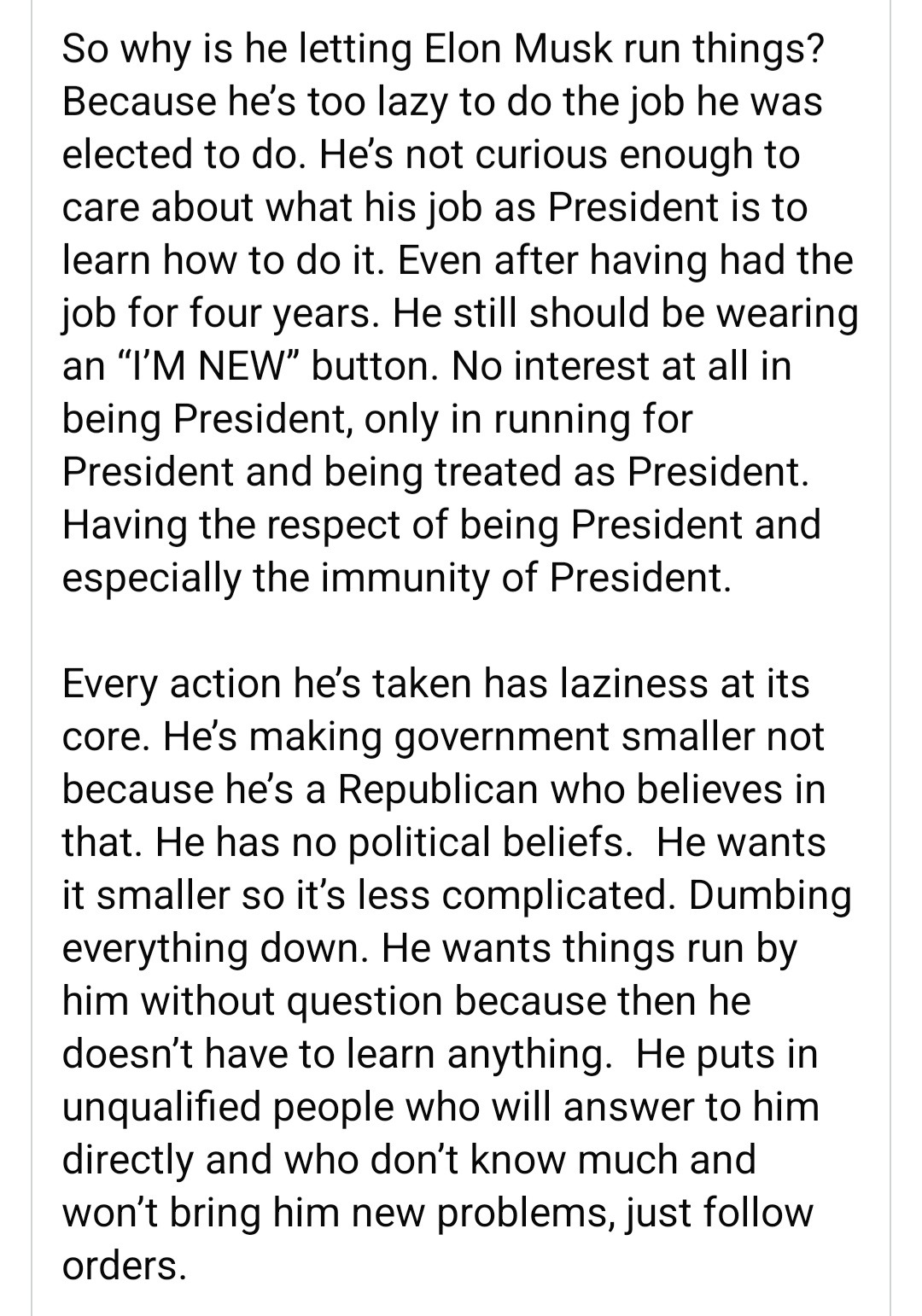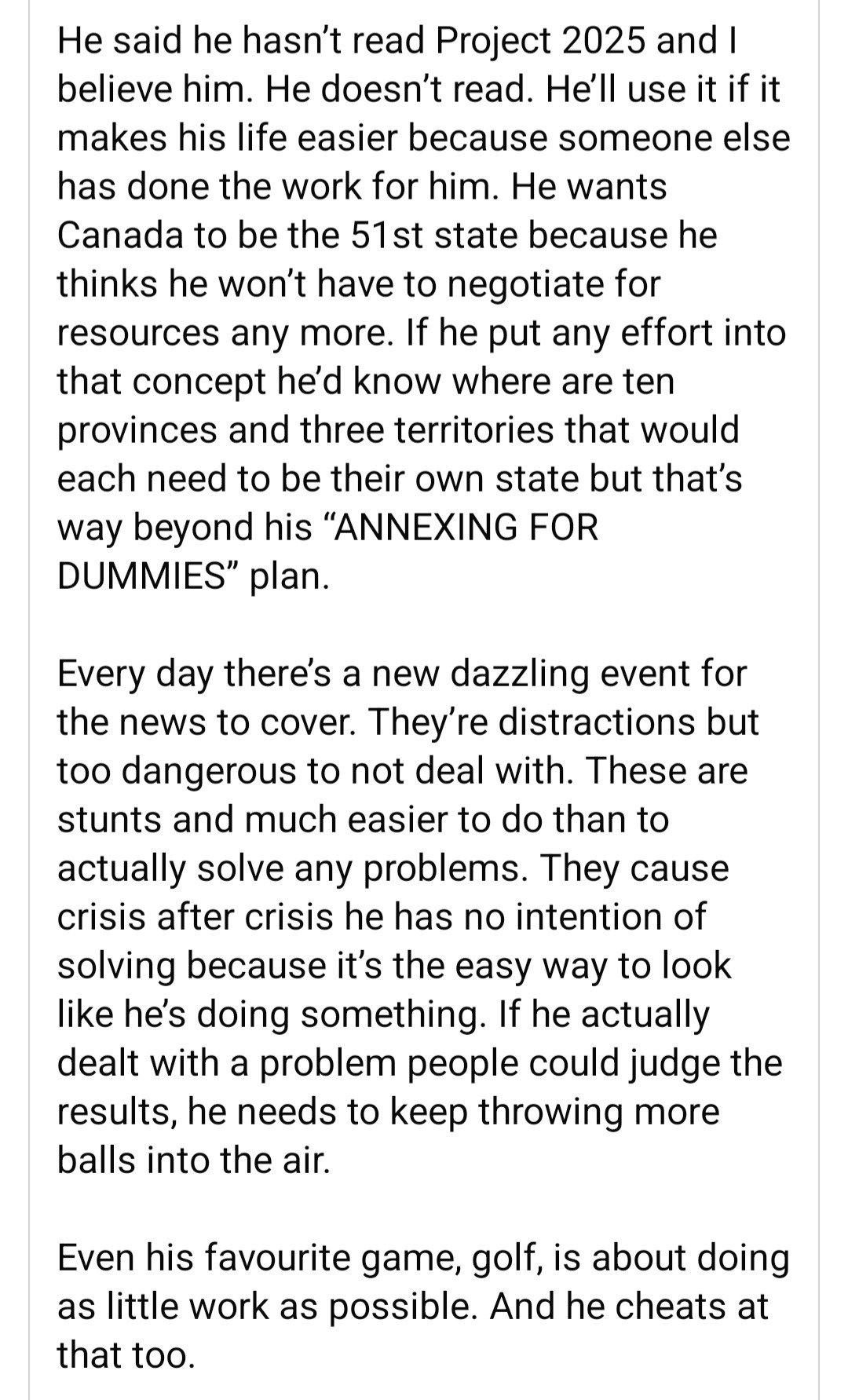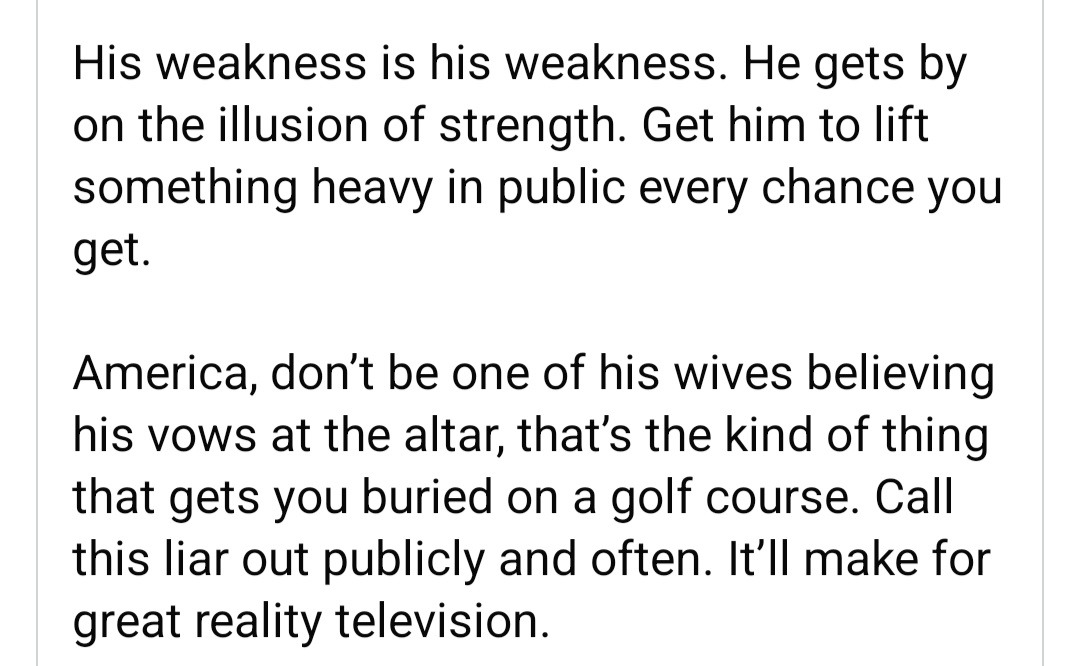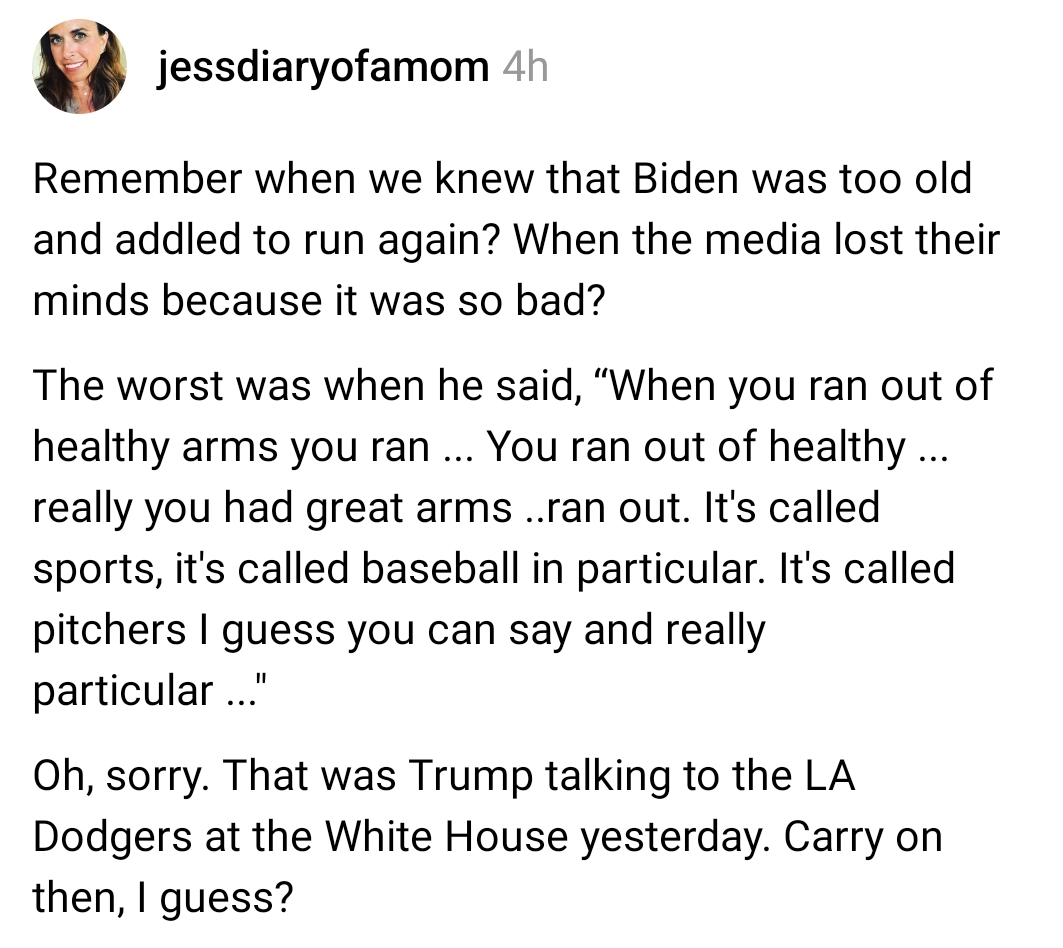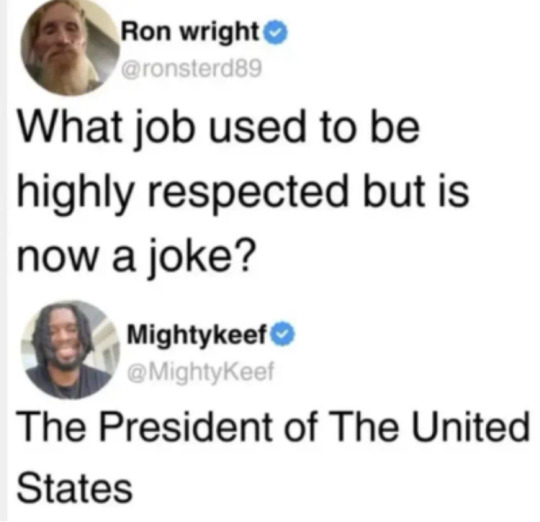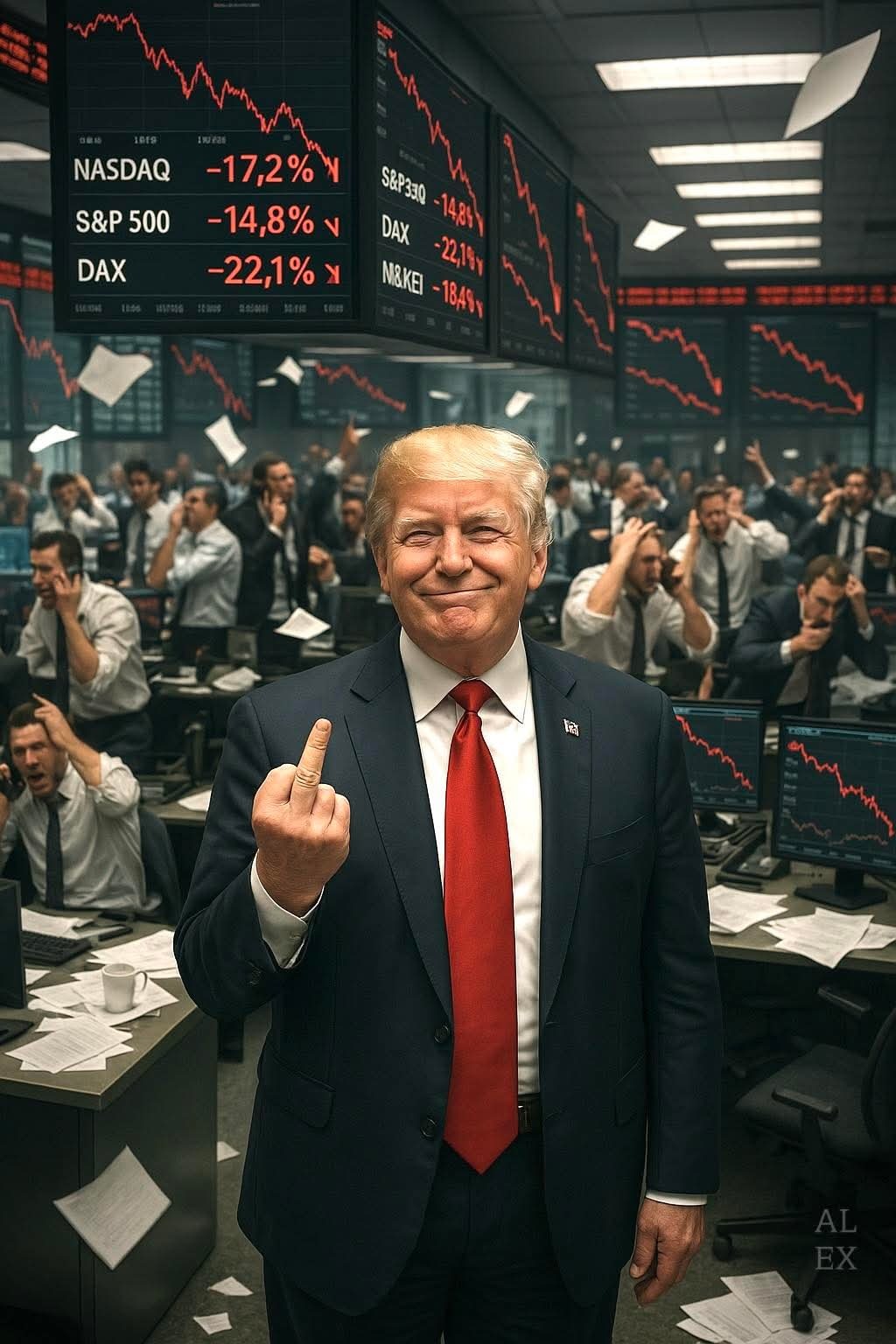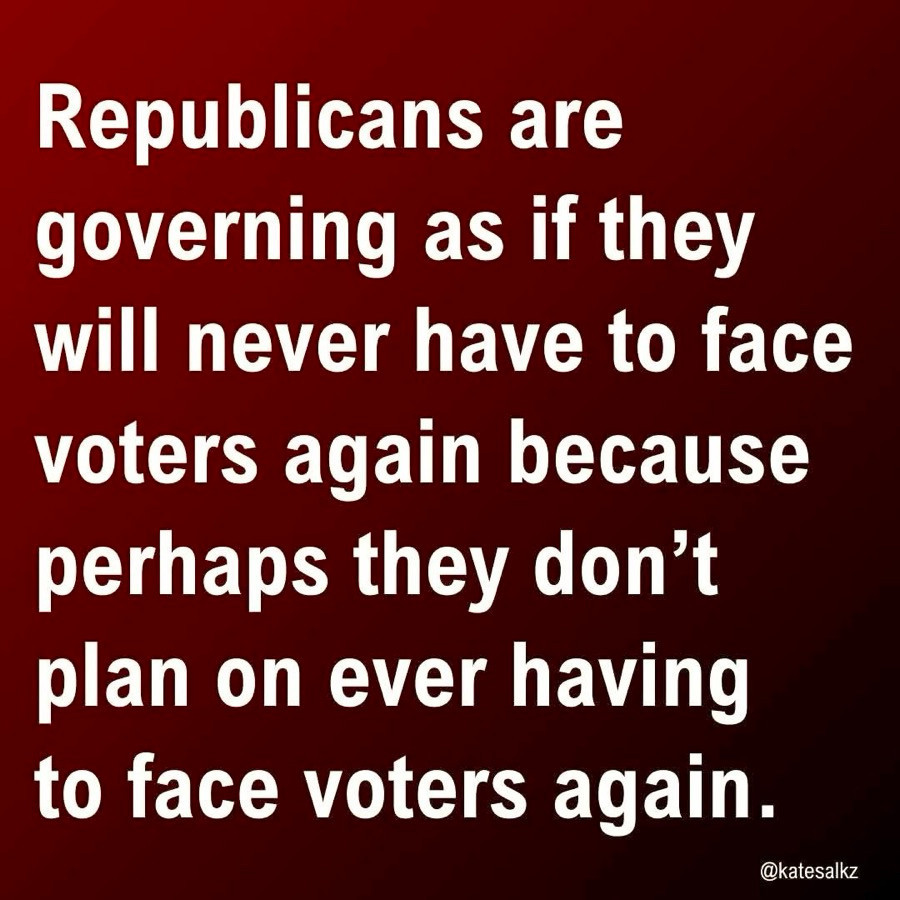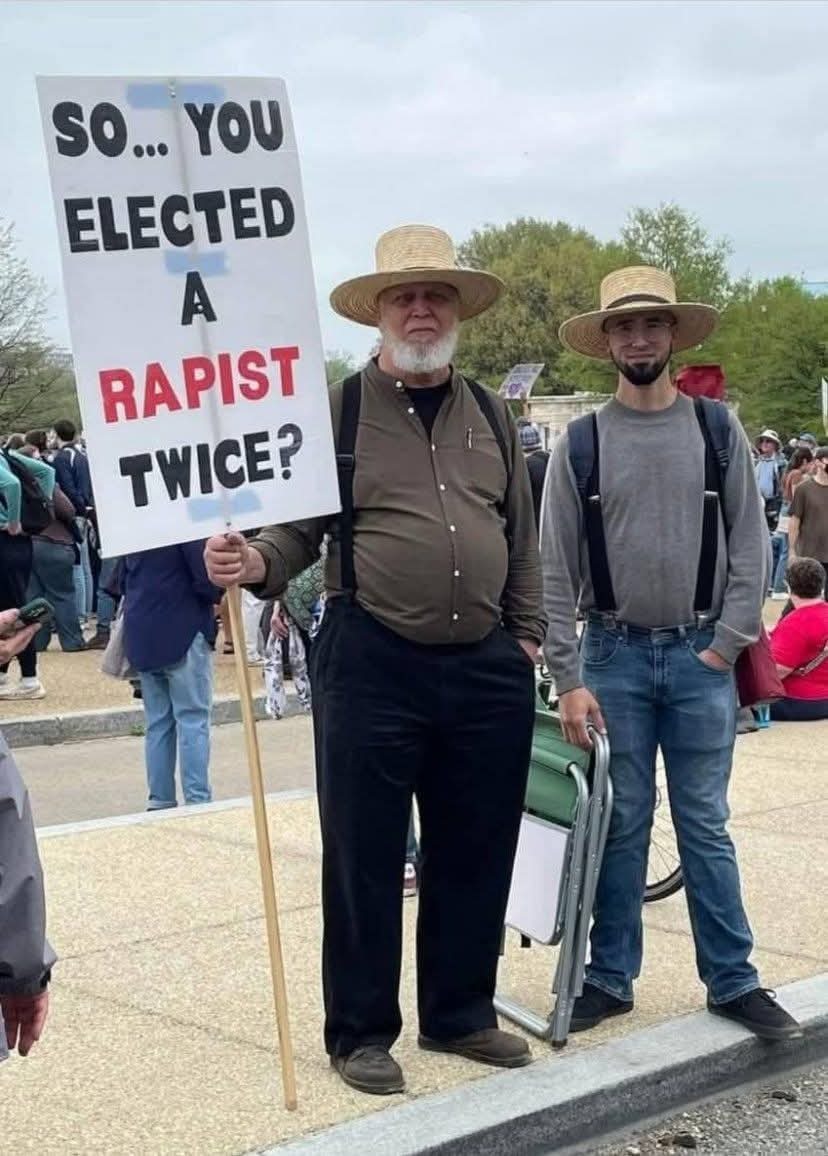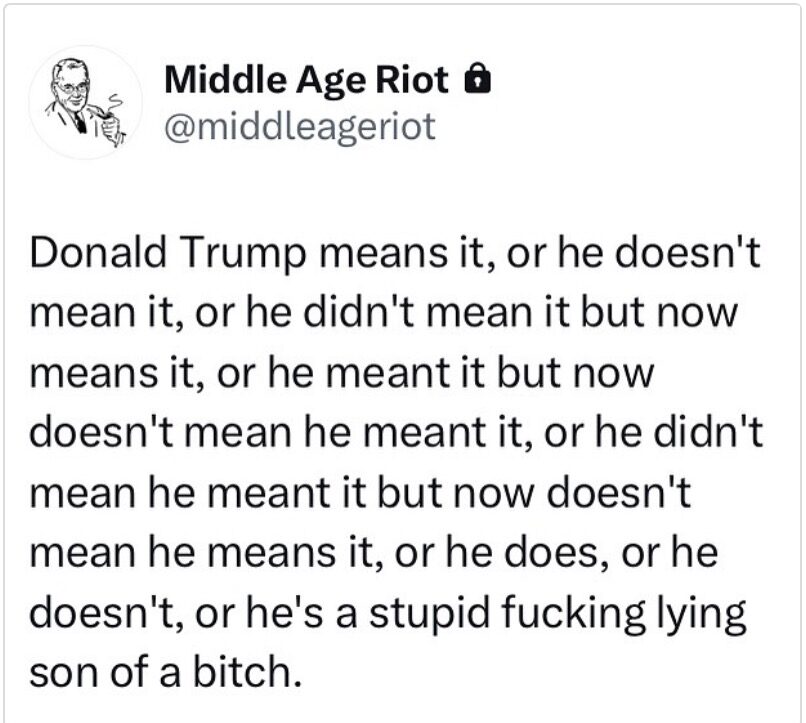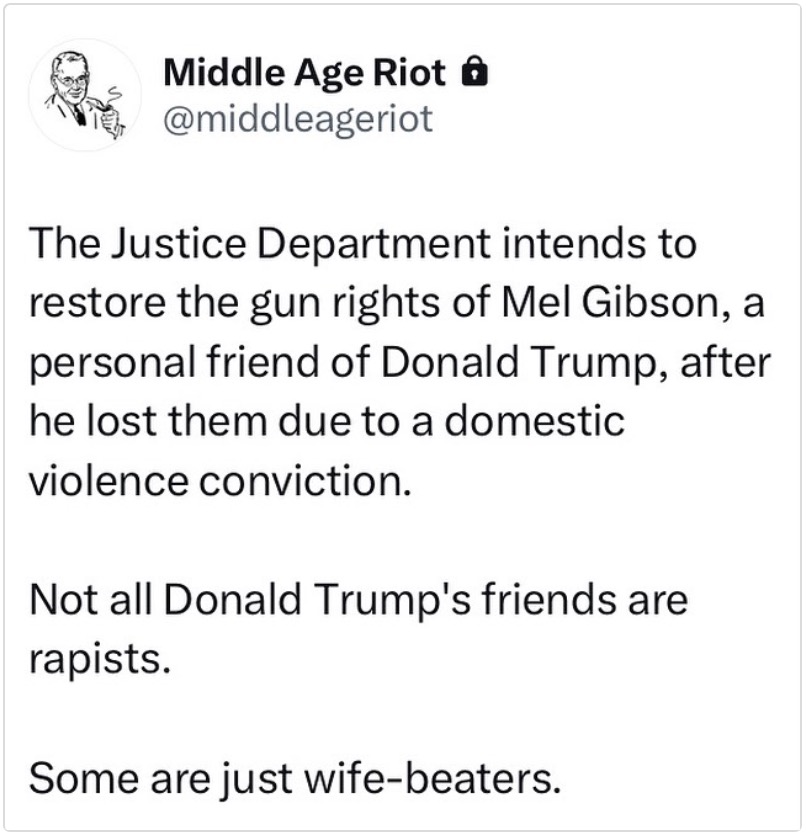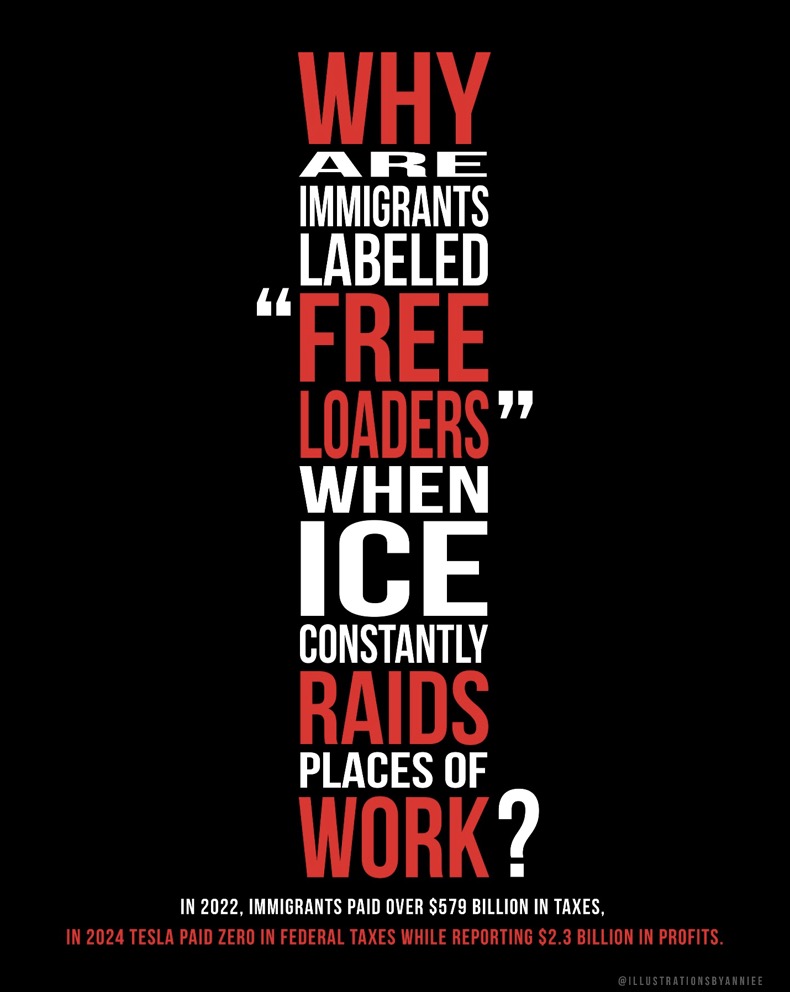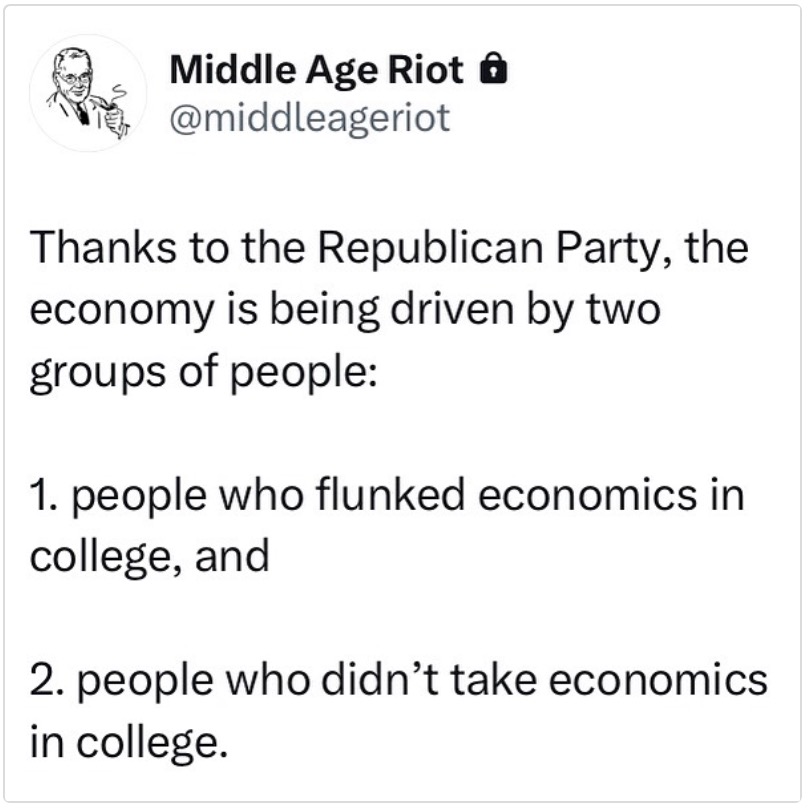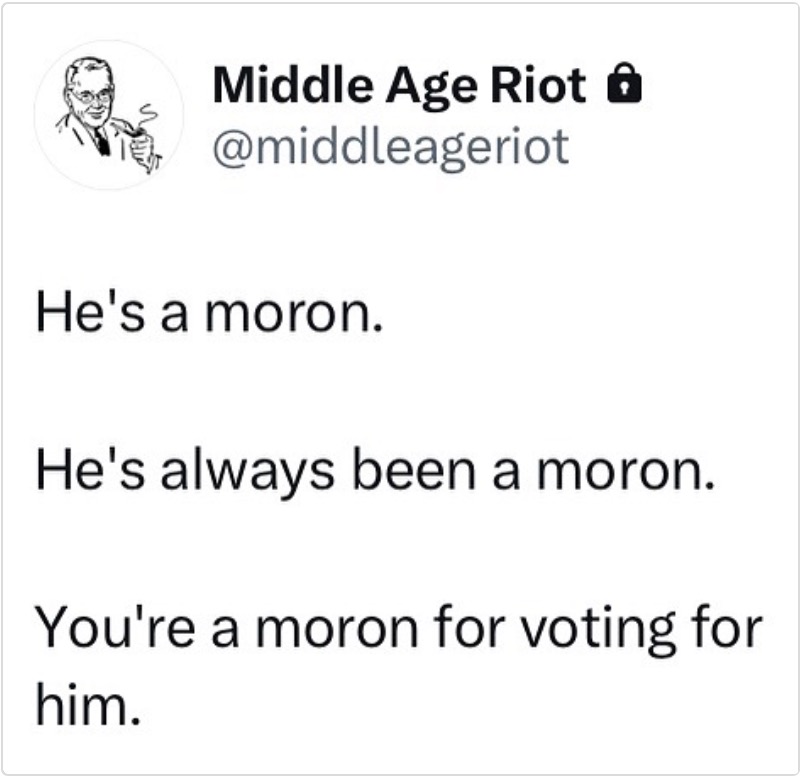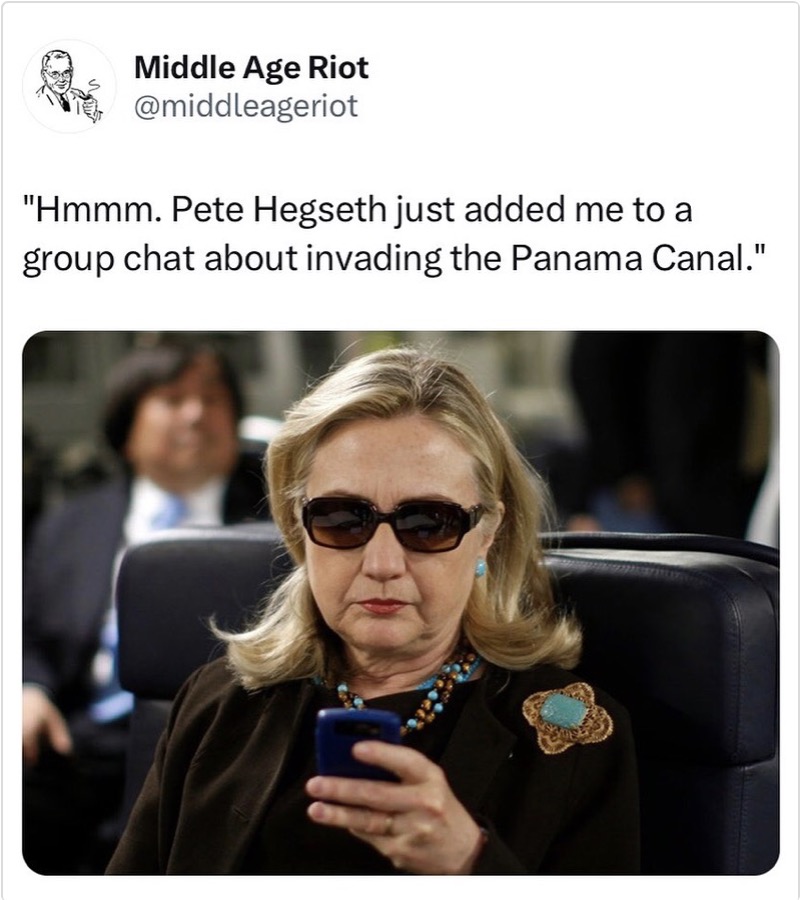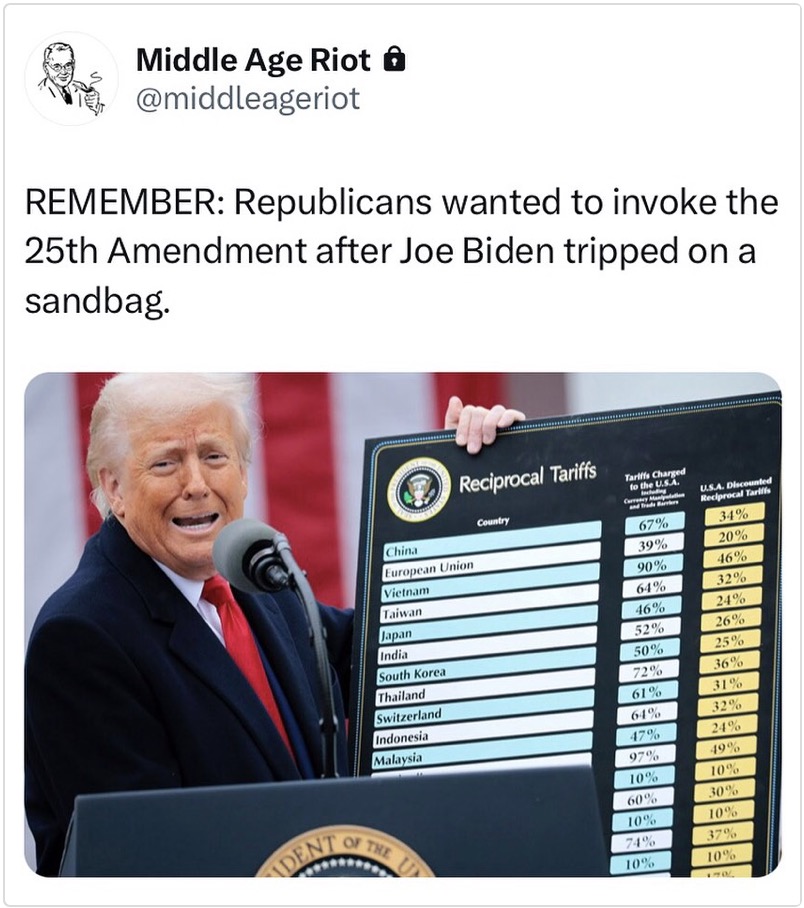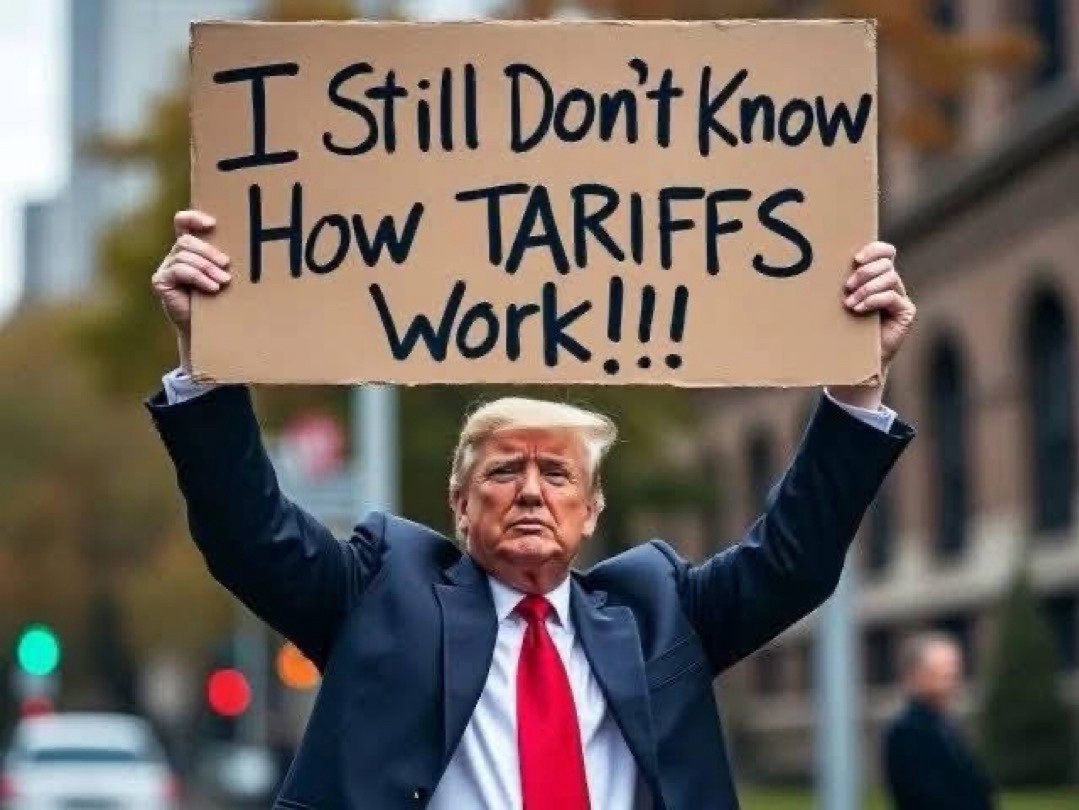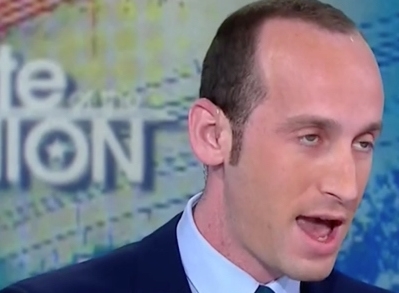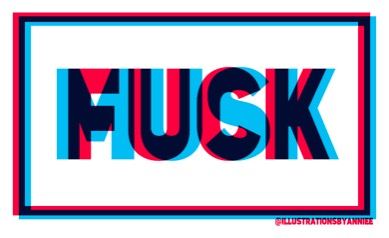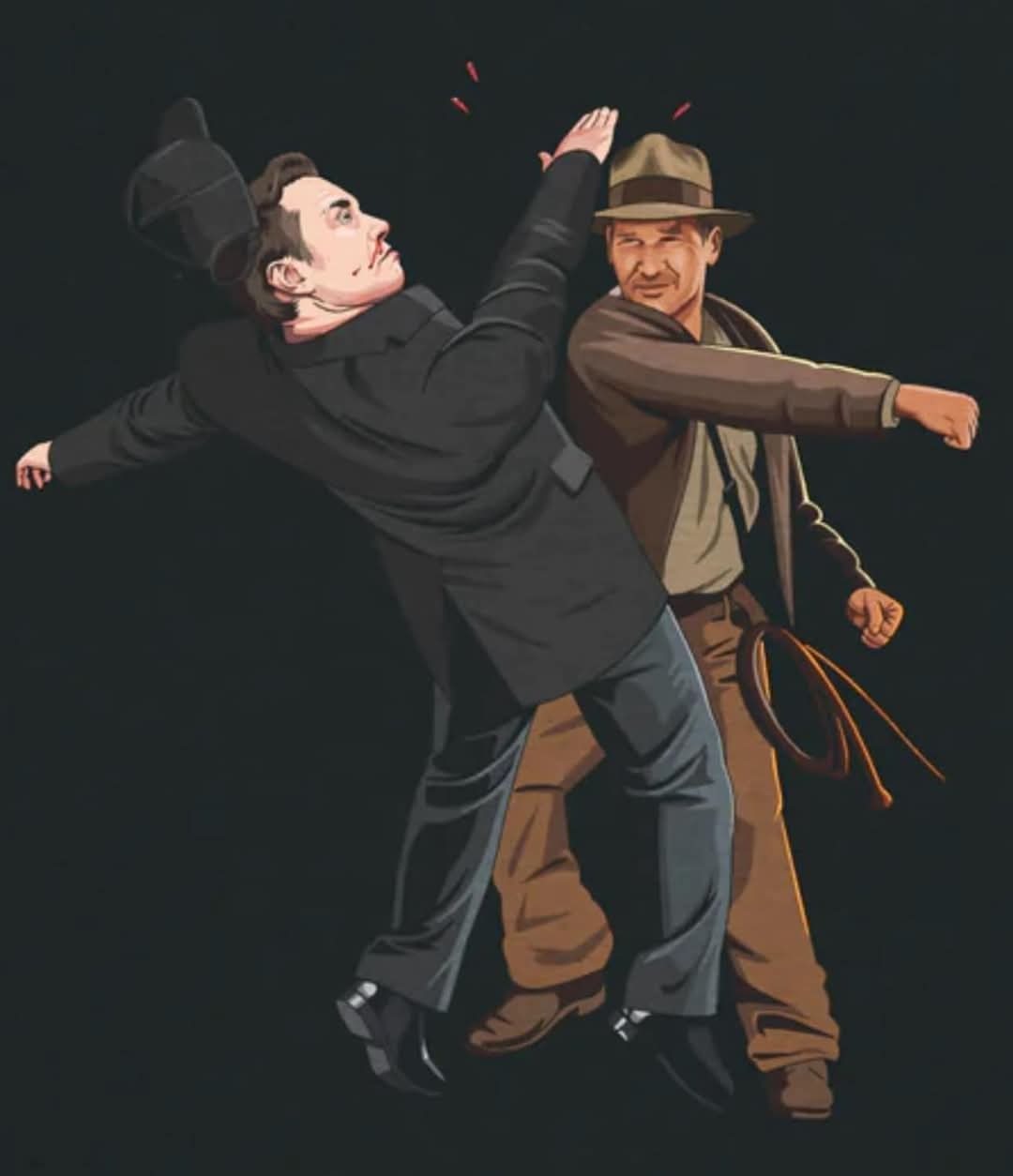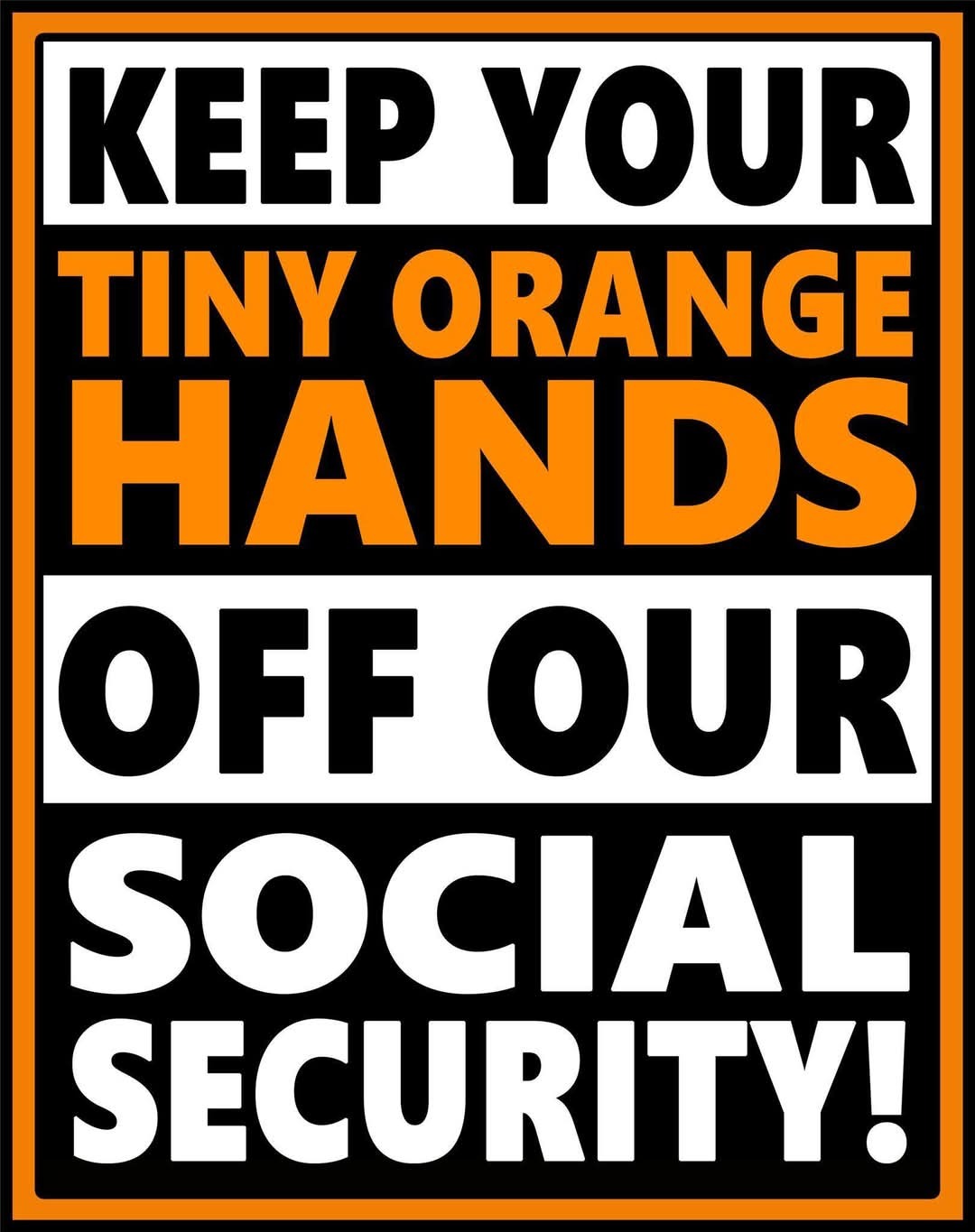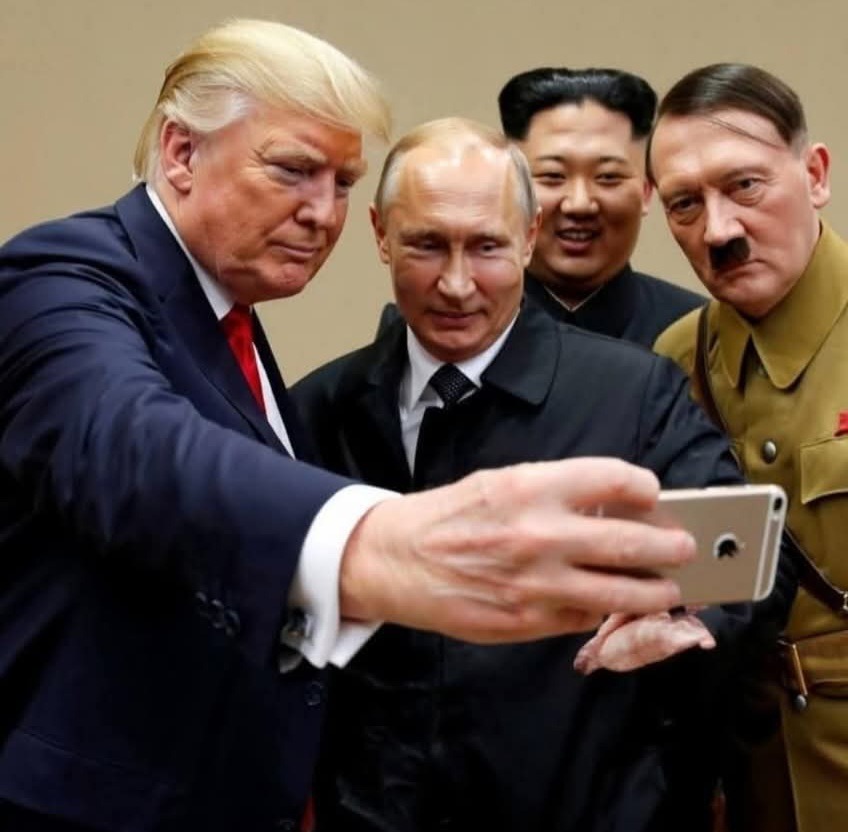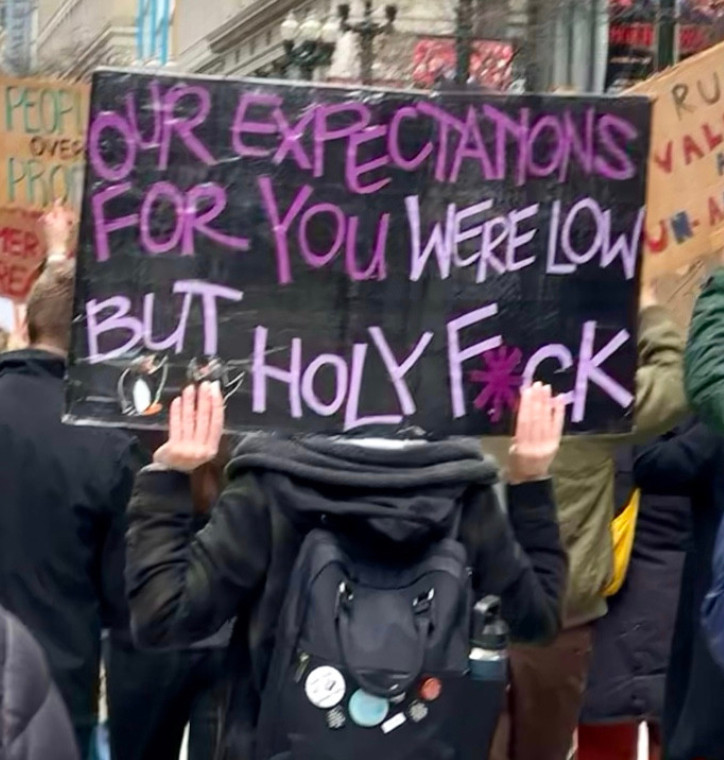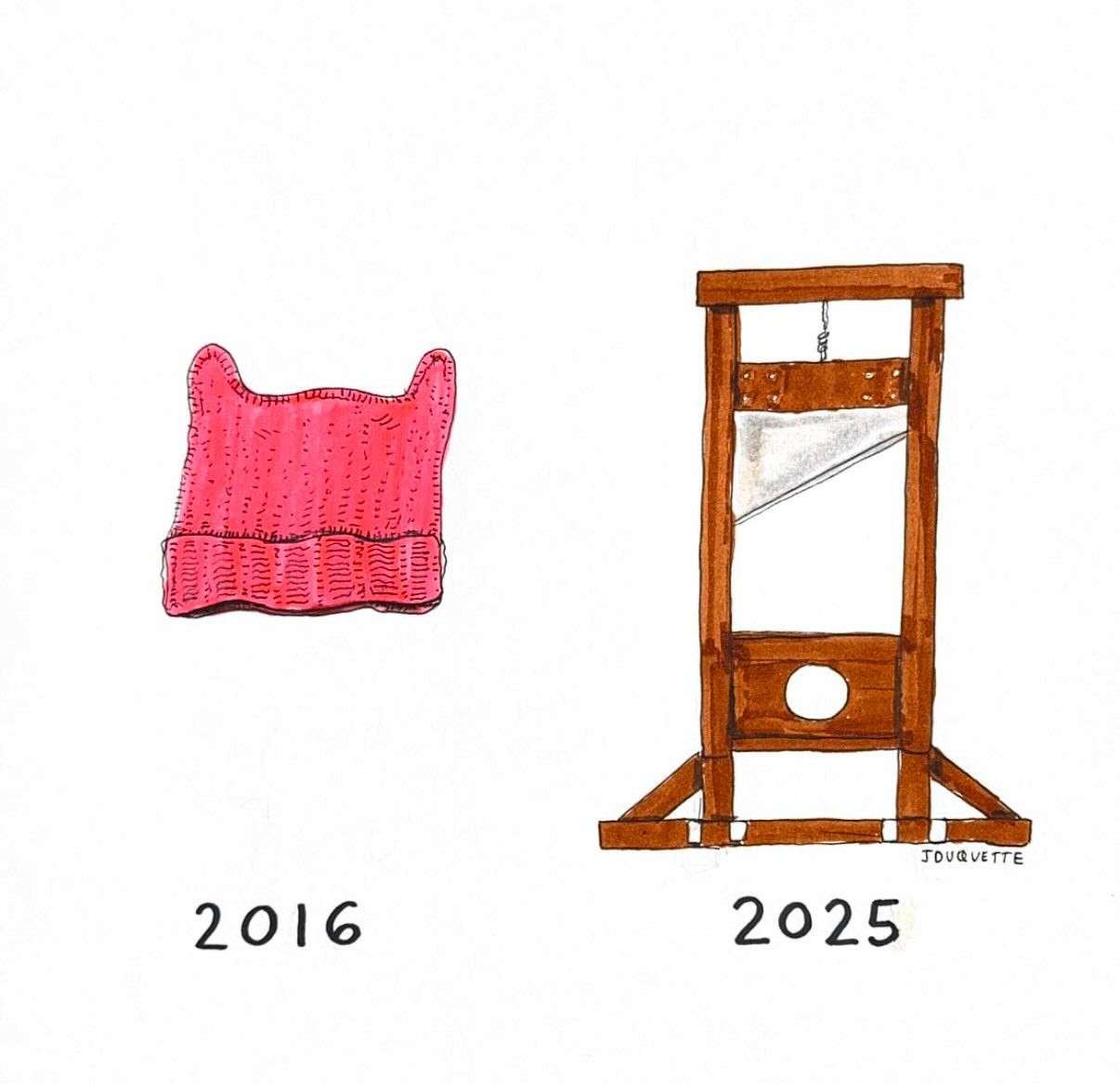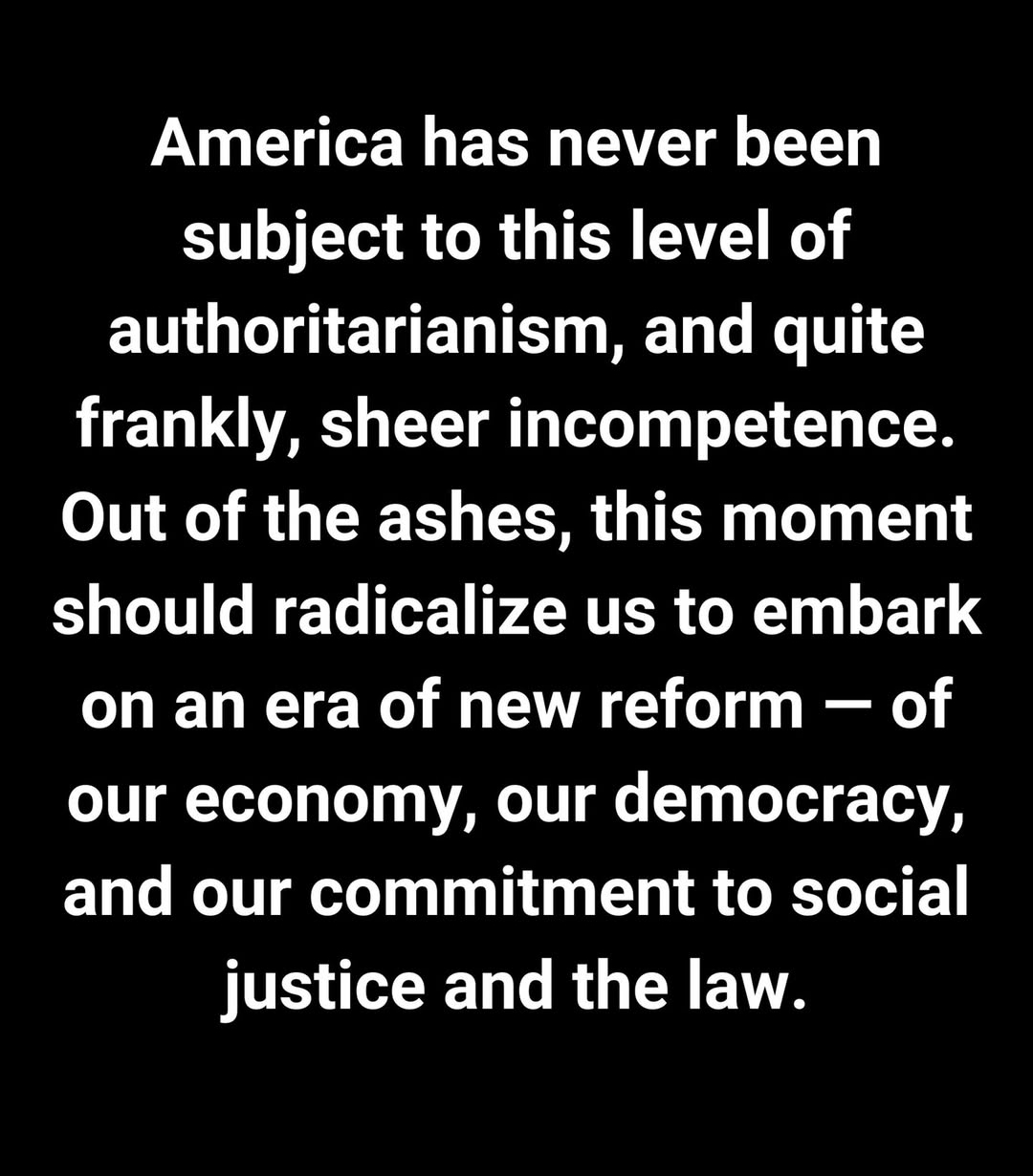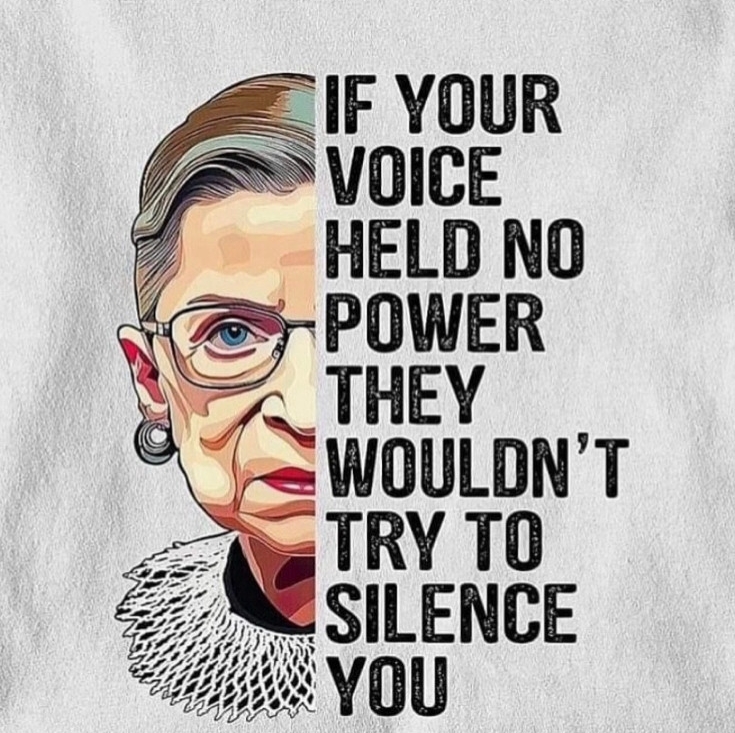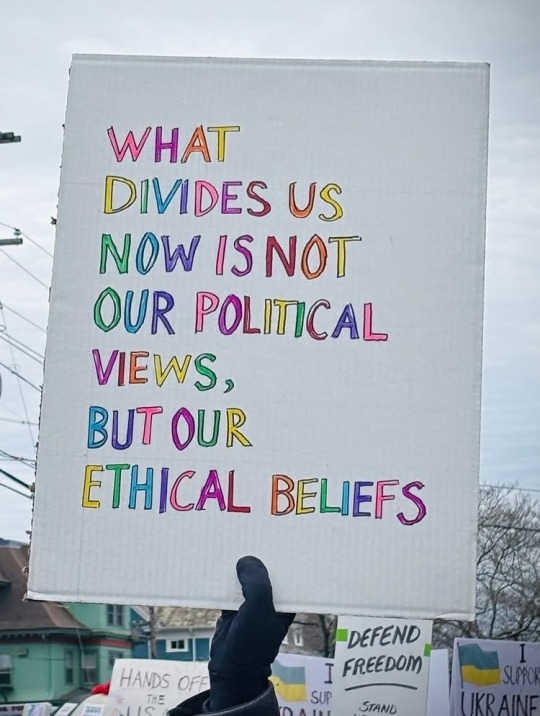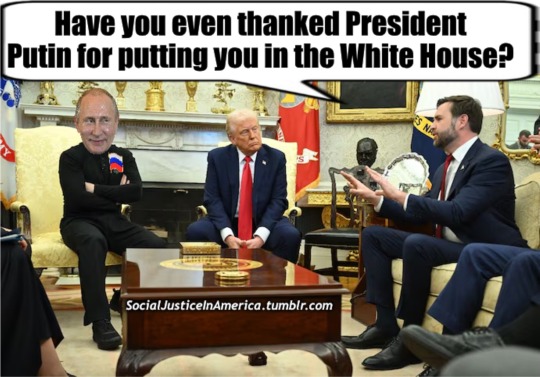From Jeff Tiedrich:
scenes from a crazypants interview
imagine a United States president so callous that he tells America's struggling small businesses to piss straight up a rope. imagine a president so out of touch that he tells Americans they're greedy shitwads for wanting things.
now imagine a president so fucking ignorant that he has no clue if he's supposed to uphold the Constitution or not.
actually, you don't have to imagine any of that shit — because yesterday, Donny Convict sat down with NBC News' Kristen Welker and actually blithered all those things.
here's a fun passage from the Oath of Office that every incoming president swears to uphold. keep it in your mind, because there's going to be a quiz later on.
"I do solemnly swear that I will faithfully execute the Office of President of the United States, and will to the best of my ability, preserve, protect and defend the Constitution of the United States."
got that? okay, here we go. now tell me if you think this is the most totally unhinged thing you've ever heard a president say.
Kristen Welker: "your secretary of state says everyone who's here, citizens and non-citizens, deserve due process. do you agree?"
Donny: "I don't know. I'm not a lawyer. I don't know."
Welker: "don't you need to uphold the Constitution as president?"
Donny: "I don't know."
oh. my. god. — he. doesn't. know.
folks, what did we just read in the Oath of Office, the one that Donny has now mumbled his way through twice?
SPOILER ALERT: YES YOUR LITERAL FUCKING JOB IS TO UPHOLD THE CONSTITUTION, IT'S RIGHT THERE IN THE OATH OF OFFICE YOU'VE TAKEN TWICE NOW. JESUS FUCKING CHRIST WHAT THE FUCK IS WRONG WITH YOU. IT'S LIKE TALKING TO A FUCKING WALL.
now here's me, typing out that not-tweet.
magine if Joe Biden had said he "didn't know" if he was supposed to uphold the Constitution. the entire Wingnut Outrage-Industrial Complex would have begun howling in unison about how Sleepy Joe had finally lost all his marbles and was unfit for office. MAGA would have rioted in the streets. Hannity would have shit hot roofing nails on live TV.
but Dear Leader professes blissful ignorance about his primary duty as president, and all we hear from Republicans is deafening sounds of crickets.
because it's a cult.
now here's the guy who shits into a golden toilet, taking you to task for wanting too many things.
Welker: "you were at your cabinet meeting, and you said — I'm going to quote you — 'maybe the children will have two dolls instead of thirty dolls. and maybe the two dolls will cost a couple of bucks more than they would normally.' are you saying that your tariffs will cause some prices to go up?"
Donny: "no, I think tariffs are going to be great for us, because it's gonna make us rich."
Welker: "but you said some dolls are going to cost more, isn't that an acknowledgement that some prices will go up?"
Donny: "I don't think a beautiful baby girl that's eleven years old needs to have 30 dolls. I think they can have three dolls or four dolls … they don't need to have 250 pencils. they can have five."
ok, so the "beautiful baby girls" only get three or four dolls now — but what about the baby girls who aren't beautiful? can we let the heinous ones grab a few extra dolls, as, y'know, sort of a consolation prize?
three or four dolls, and five pencils. in just four months we've gone from the world's greatest economy to forced rationing, with Dear Leader making kingly pronouncements as to who deserves how much of what.
hey, how many shithole golf motels does each American get to own? because I'm thinking more than one is too many.
let's take a wander down memory lane.
in 1977, a sweater-clad Jimmy Carter went on TV, and asked Americans to turn their thermostats down a couple of degrees — and the entire country lost its mind.
how dare this fuckface peanut farmer tell us that we can't have everything? it's our God-given right as Amurricans to consume as much as we want.
right now, there are MAGA morons who have rigged their trucks to belch out as much soot and thick grey exhaust fumes as possible. they call it "rolling coal." why do they do this? because fuck you, that's why. nobody tells MAGA to conserve.
but mark my words: at the next family cookout, your drunk uncle — the one whose TV is permanently tuned to Fox News — is going to corner you, and tell you that your kid has too many pencils.
because it's a fucking cult.
meanwhile, while you're making do with your government-approved two dolls and five pencils, Donny's planning to take forty-five million dollars and flush it straight down the shitter.
he's spending it on a gaudy emotional support parade for his birthday — just like the kind they have in North Korea.
because America is now a third-world autocracy led by a fragile pit of need.
hey, instead of a parade, how about this draft-dodging coward lay wreaths on the graves of the five soldiers who took his place in Vietnam, and maybe mutter a few words of thanks to the quack doctor who ginned up that bullshit note about imaginary bone spurs that allowed Donny to get those five deferments. it'd be a lot cheaper, and we'll even let him do a fucked-up graveside thumbs up.
Donny has a message for America's small businesses, and that message is go fuck yourselves.
Welker: "are you considering tariff relief for small businesses?"
Donny: "why do you always mention that, you know — you pick up couple of little businesses. what about the car business? they're going to make a fortune."
yeah, commie. what about the giant corporations? what about the plutocrats?
I guarantee that right now, some MAGA dipshit with a persistent cough is driving a crappy car on crumbling roads past abandoned storefronts to a low-paying job and pumping his fist and going "hell yeah!" as he listens to some dime-store Rush Limbaugh knockoff explain that billionaires have been getting a raw deal in America, and Dear Leader is going to fix that.
because — say it with me — it's a fucking cult.
I'm so old, I remember a woman who campaigned on the promise to help Americans start their own small businesses.
whatever happened to her? all I can recall is that she had a funny laugh and couldn't prove she worked at McDonald's, so I guess America was right to kick her to the curb.
the stupid. it just fucking burns.
Welker: "when does it become the Trump economy?"
Donny: "it partially is right now, and I really mean this. I think the good parts are the Trump economy and the bad parts are the Biden economy."
I don't know how Kristen Welker kept herself from blurting 'what the fuck is wrong with you,' throwing her notes to the floor, and walking out.
and finally, last night, aboard Fuckface Force One, on his way back from Motel-a-Lago, Donny held a press gaggle.
"all costs are down. everything is down, other than the uh thing you carry the babies around in."
that thing you carry the babies around in — you know. that thing. what the fuck is it called? a shover? a pushinator?
could someone please get Sundowning Grandpa Befuddlepants a pudding cup, and help him to bed?
oh yeah, this fucking country is in great hands.
